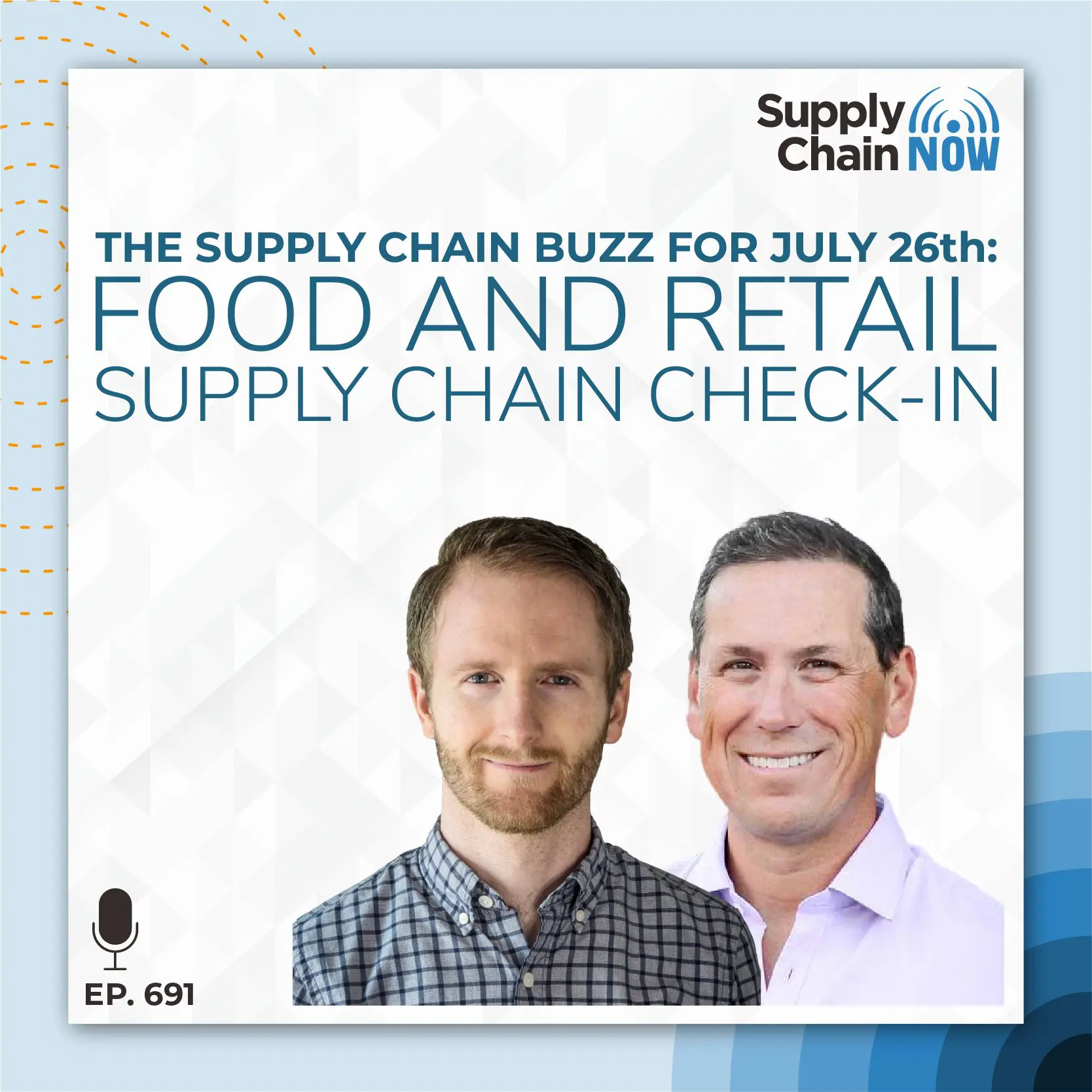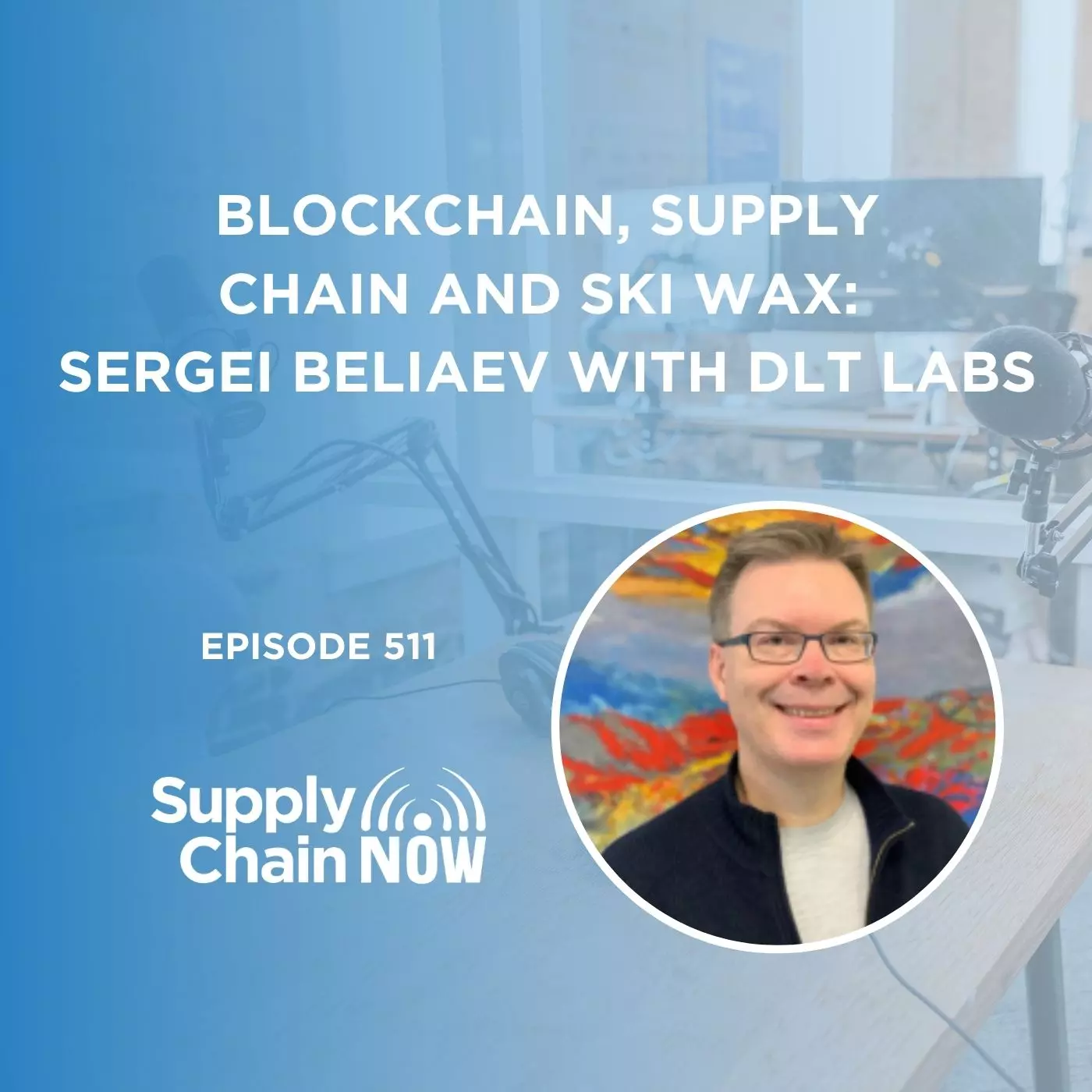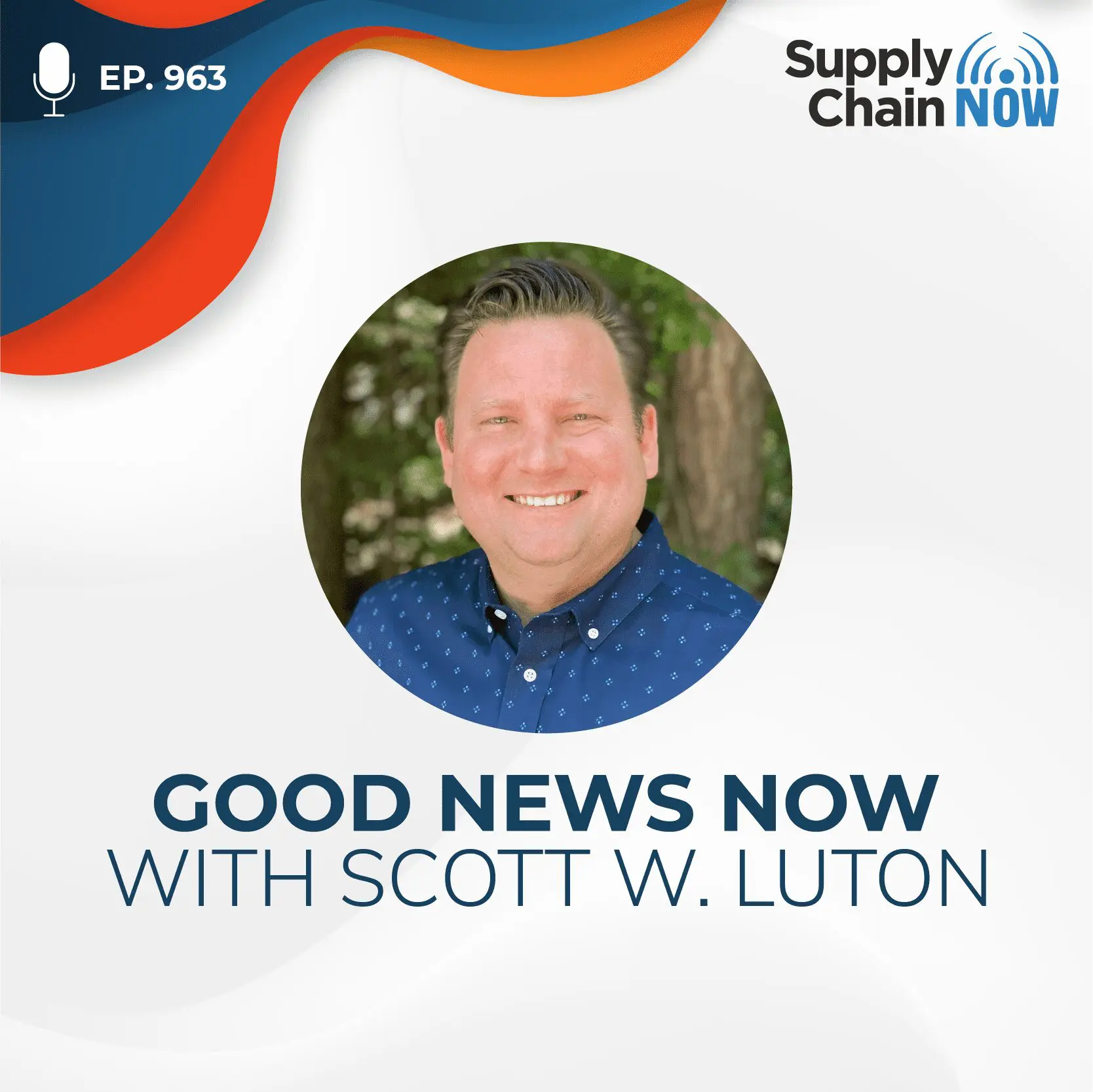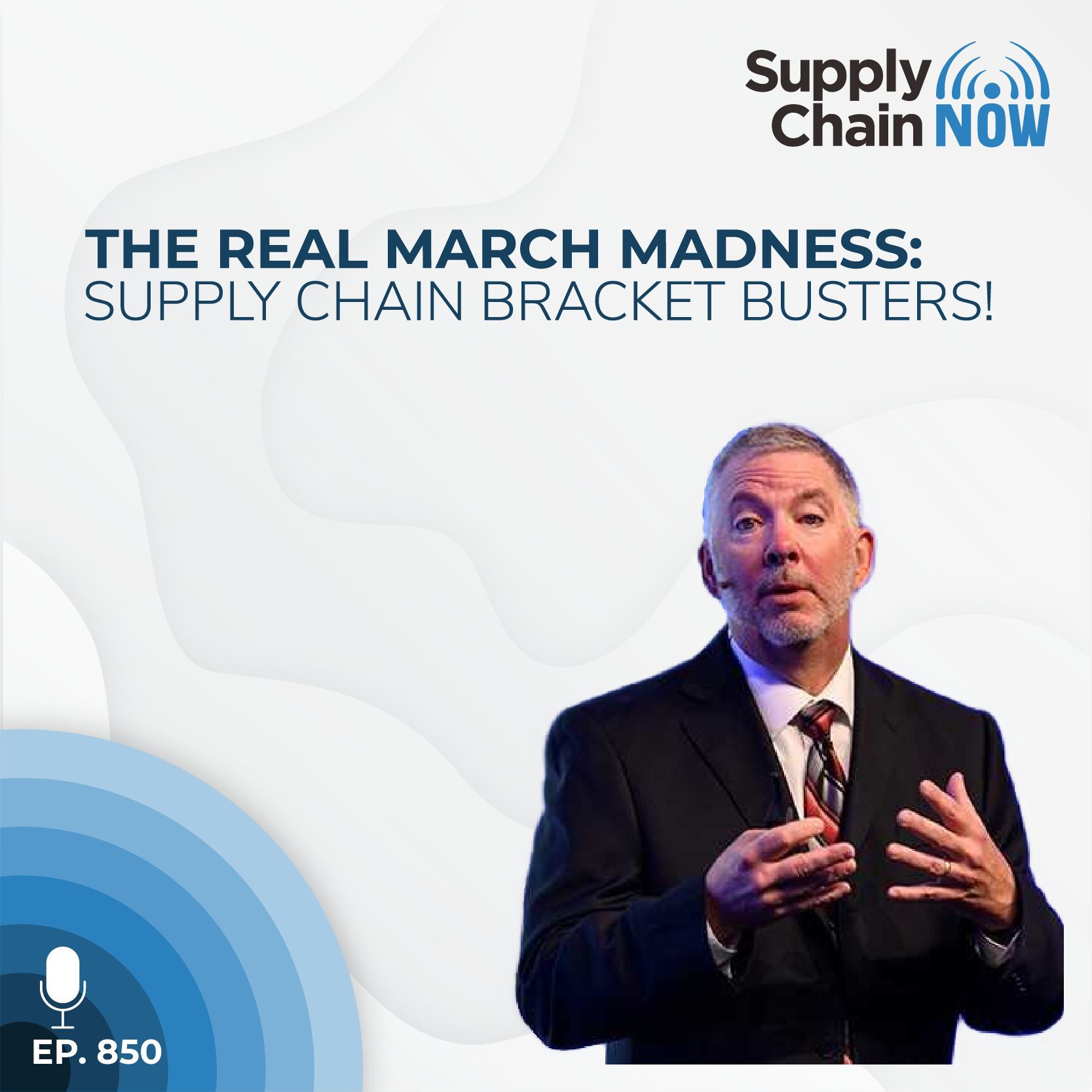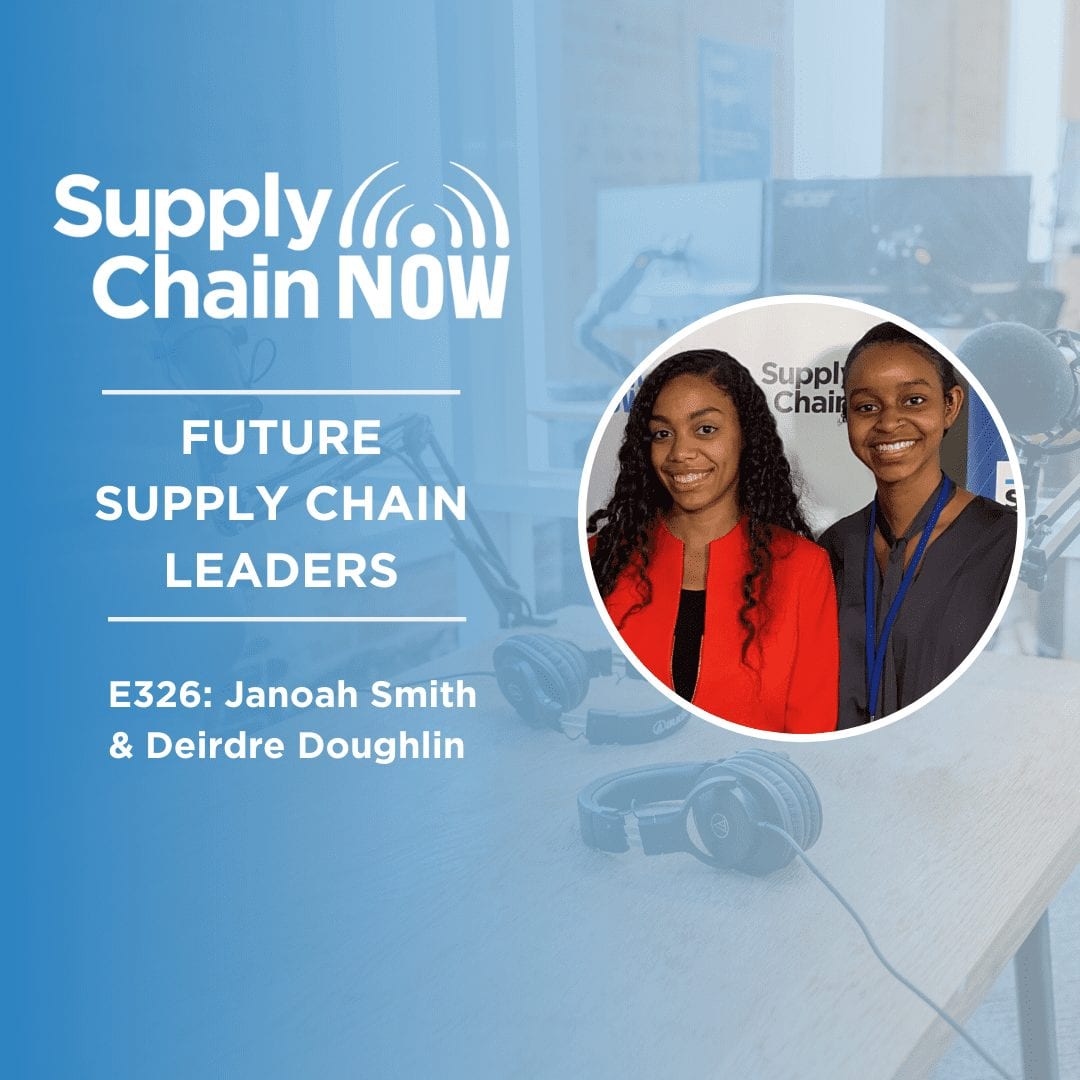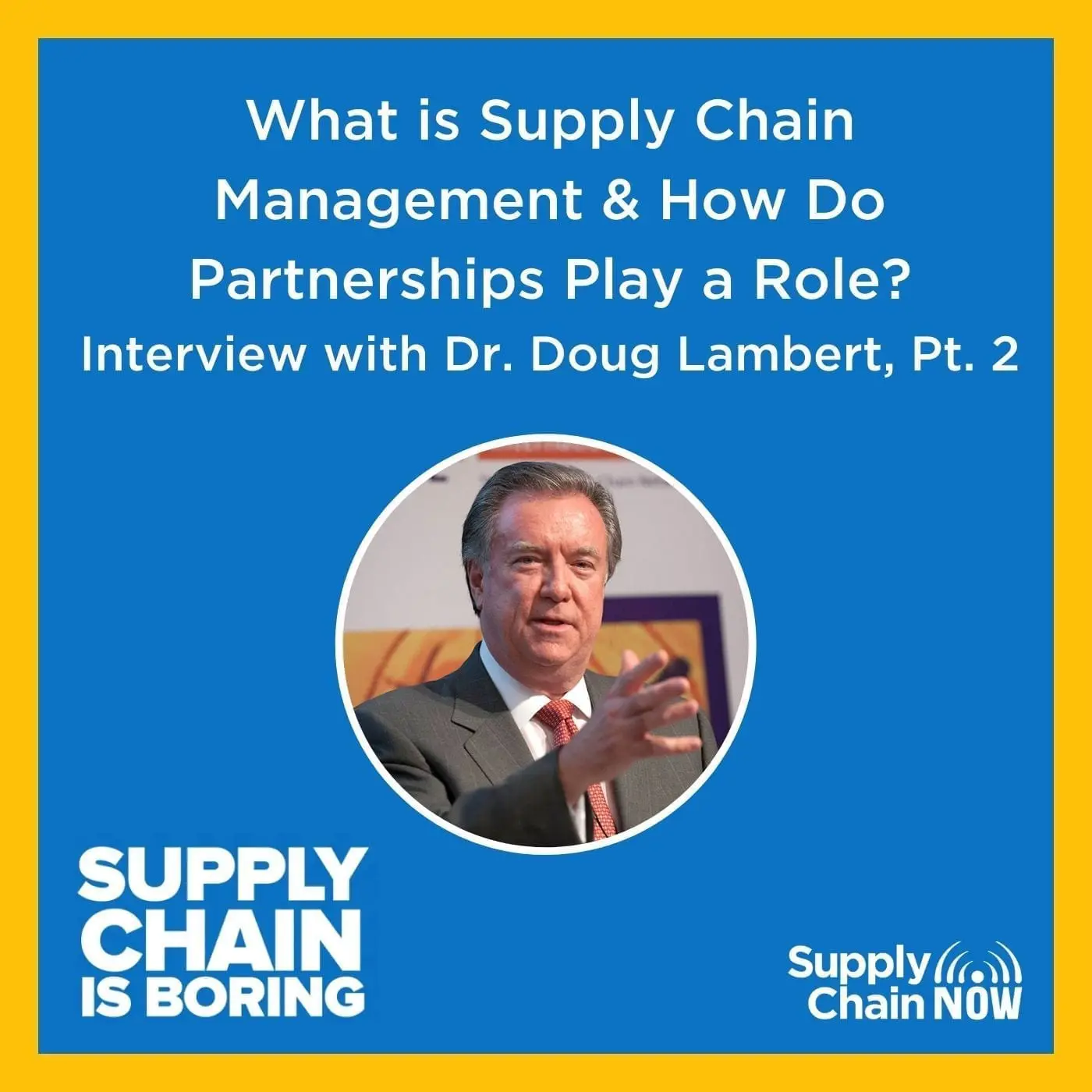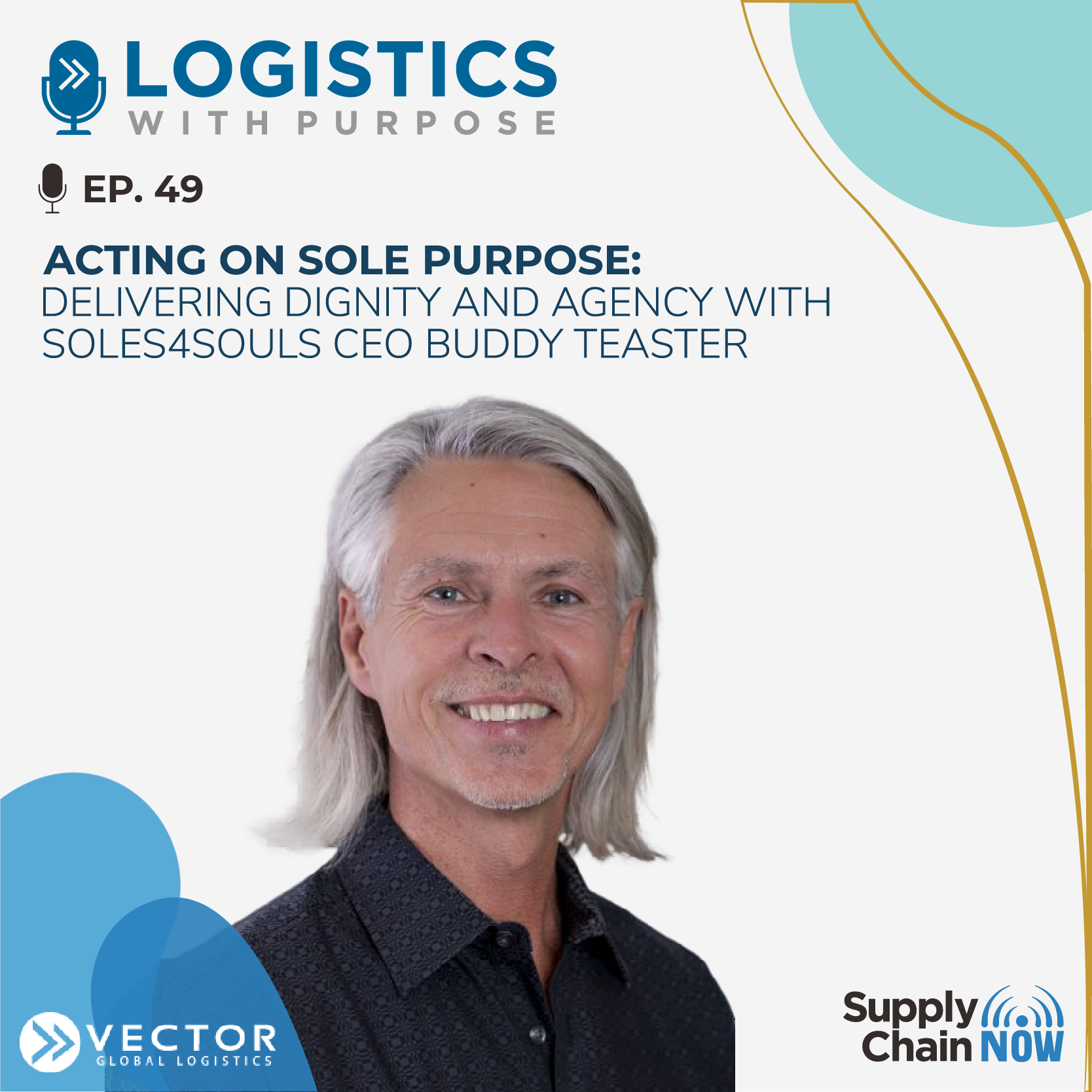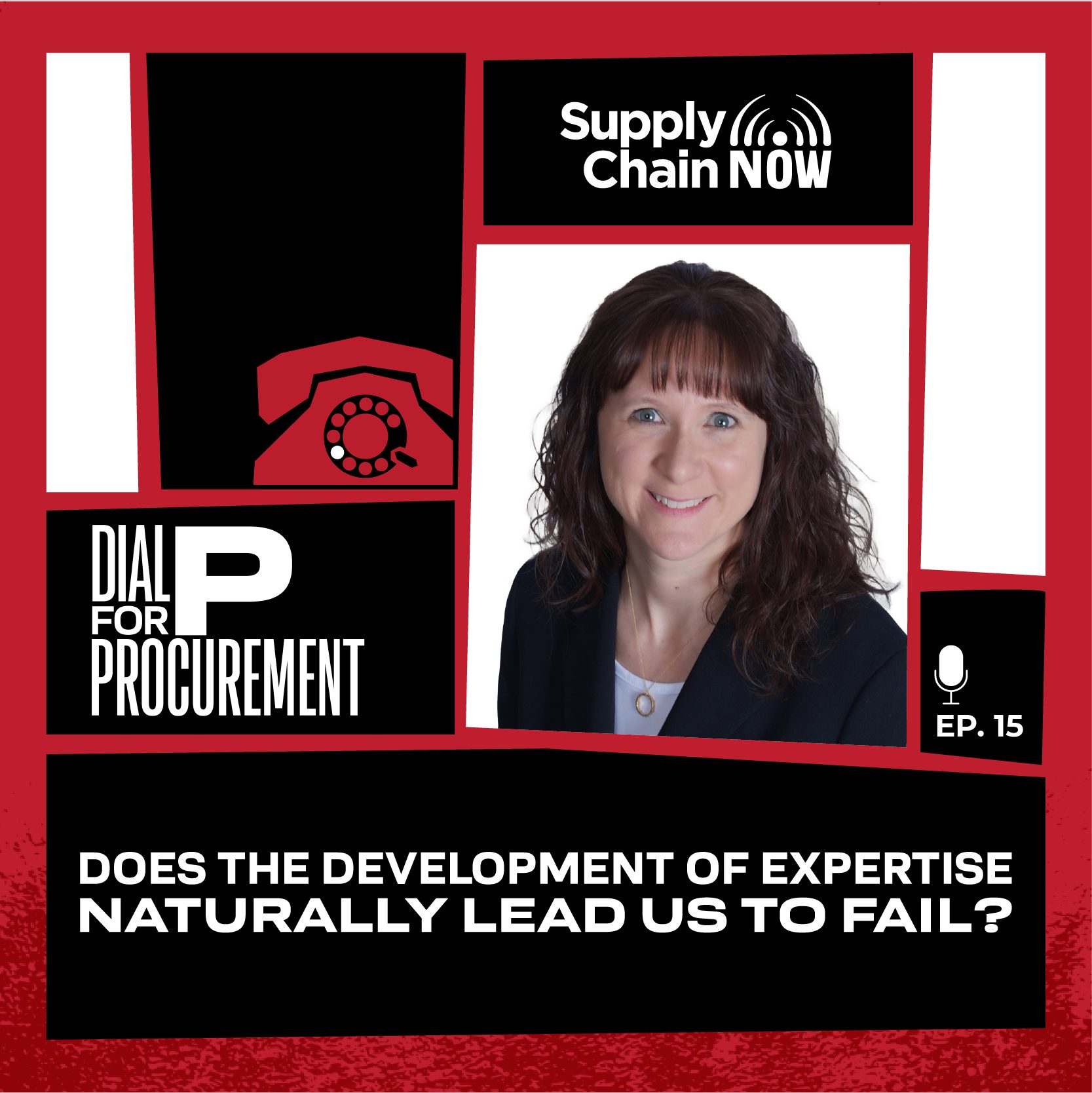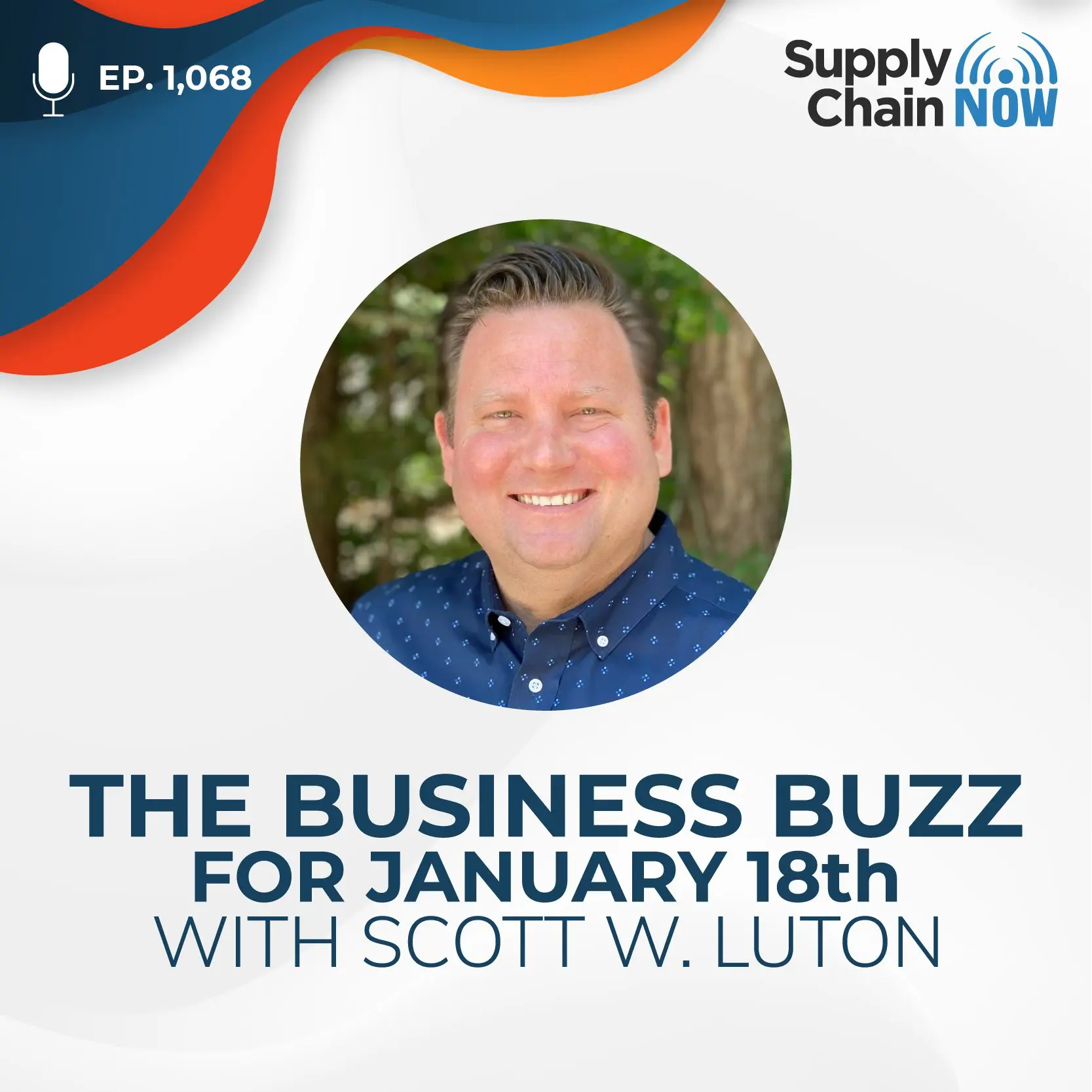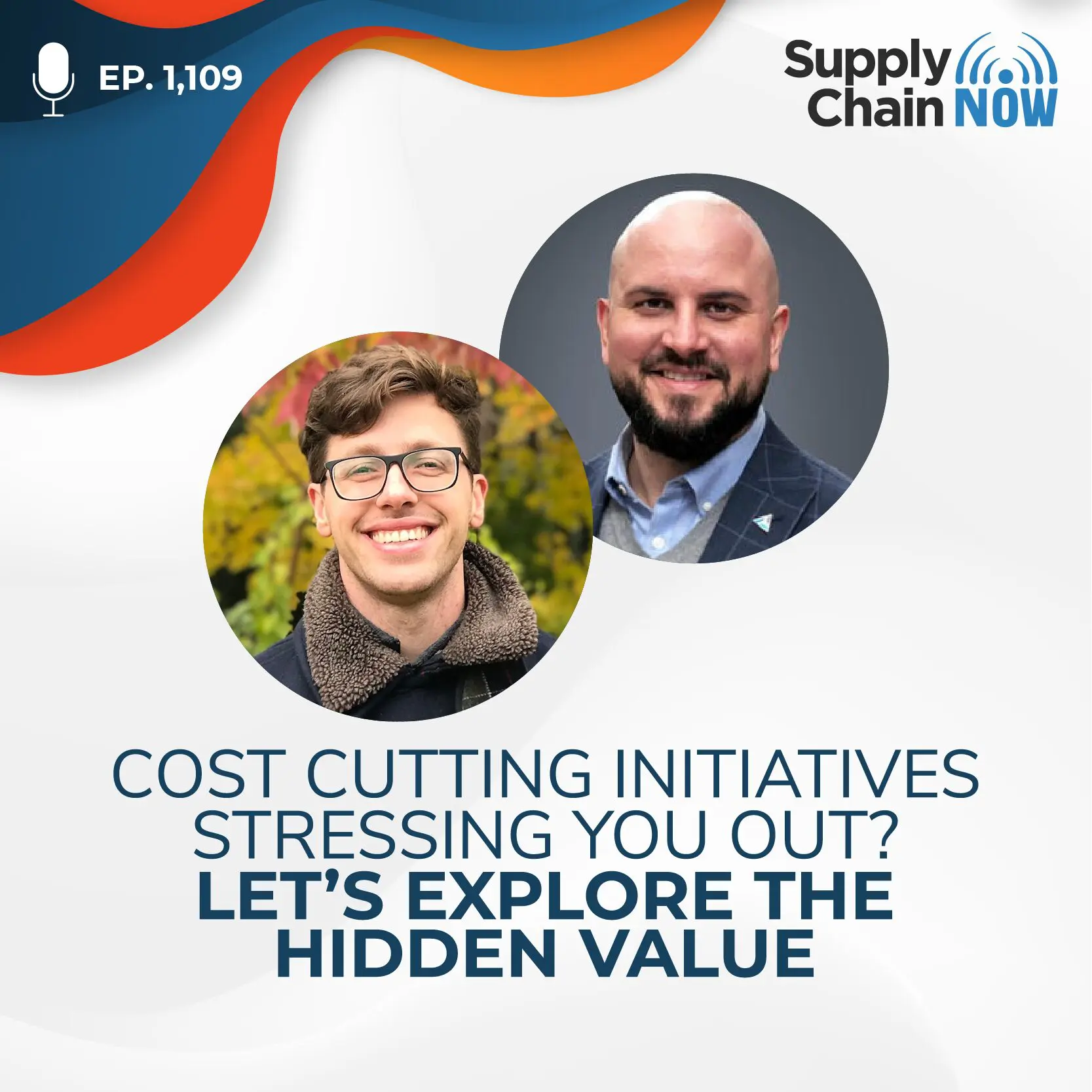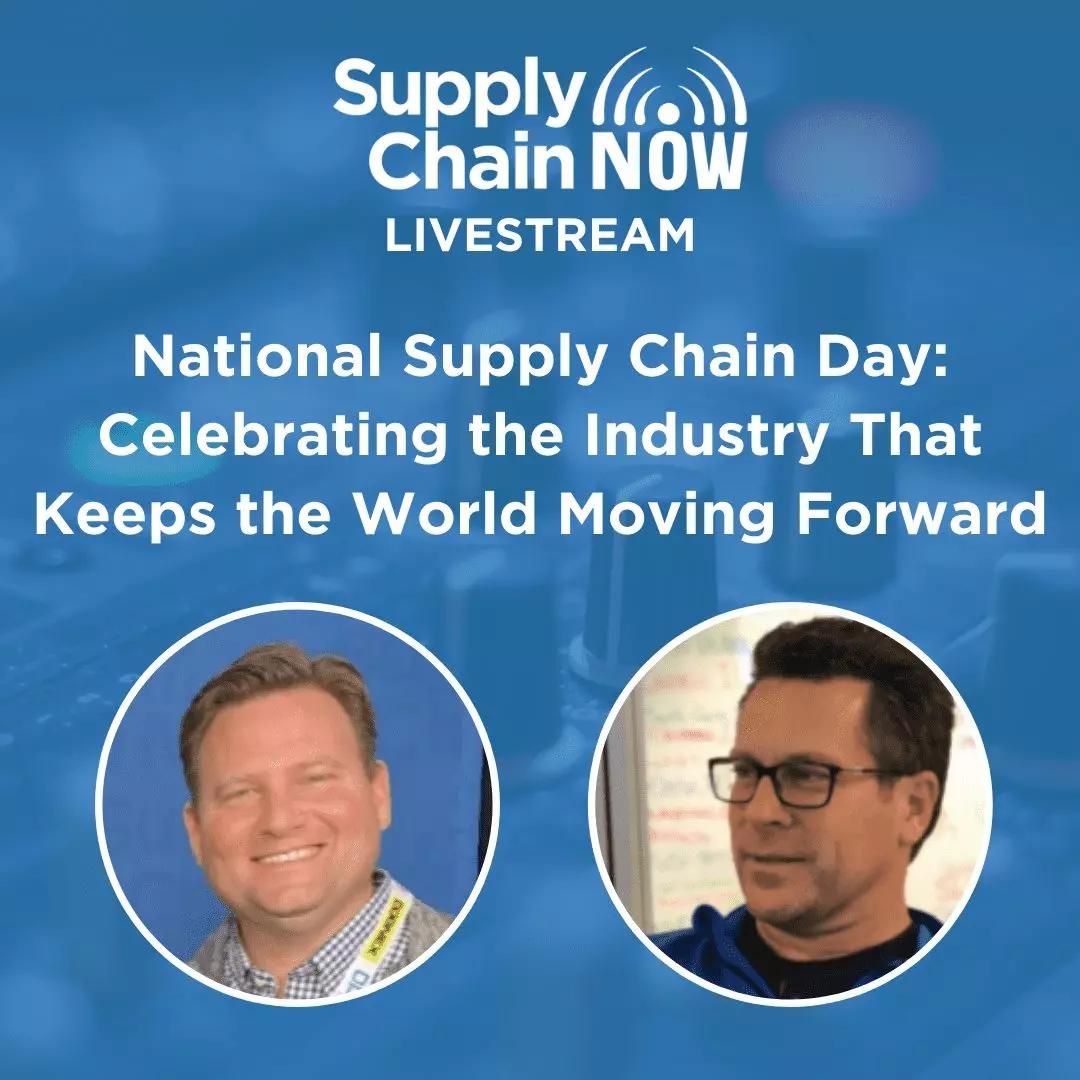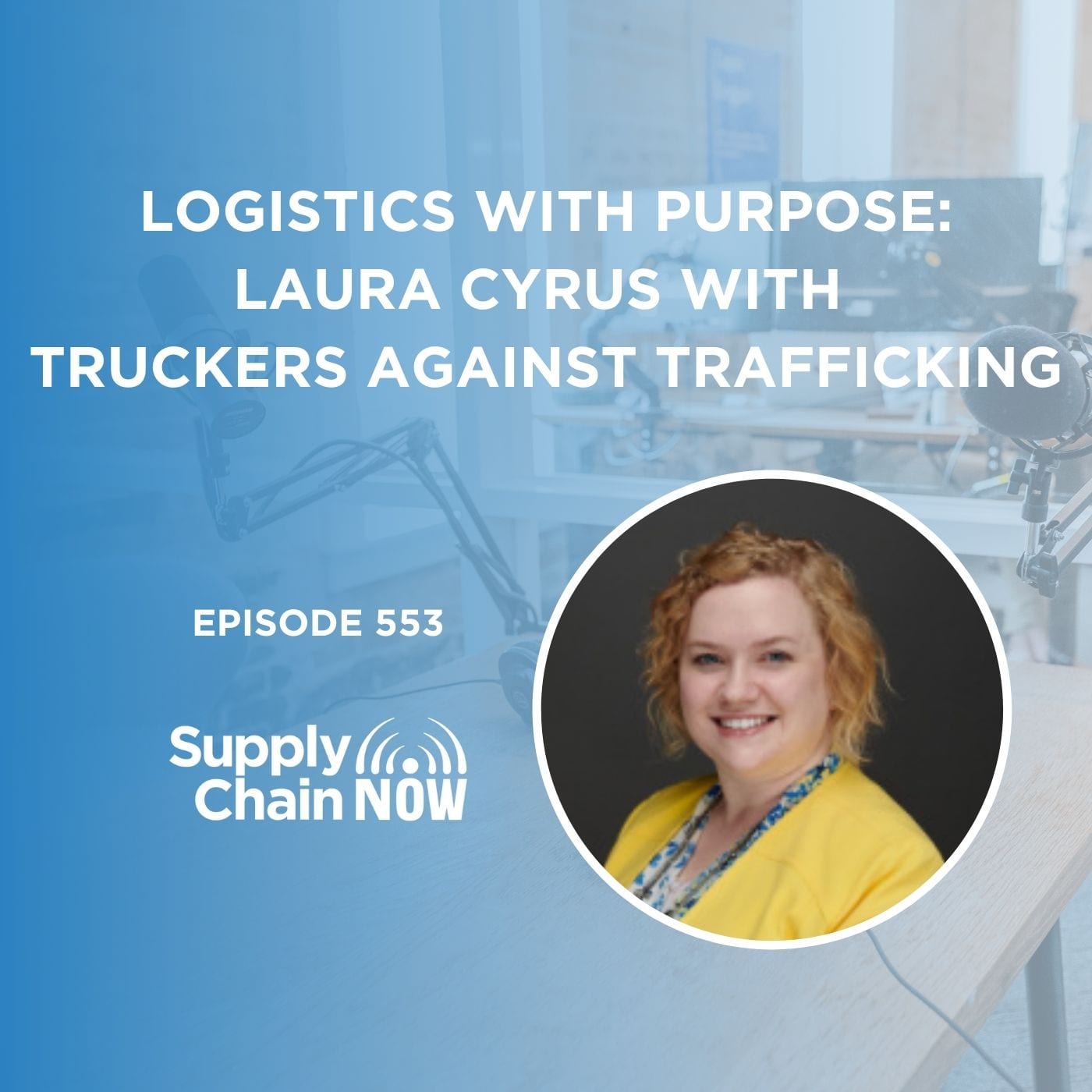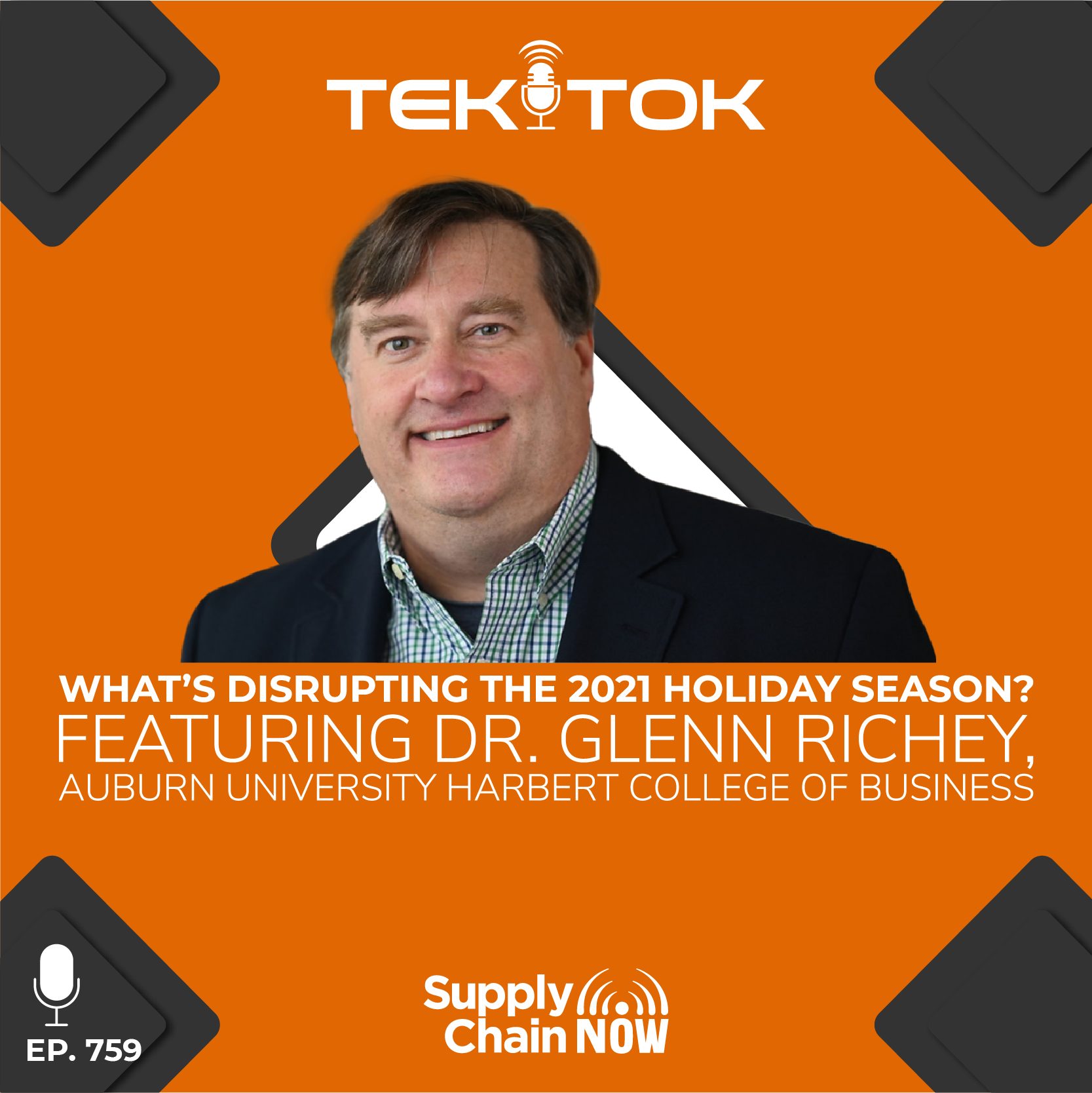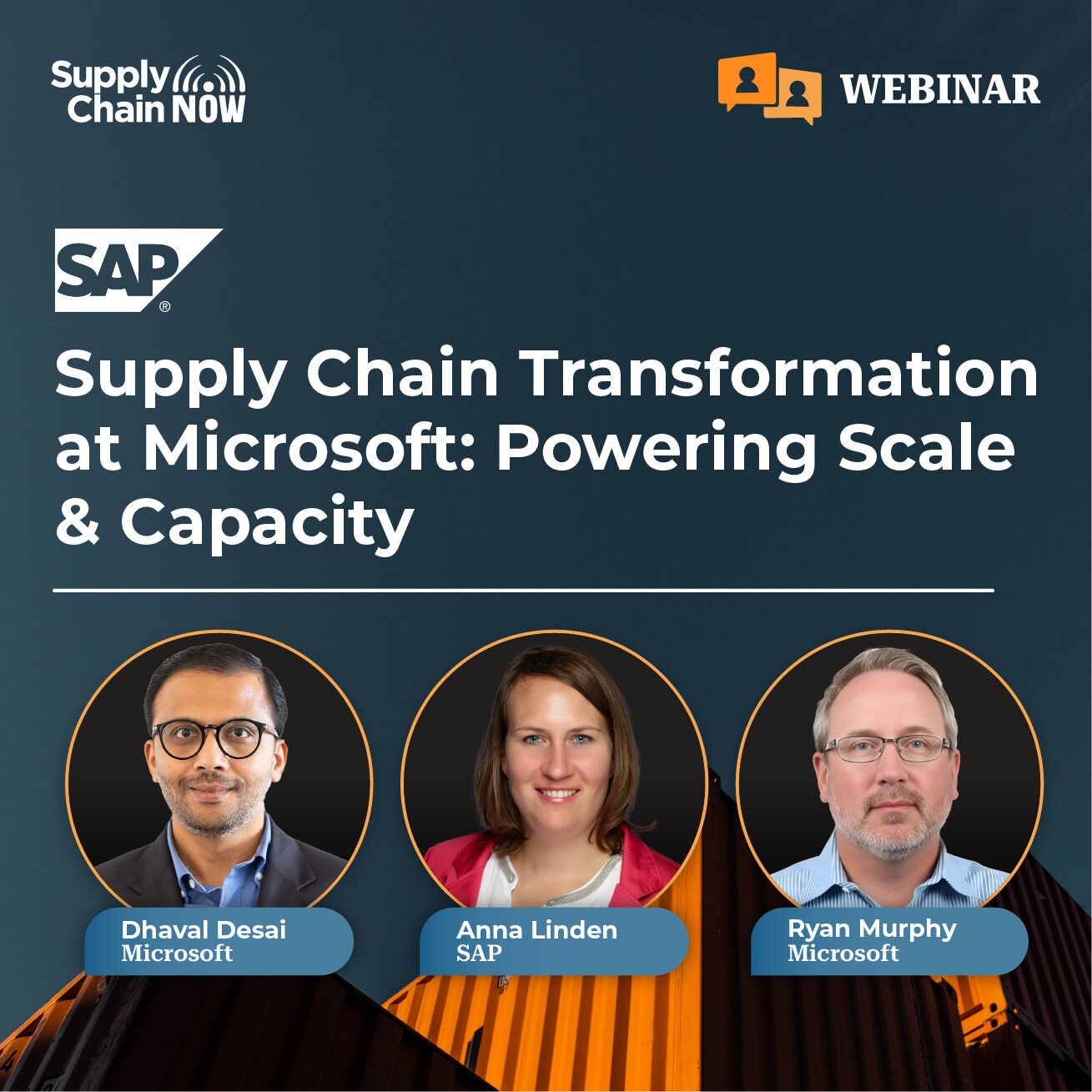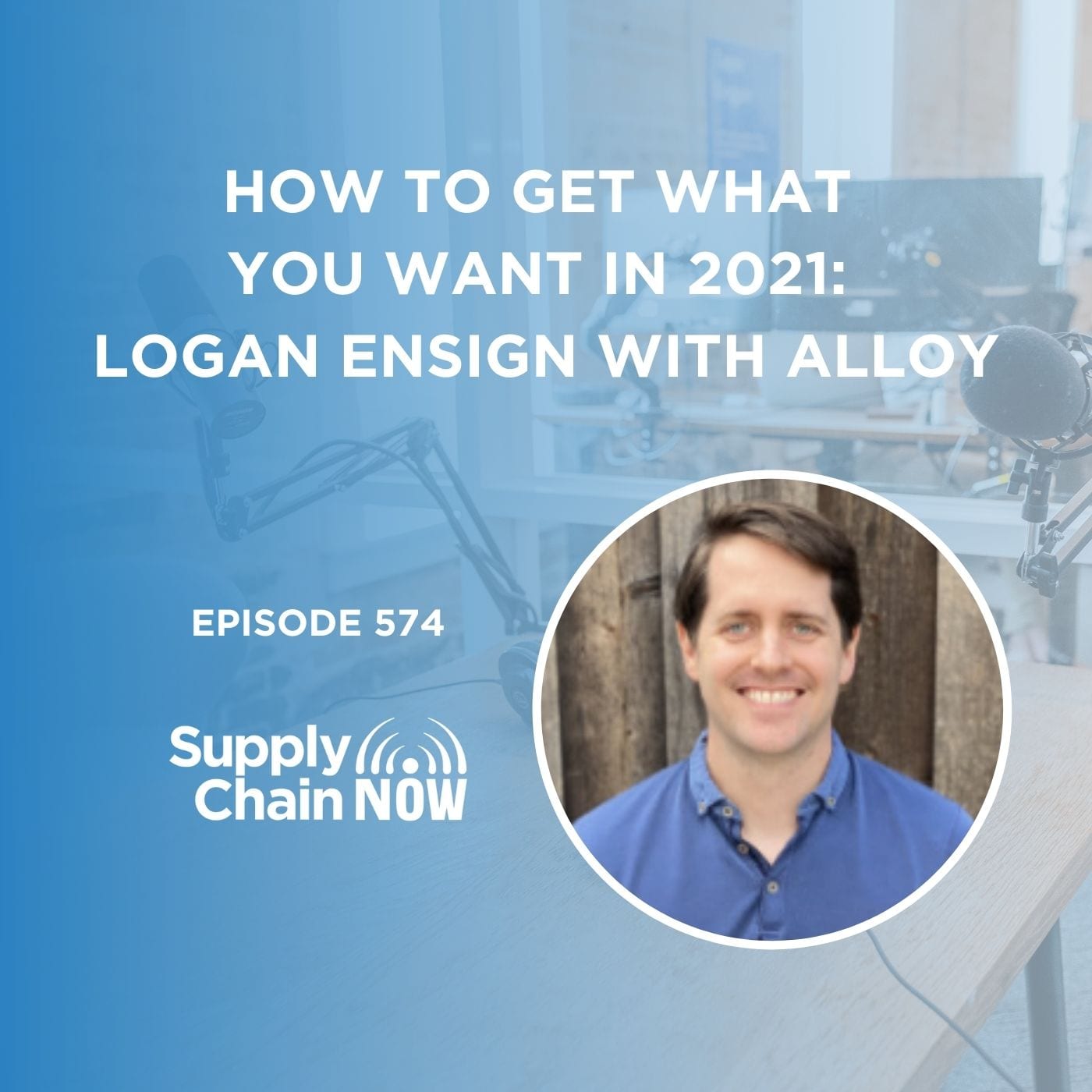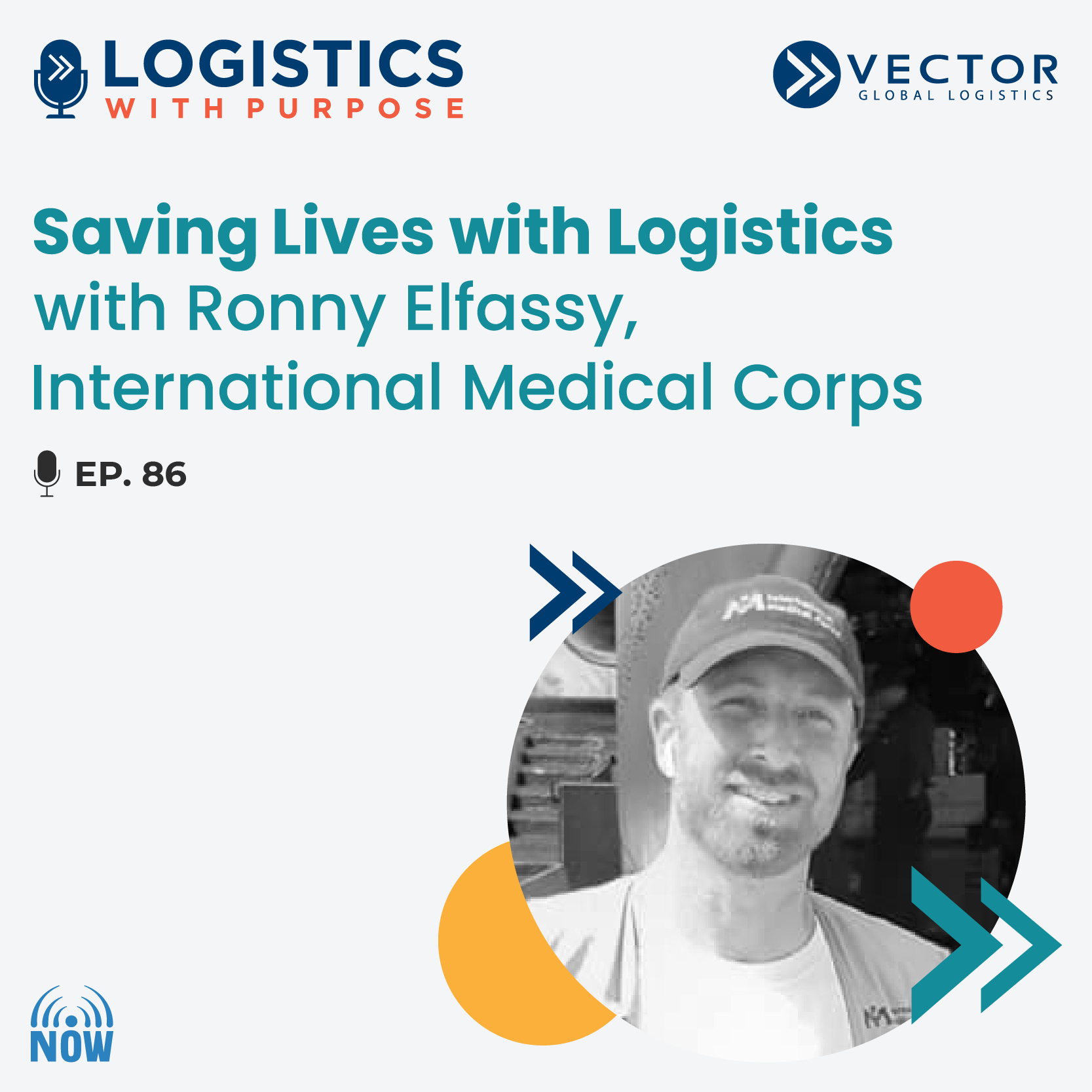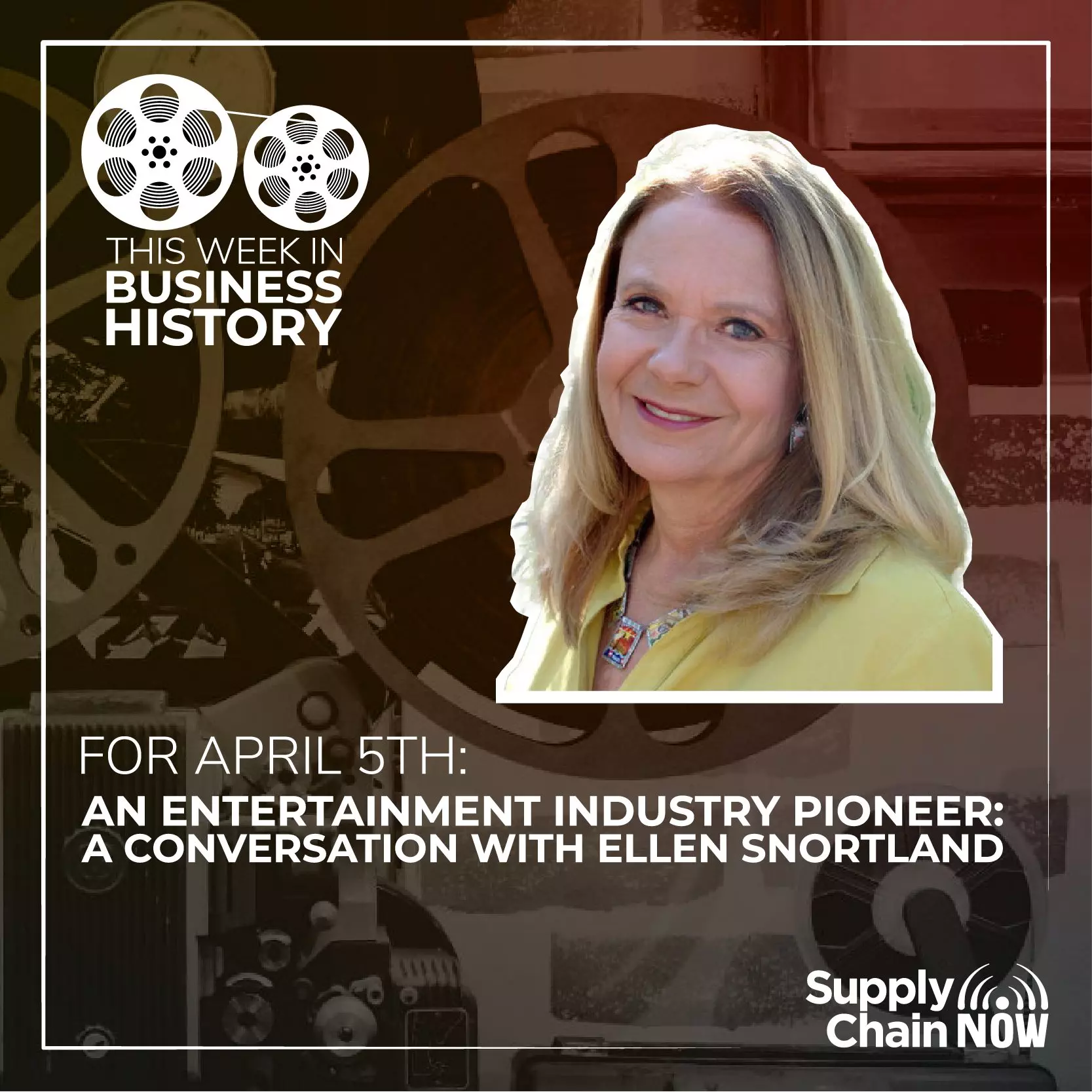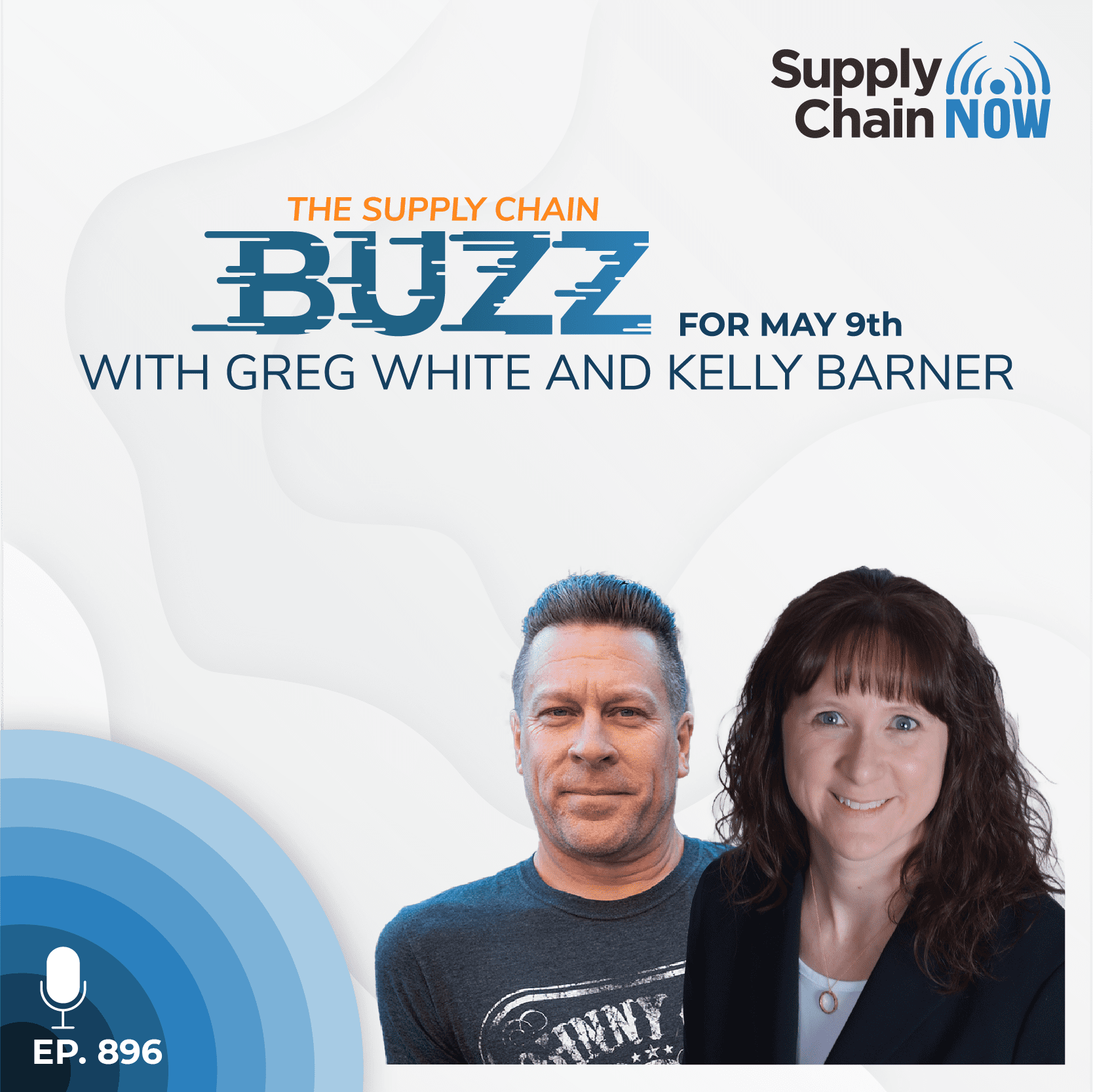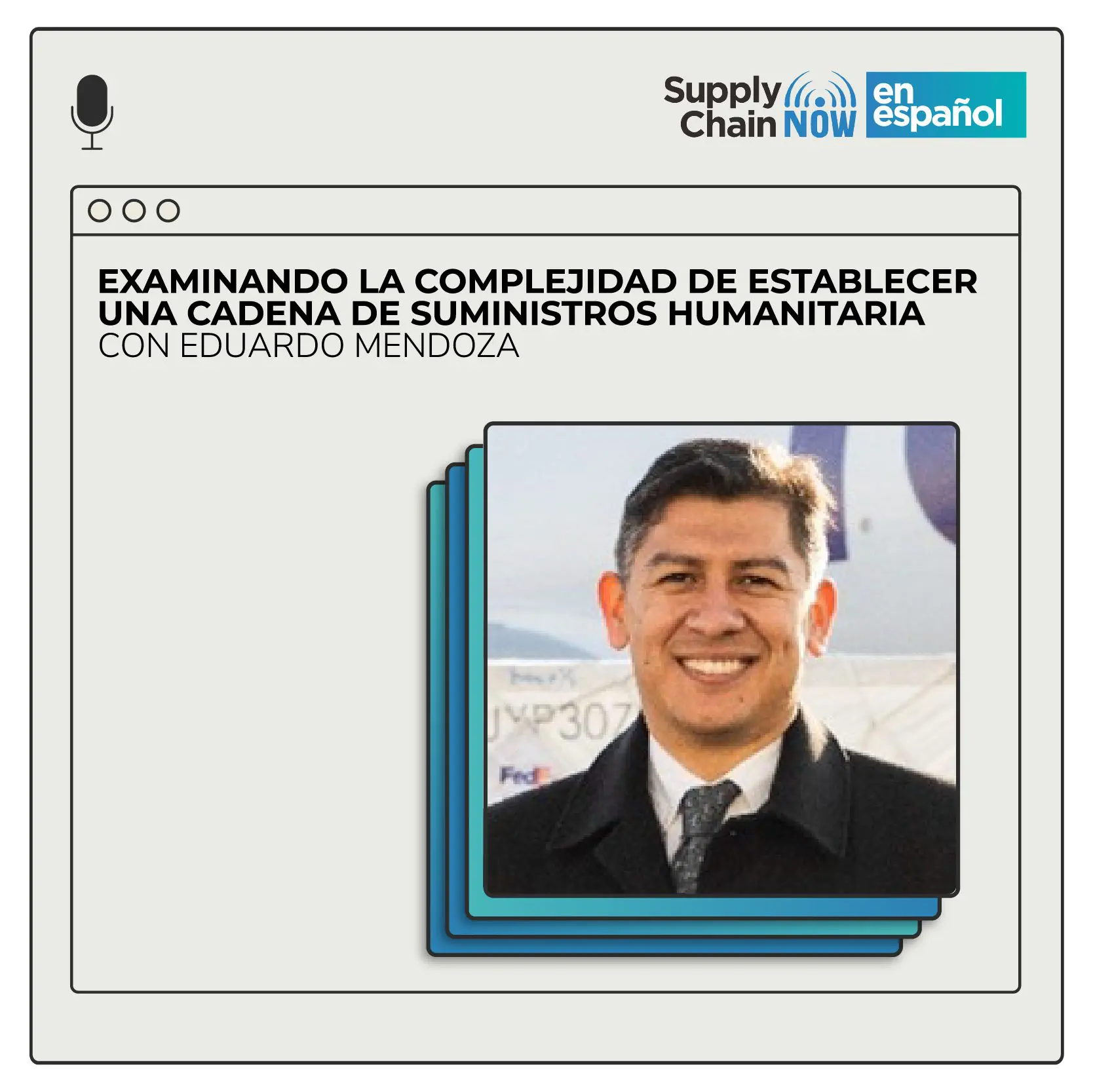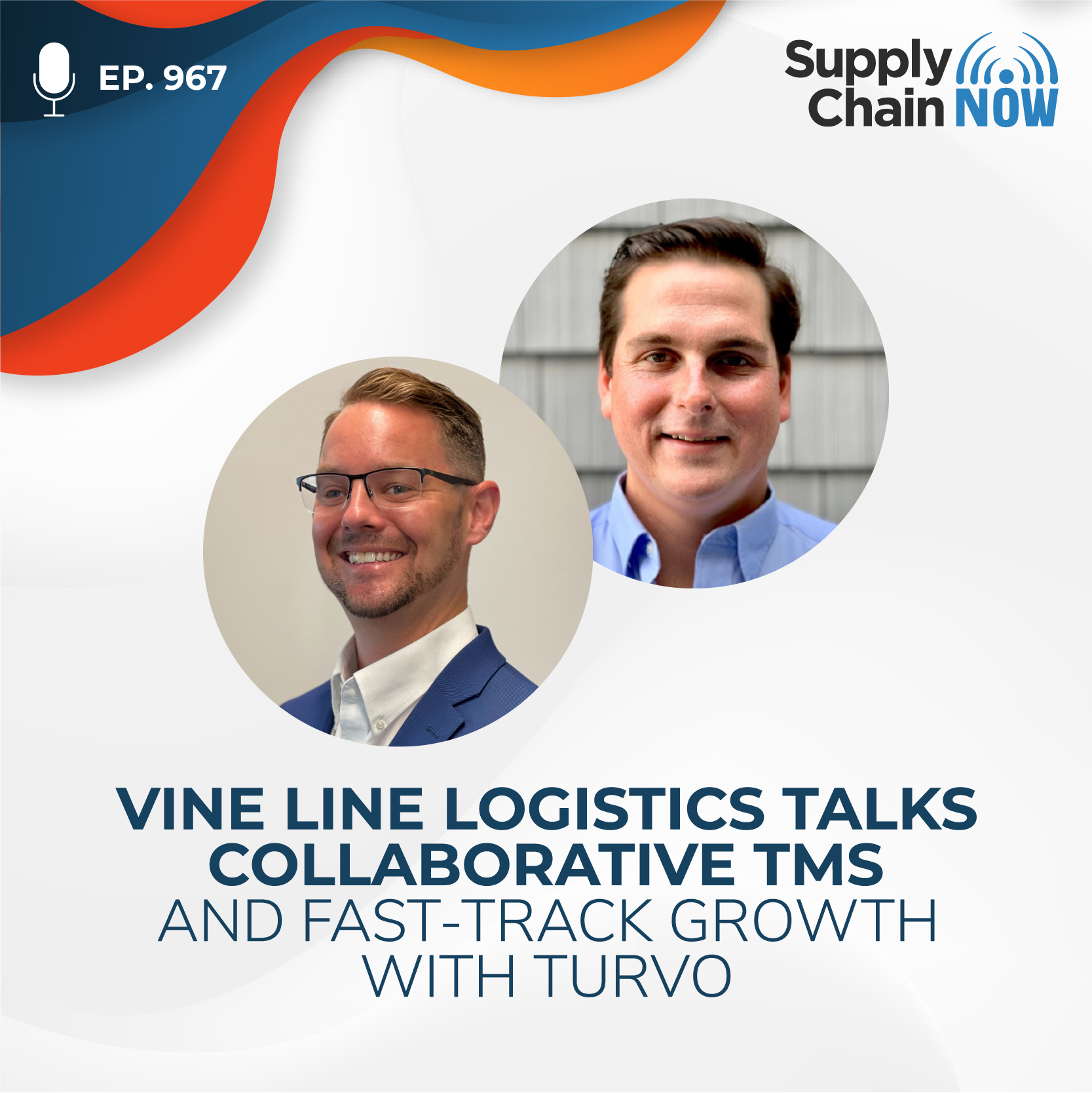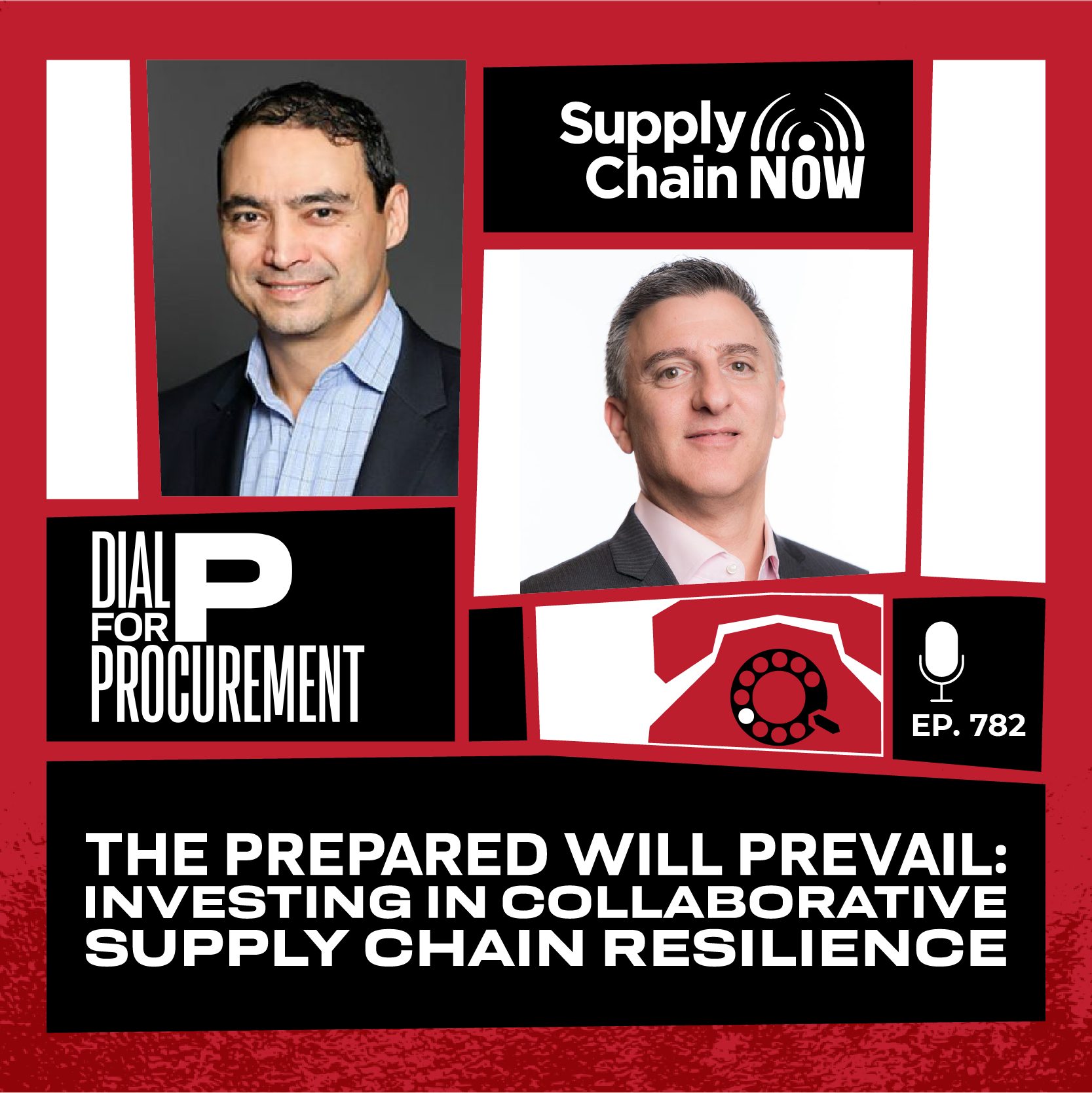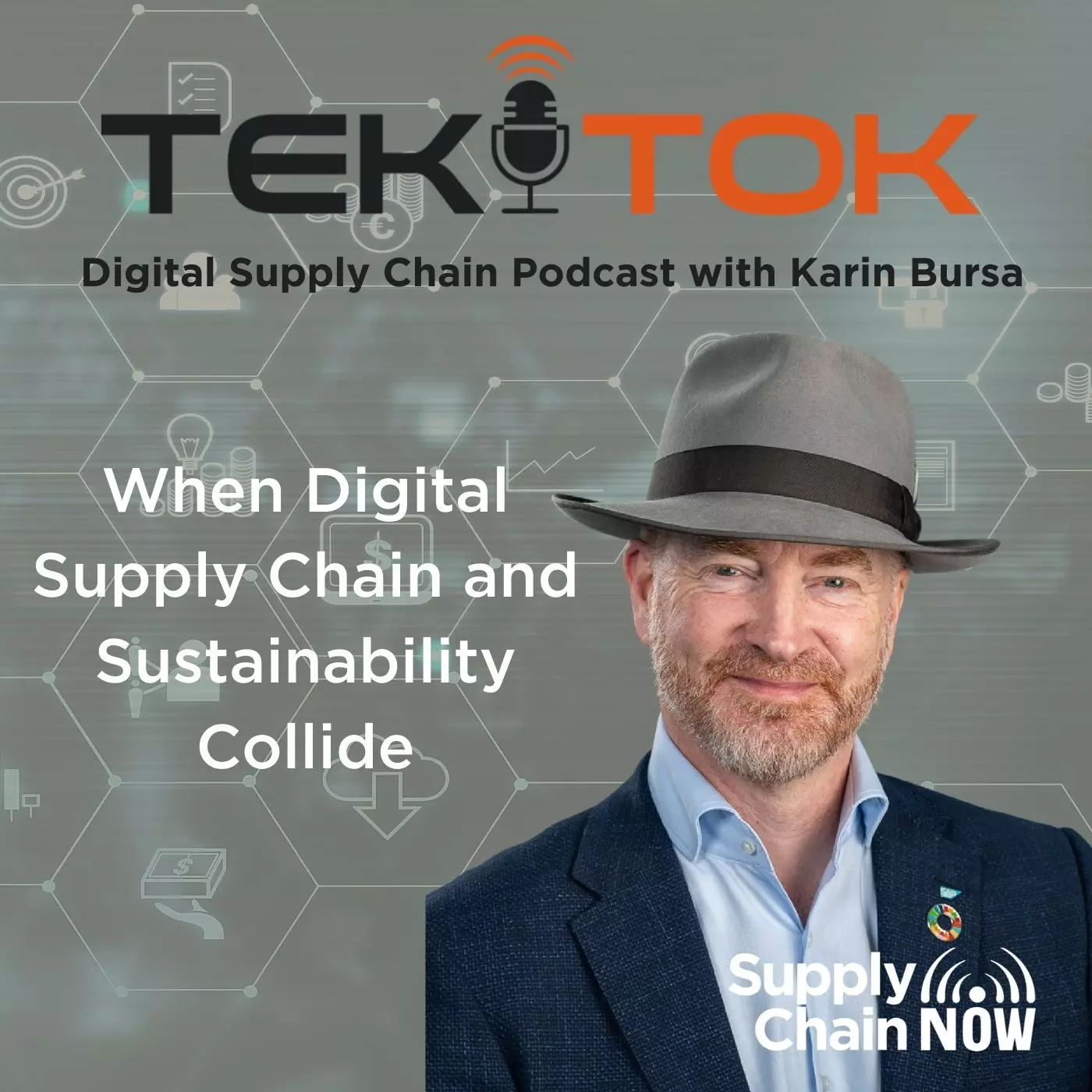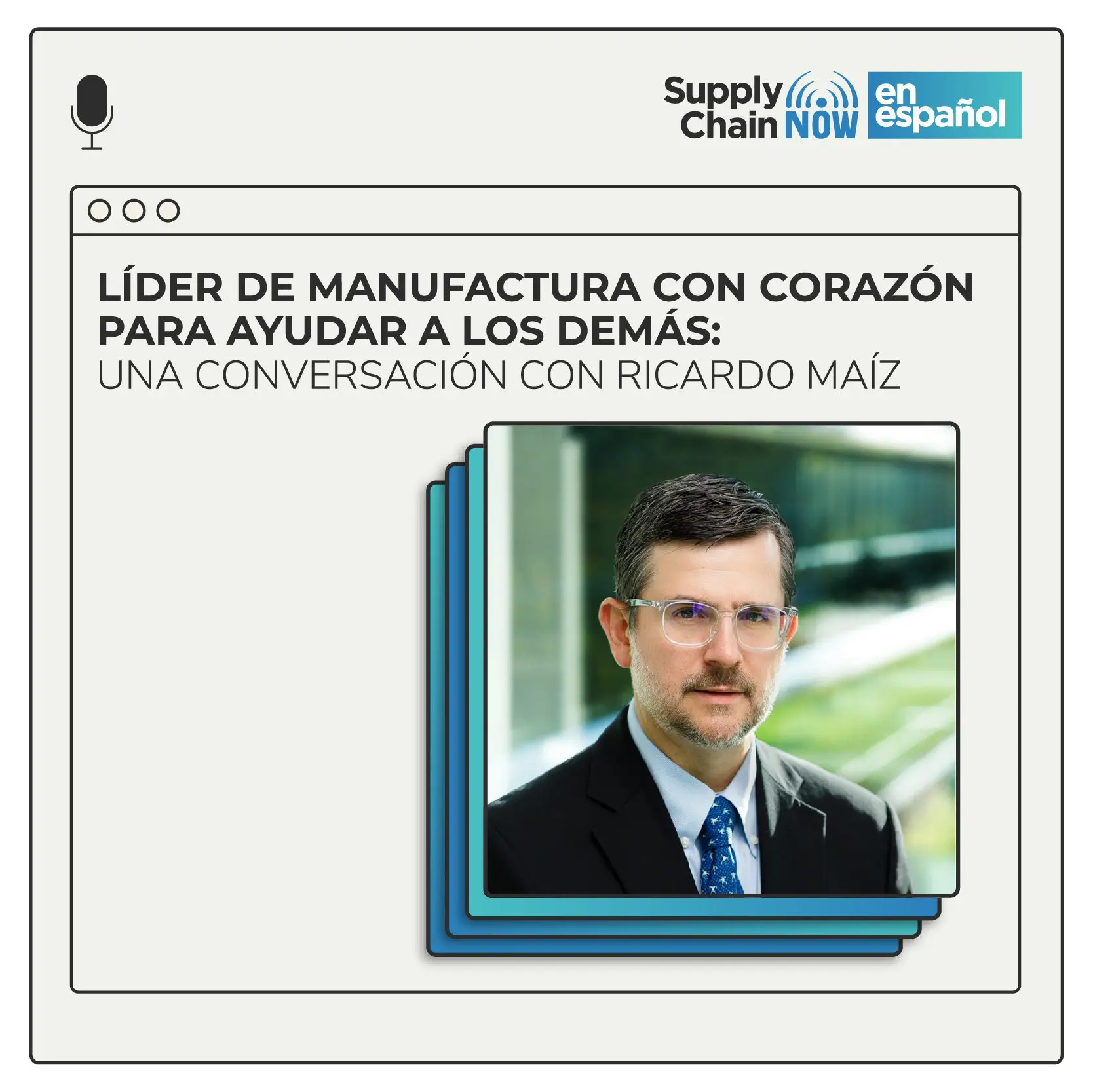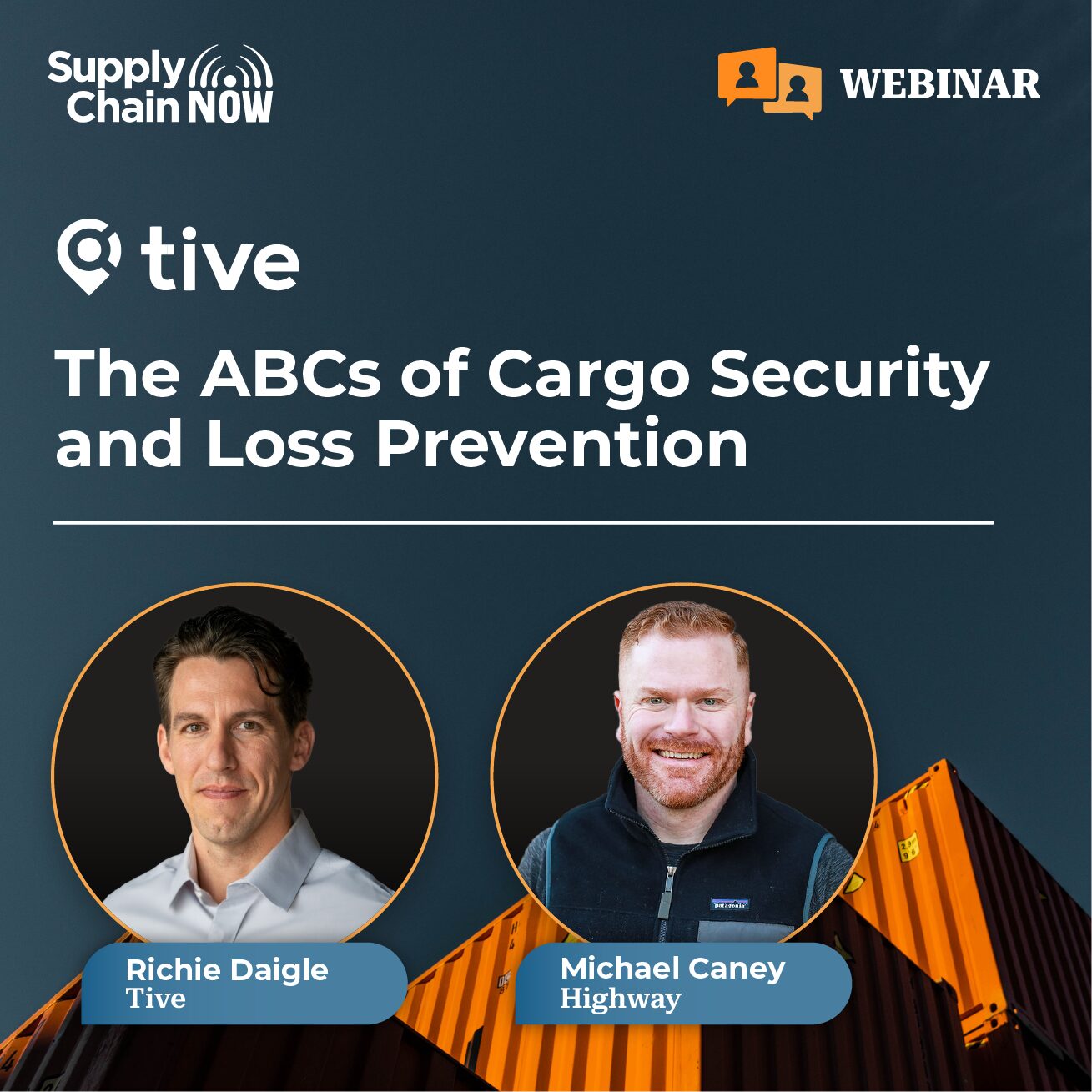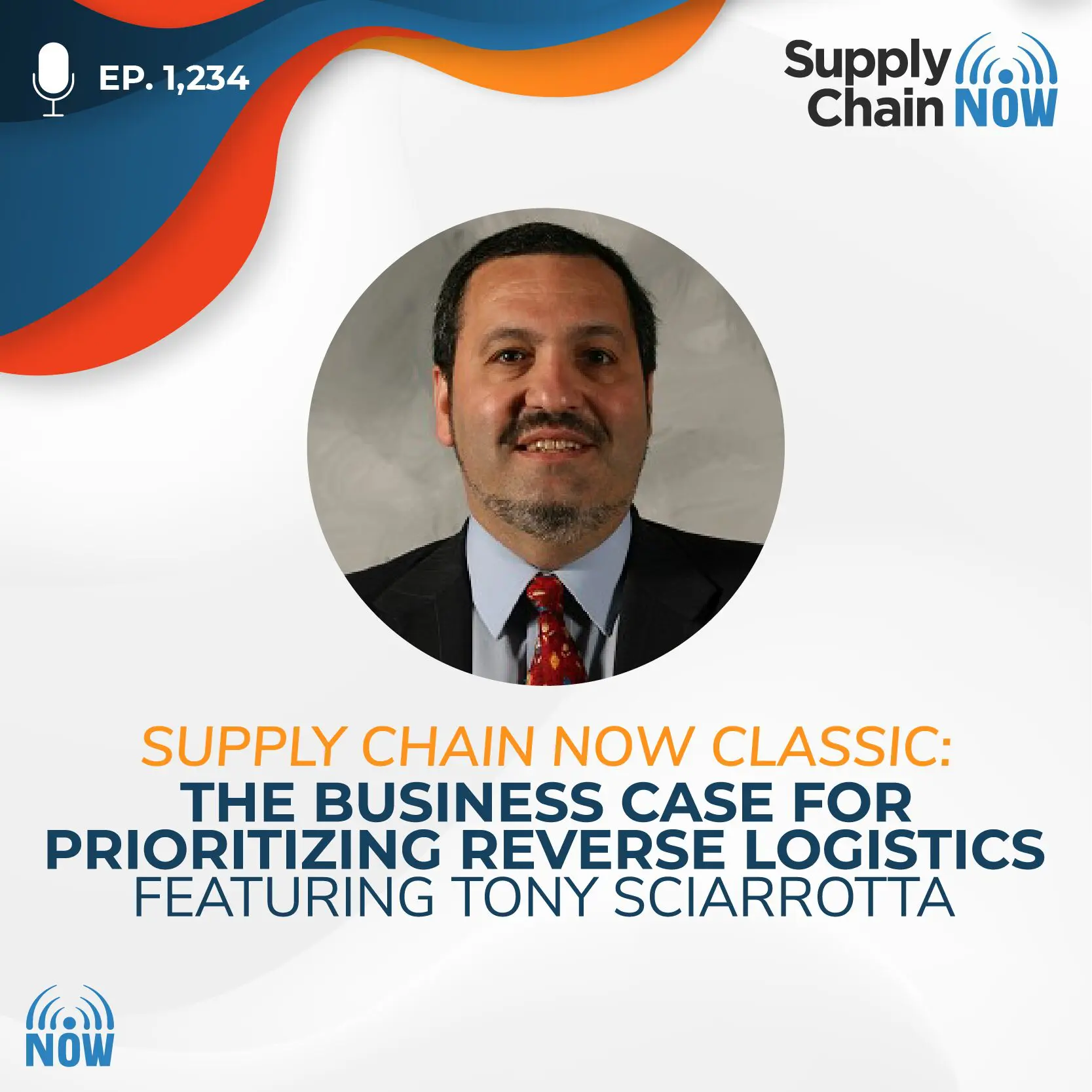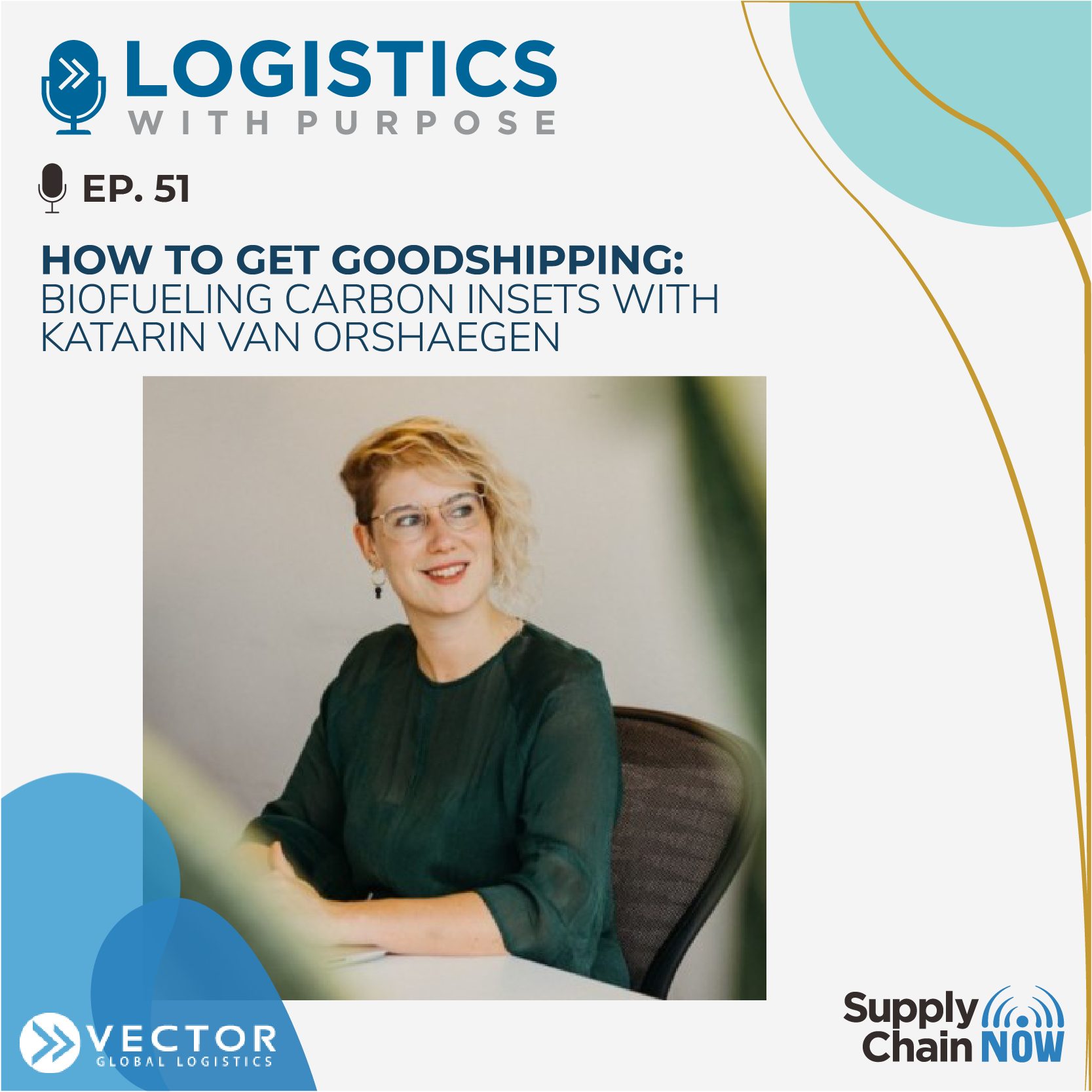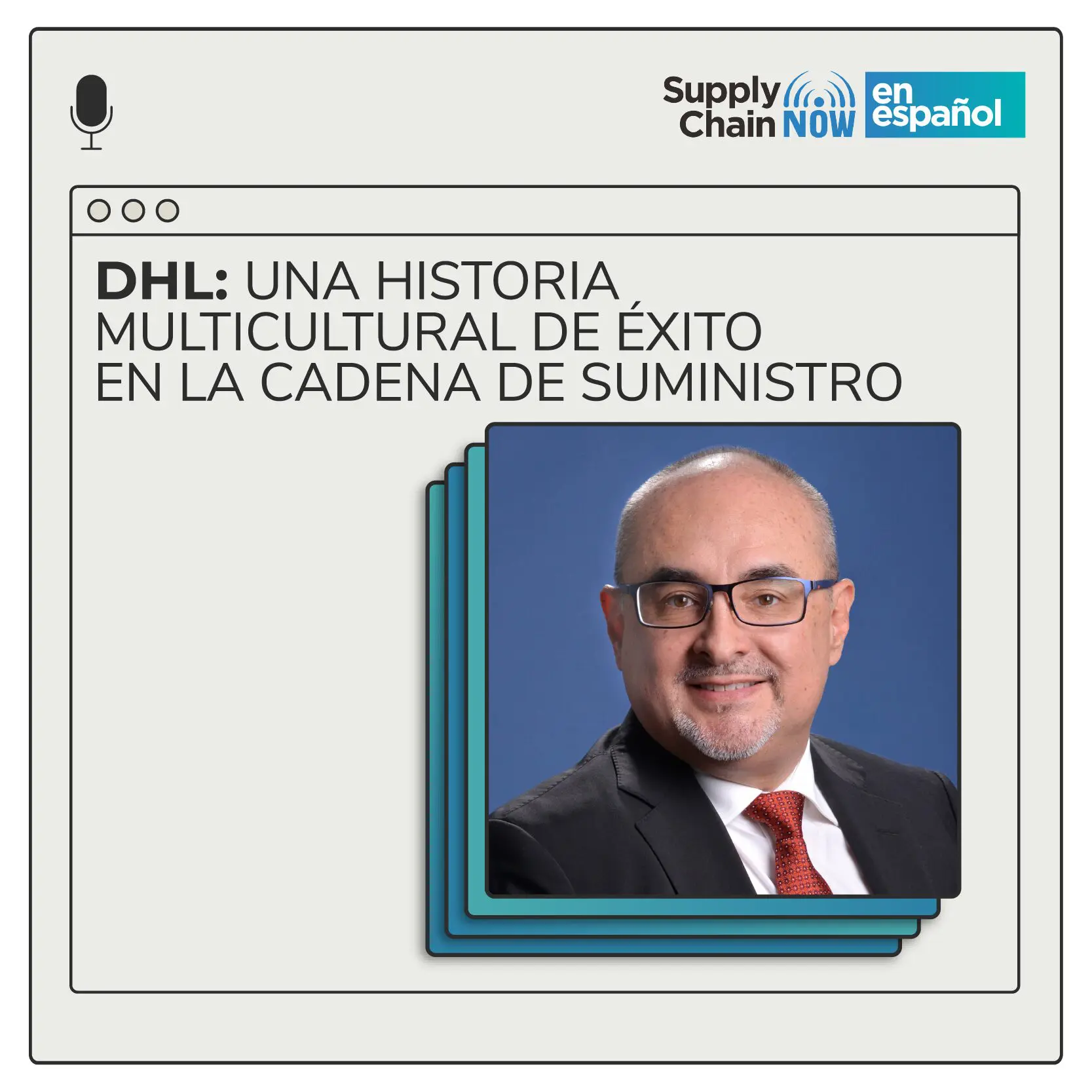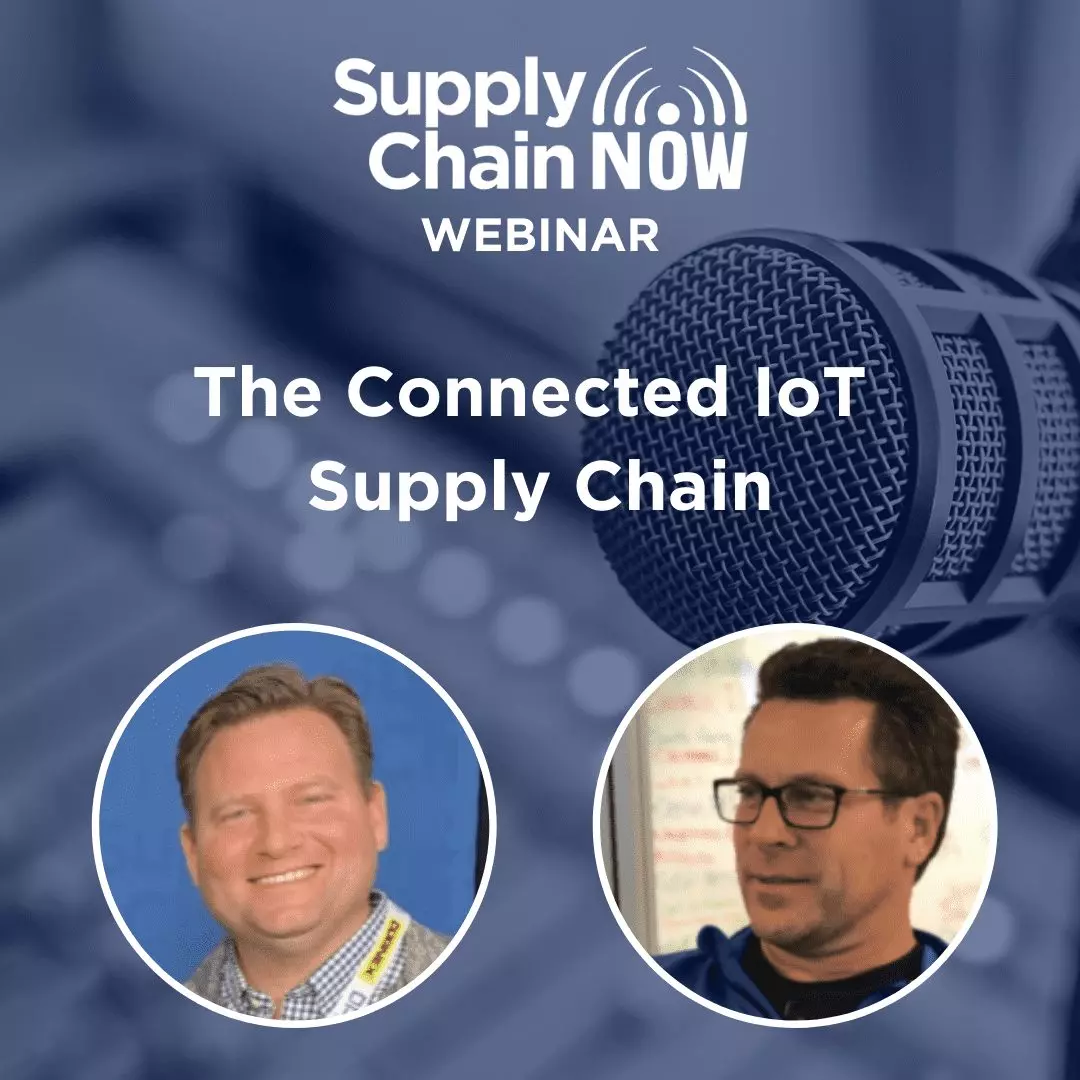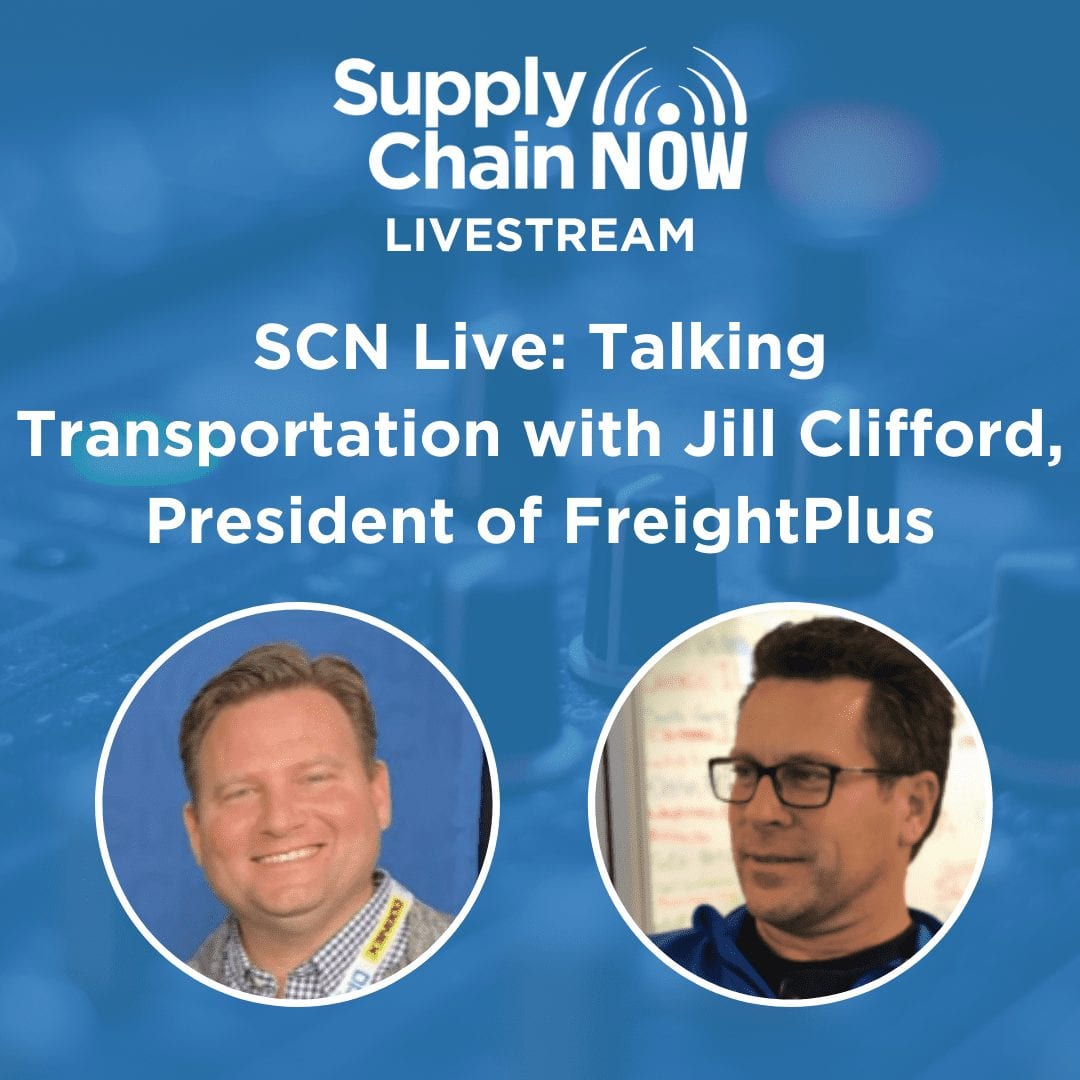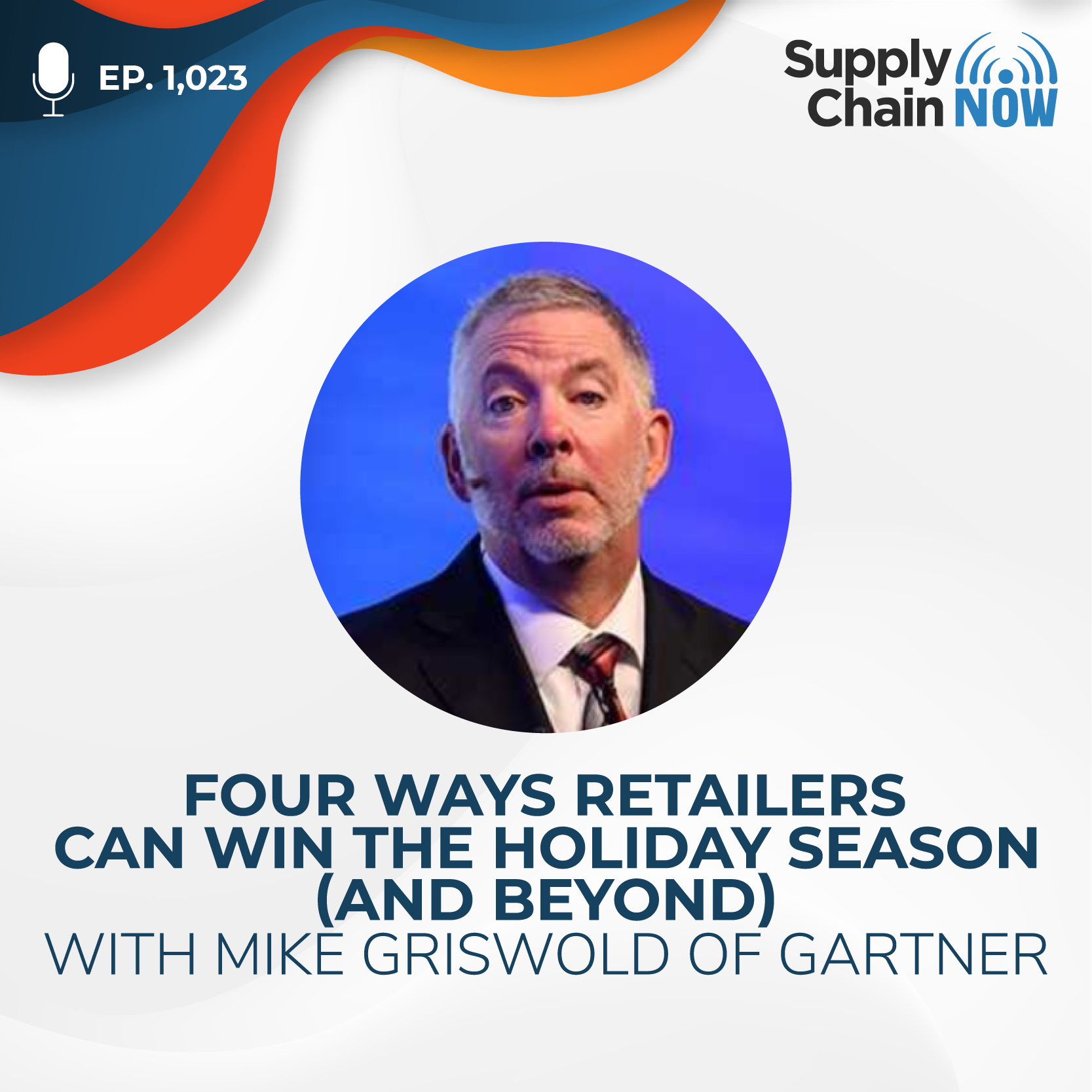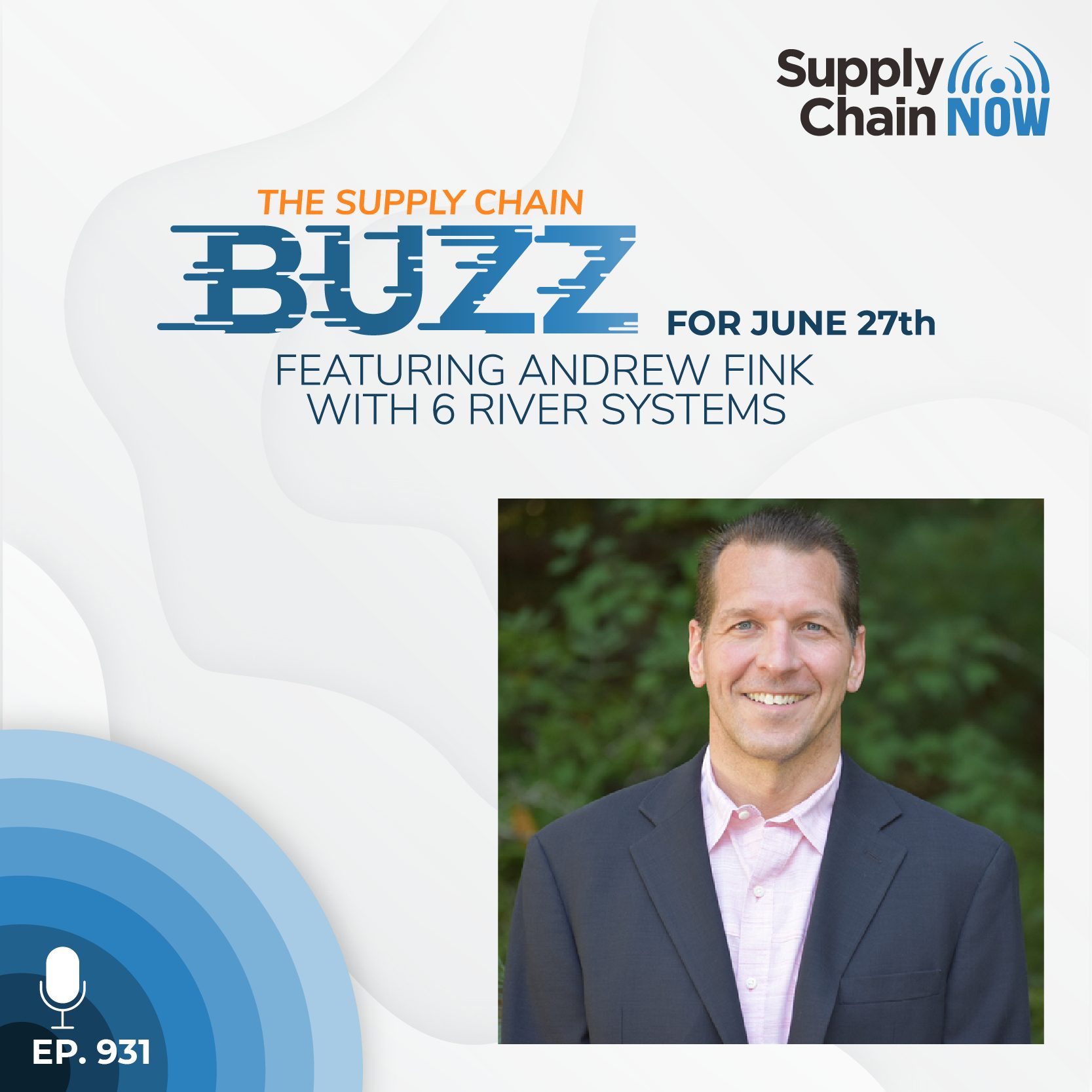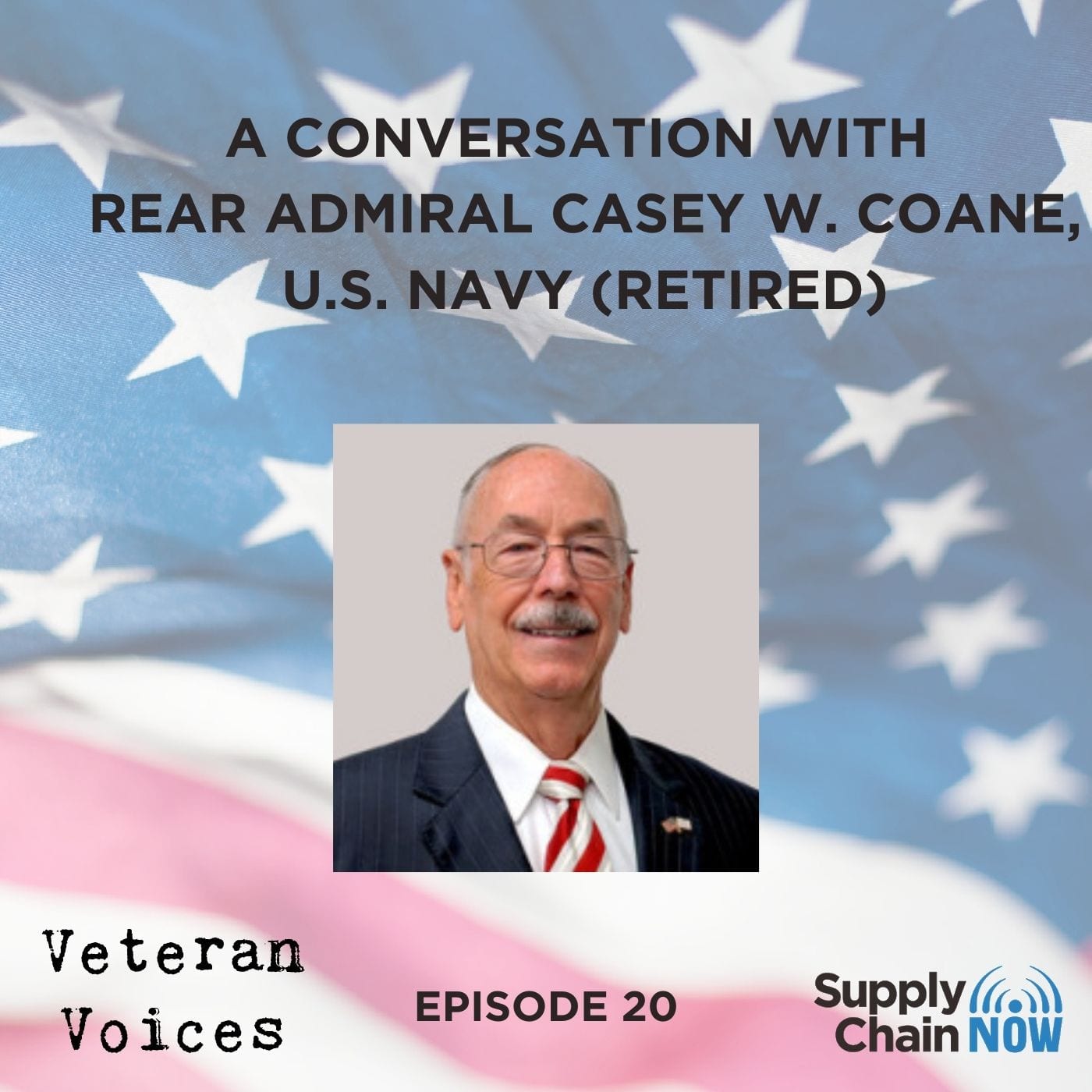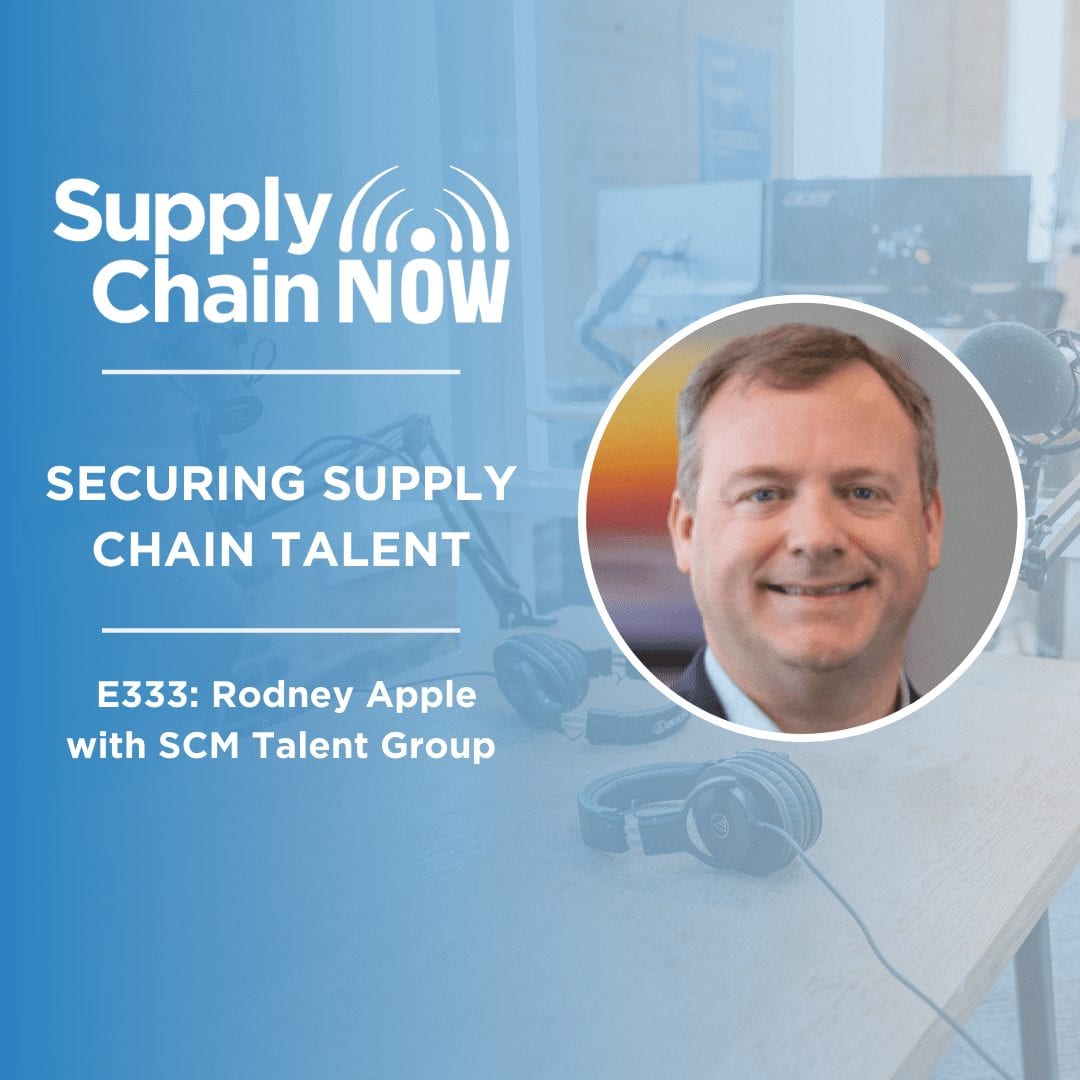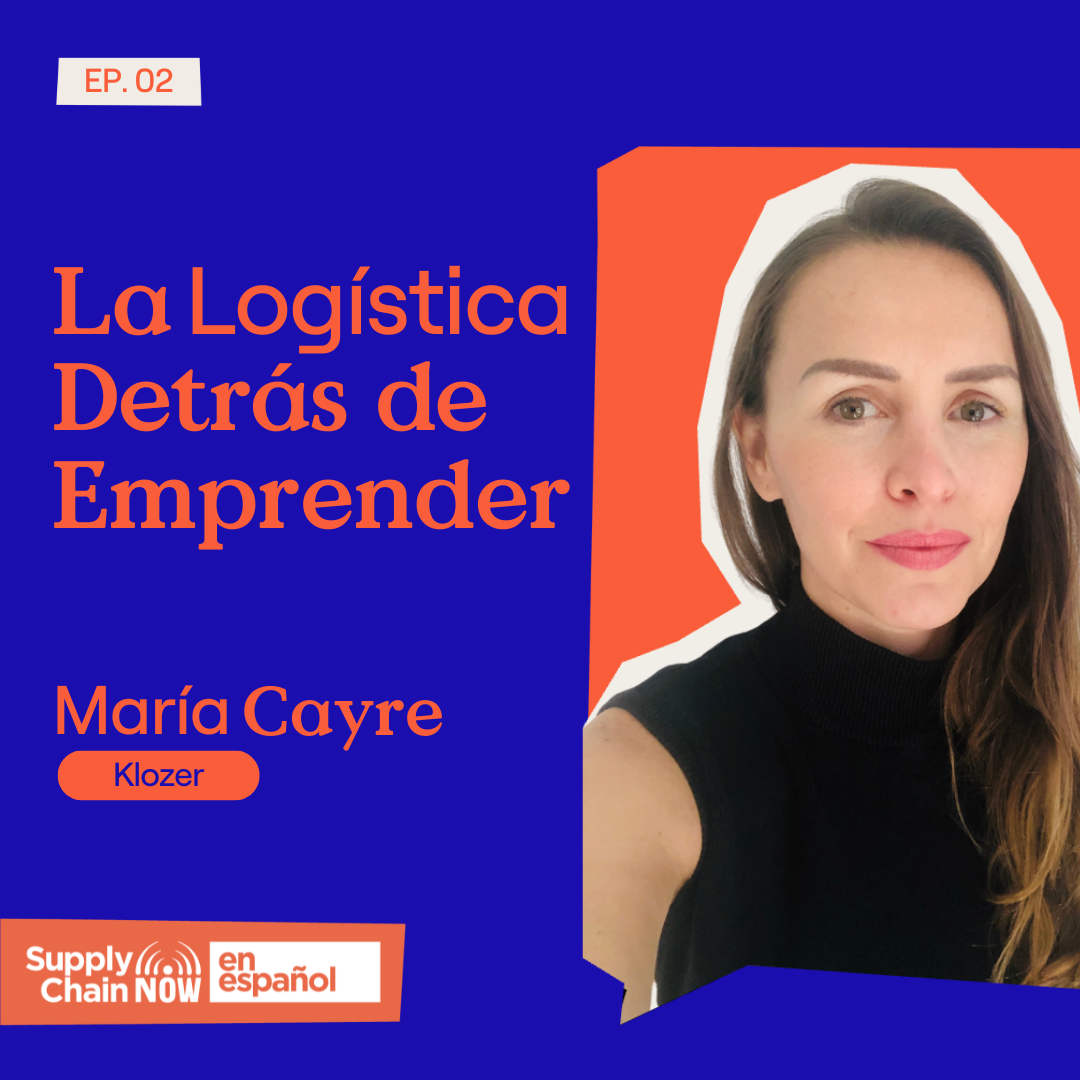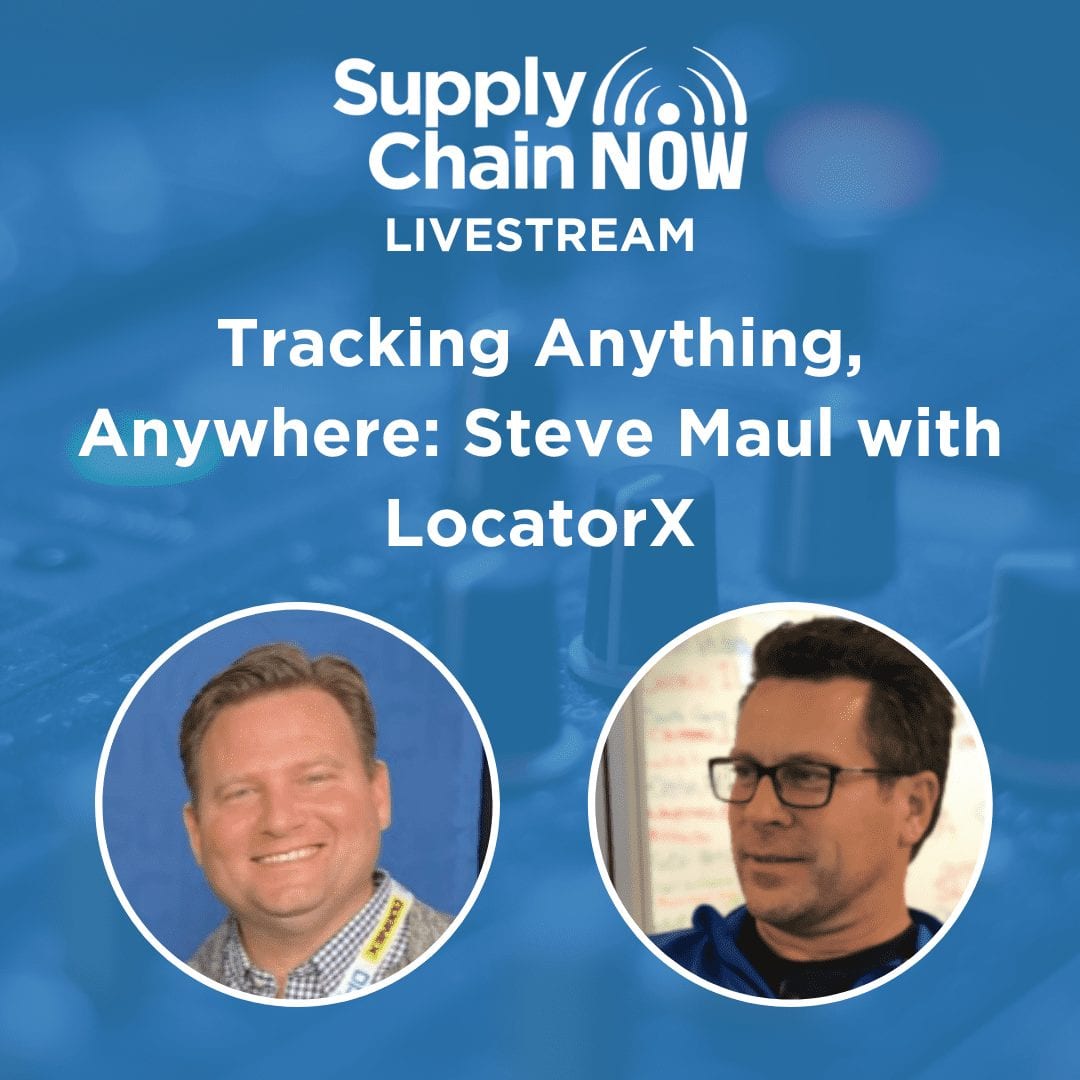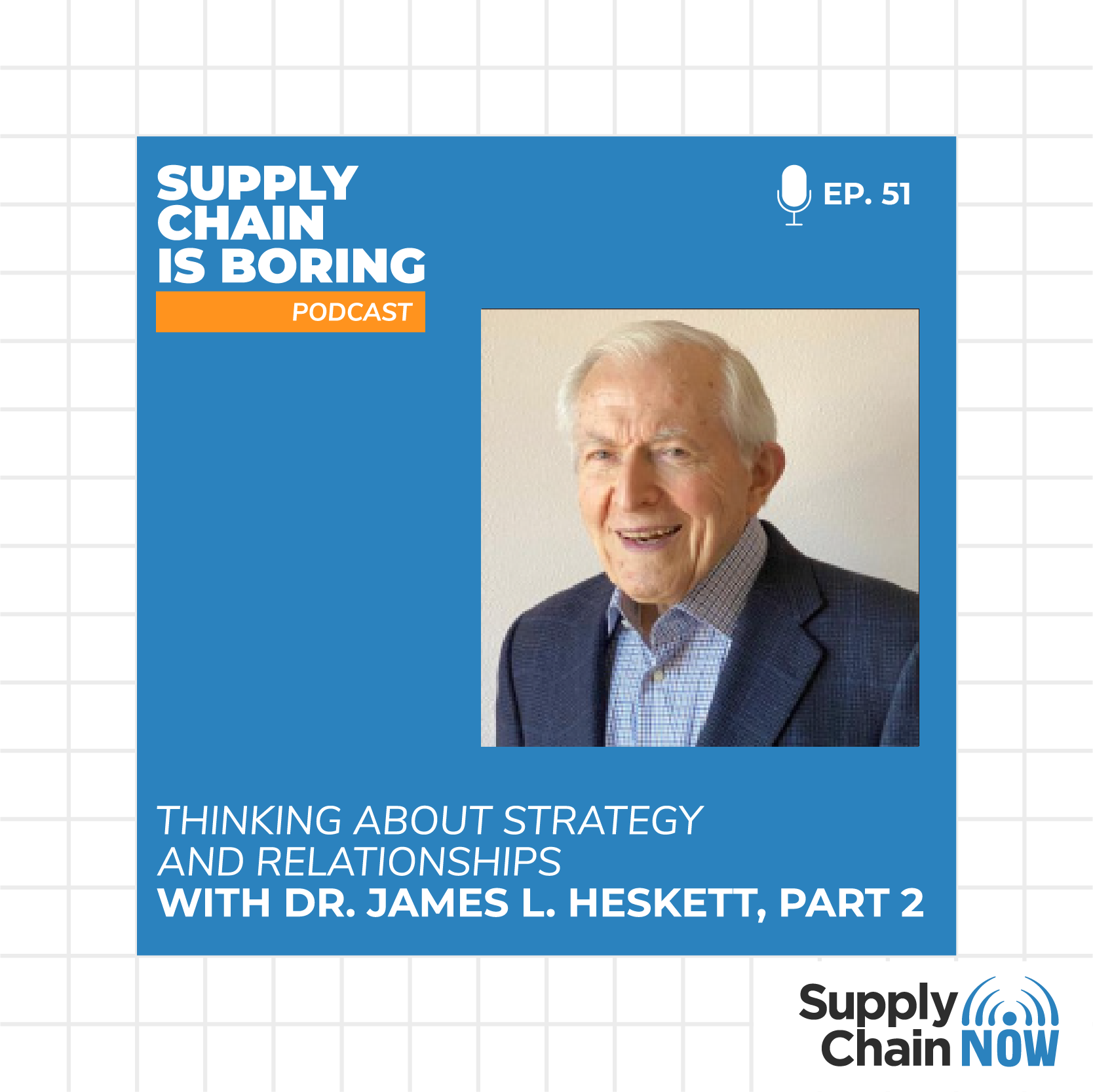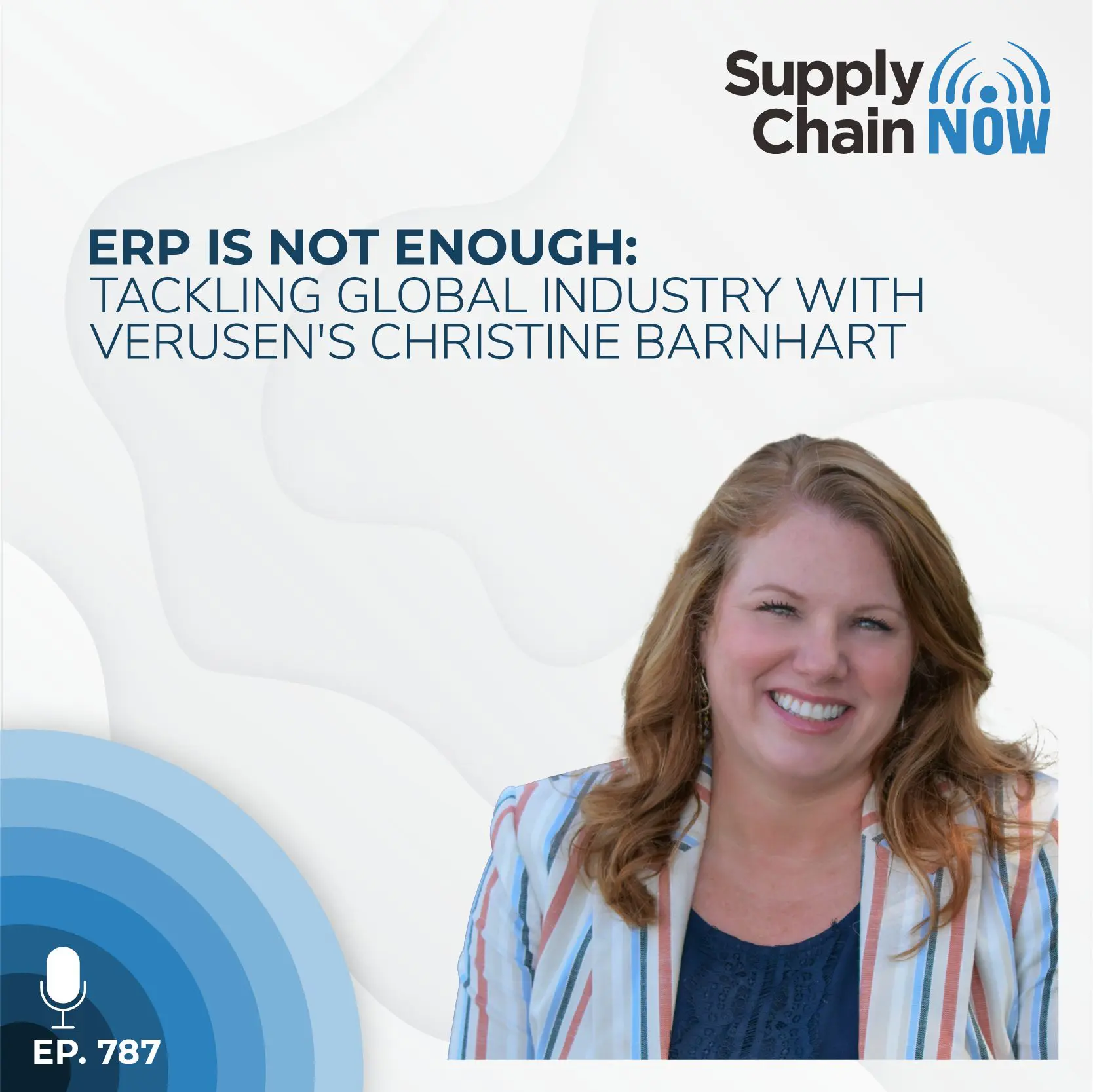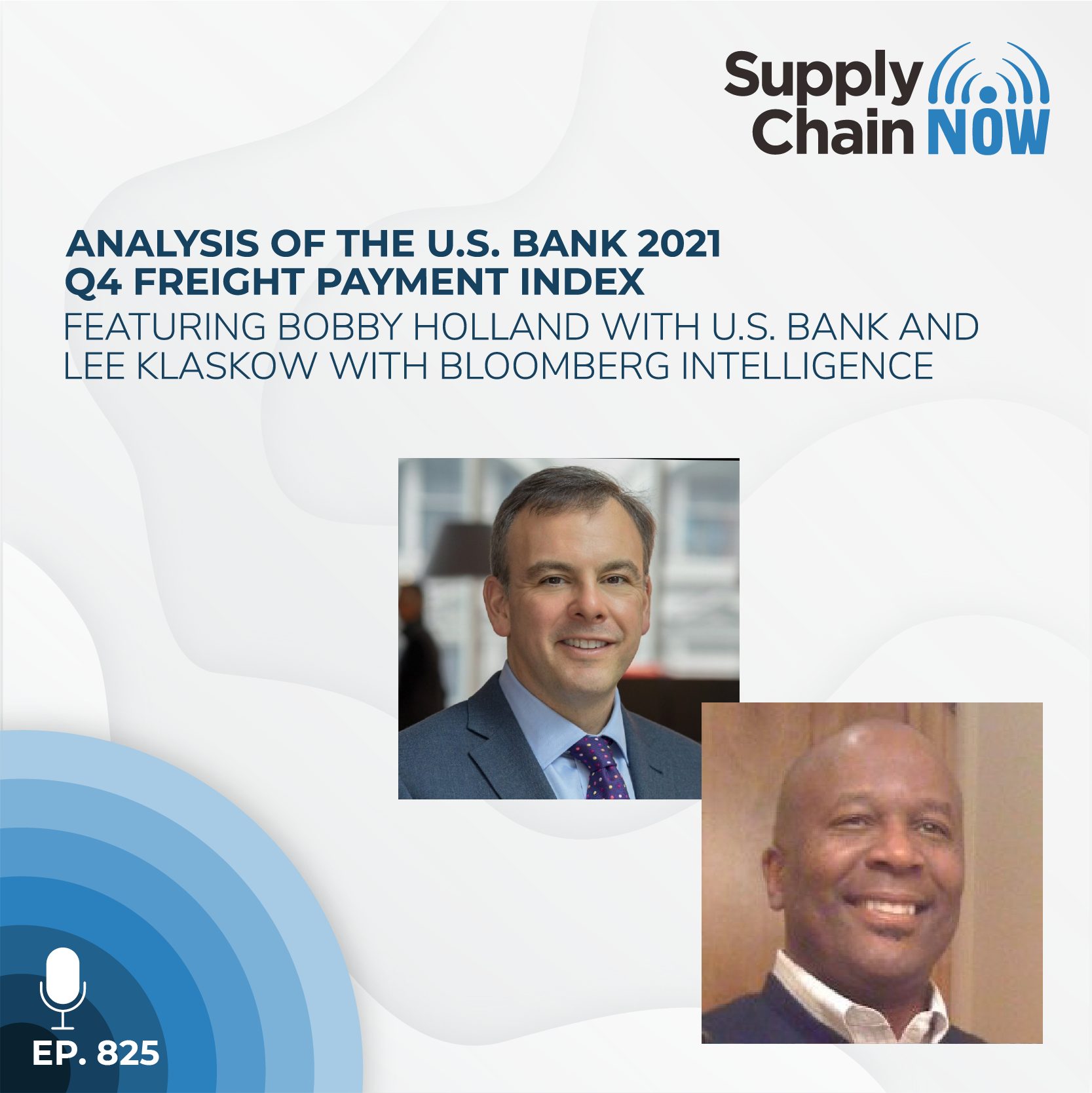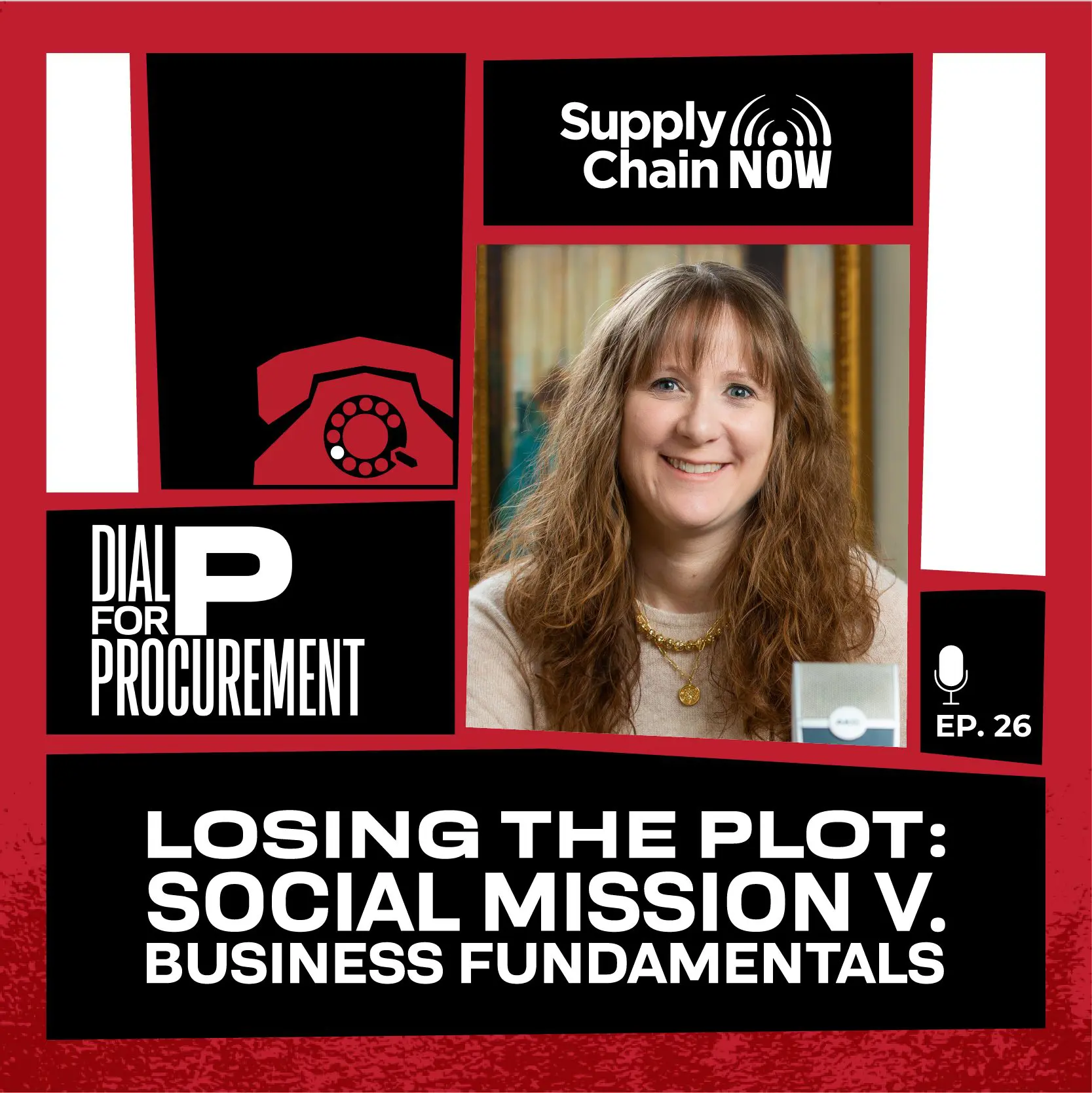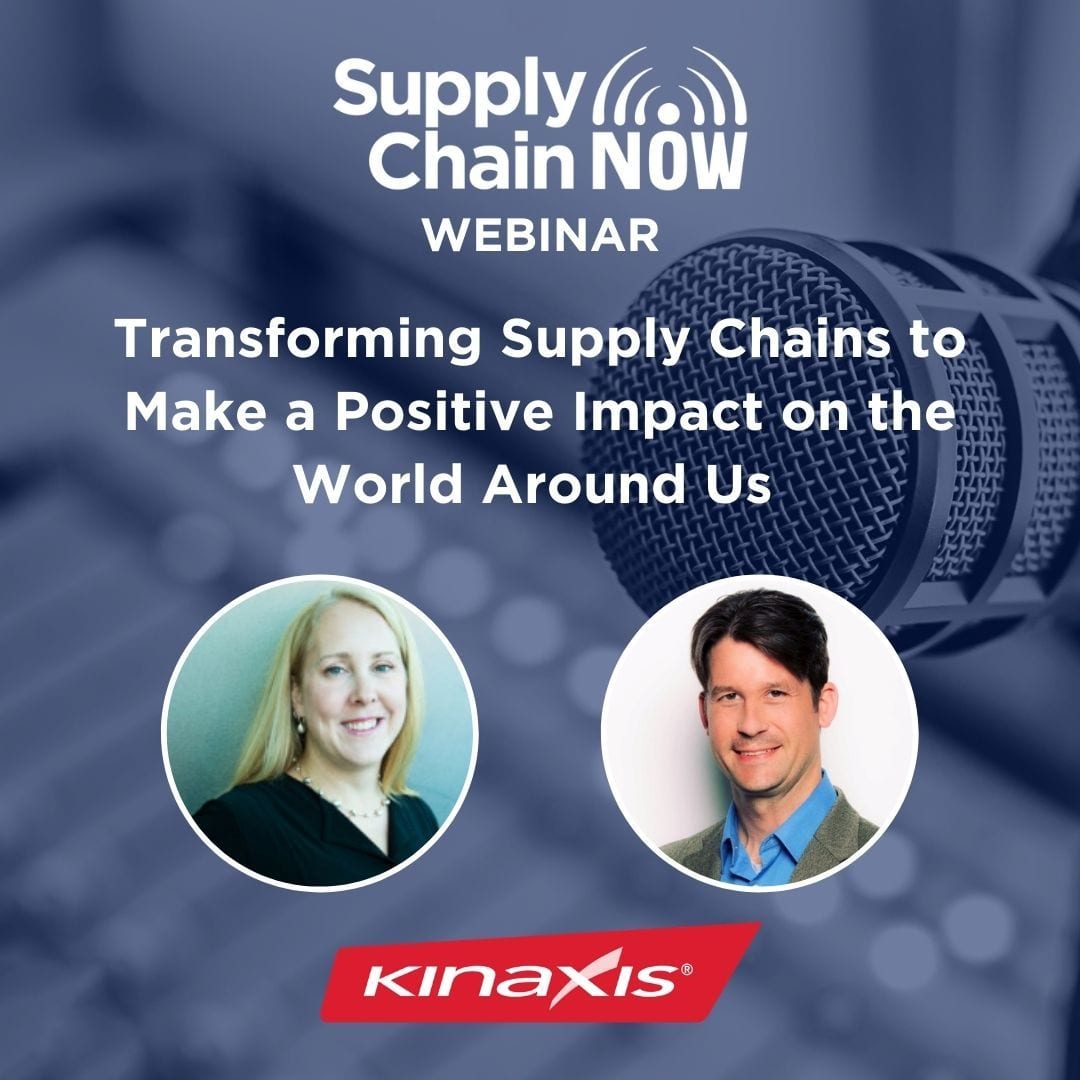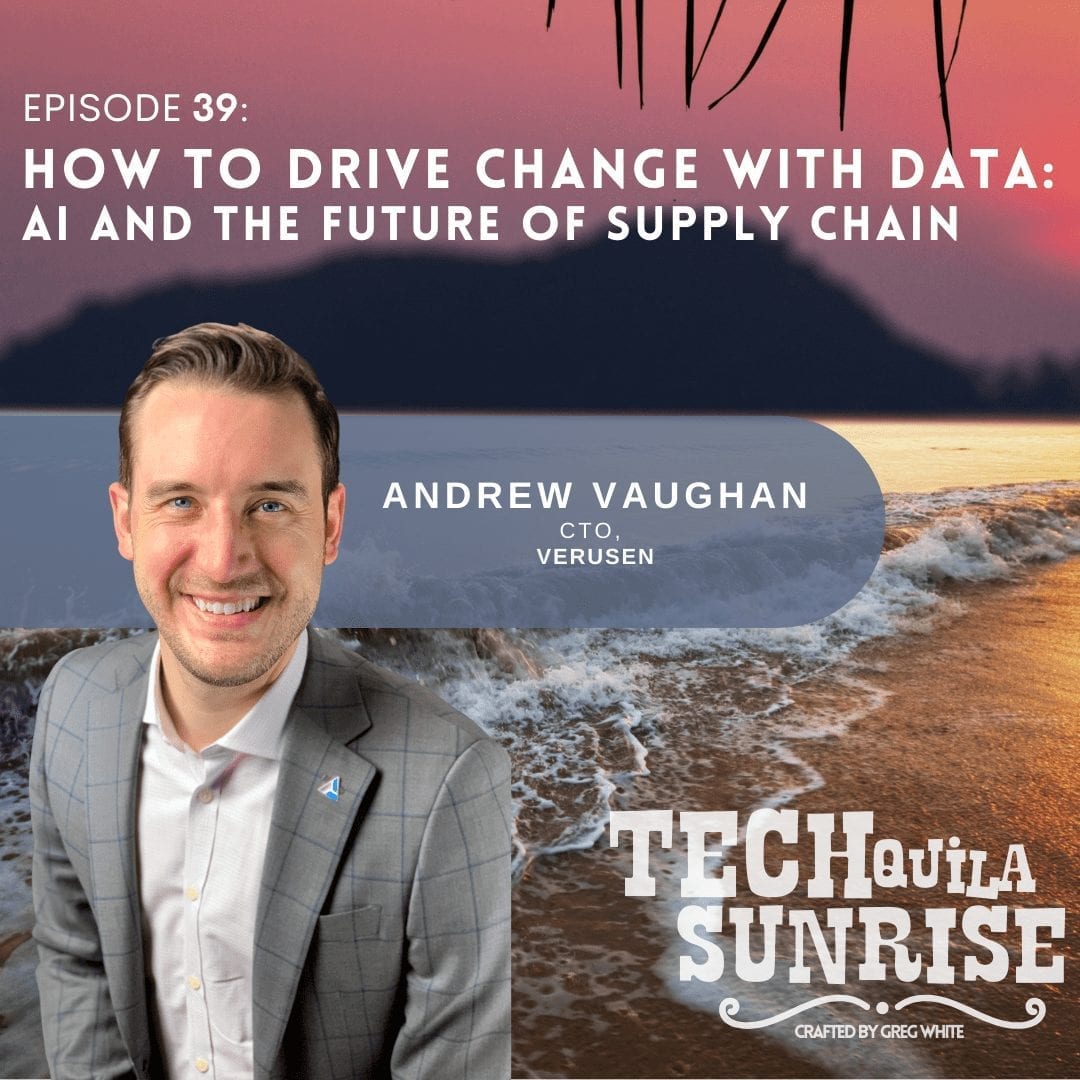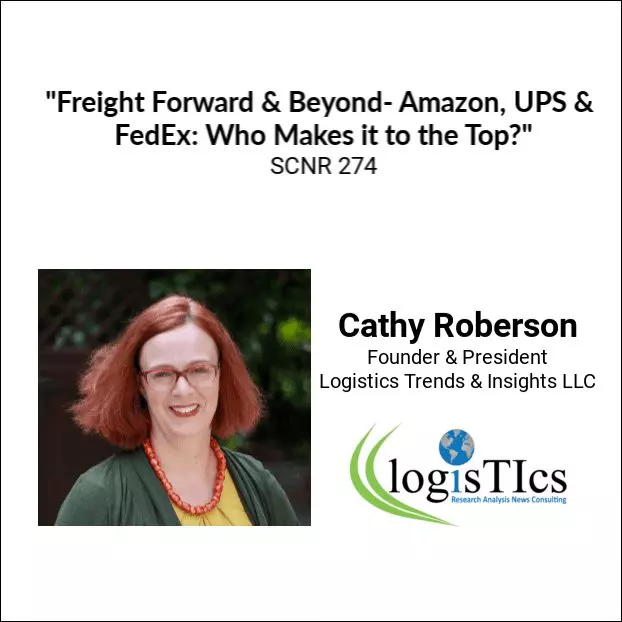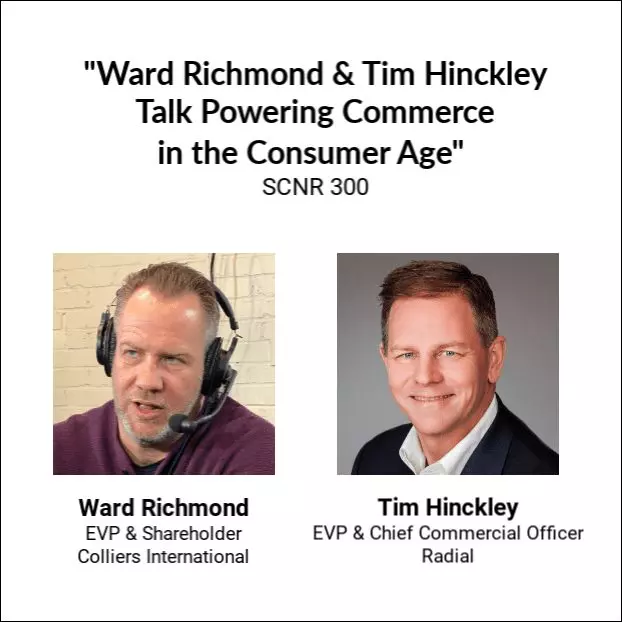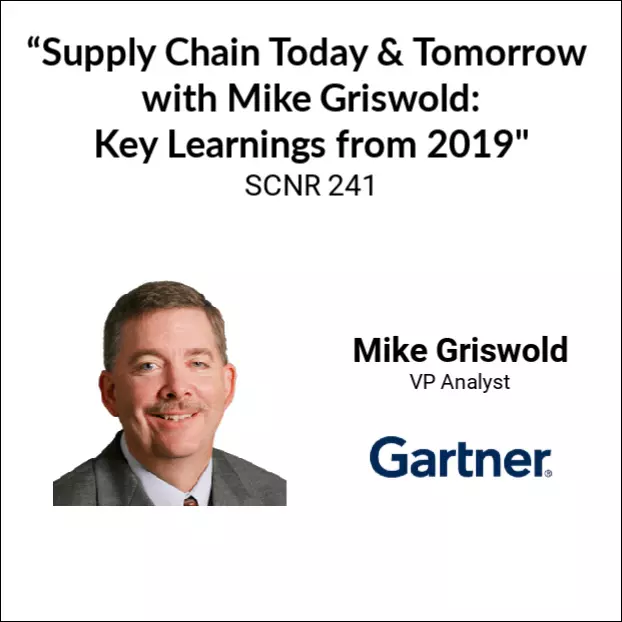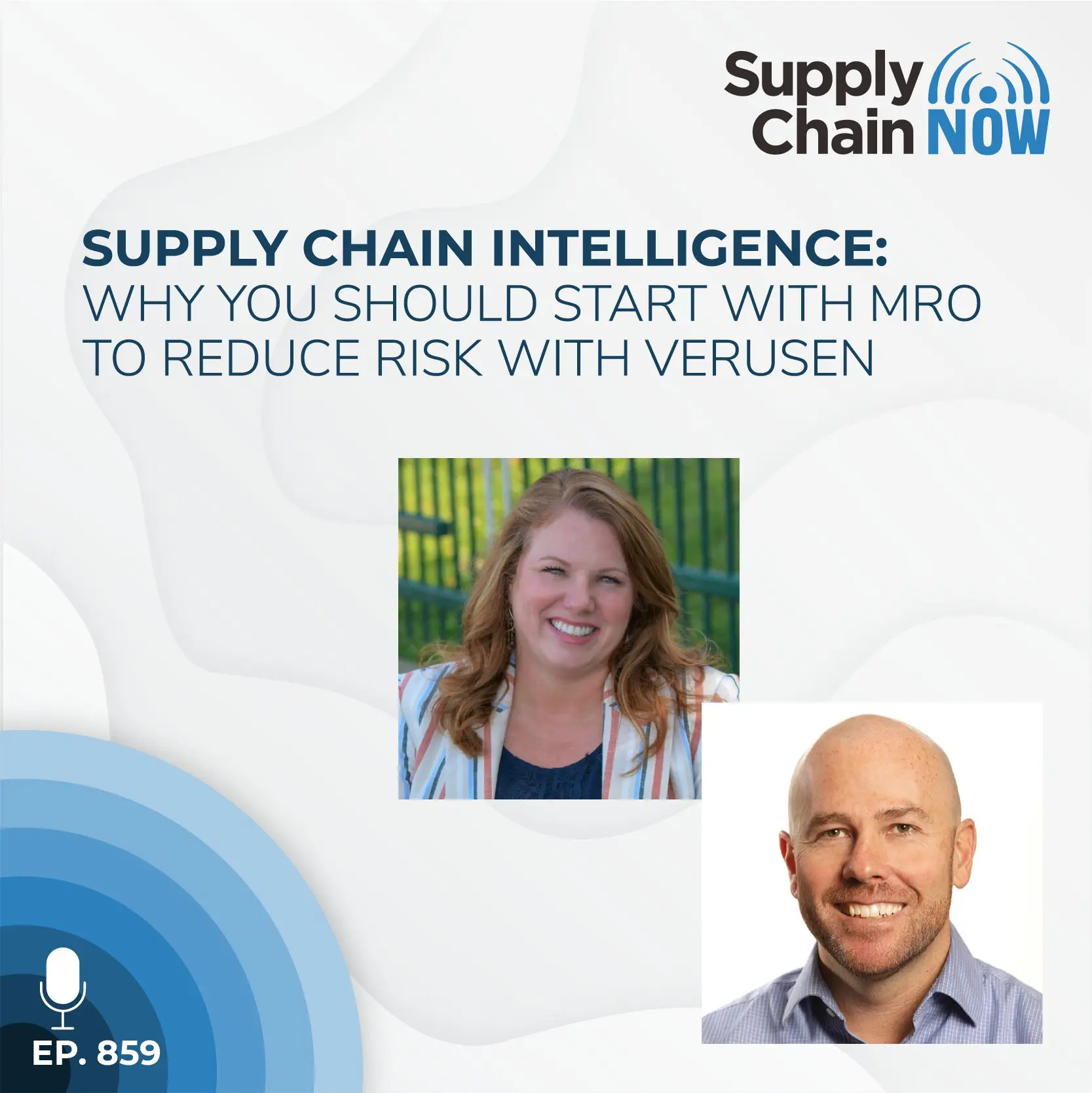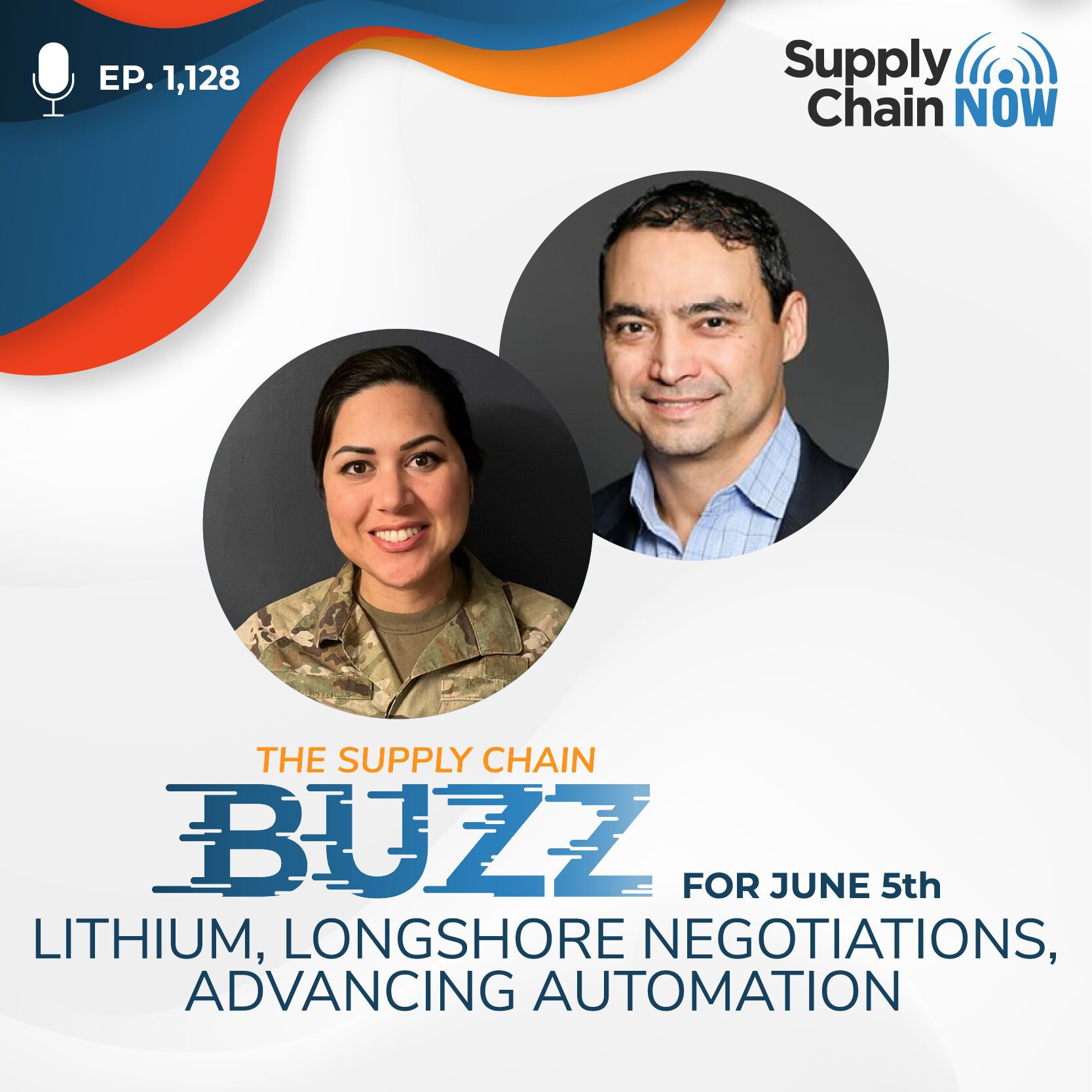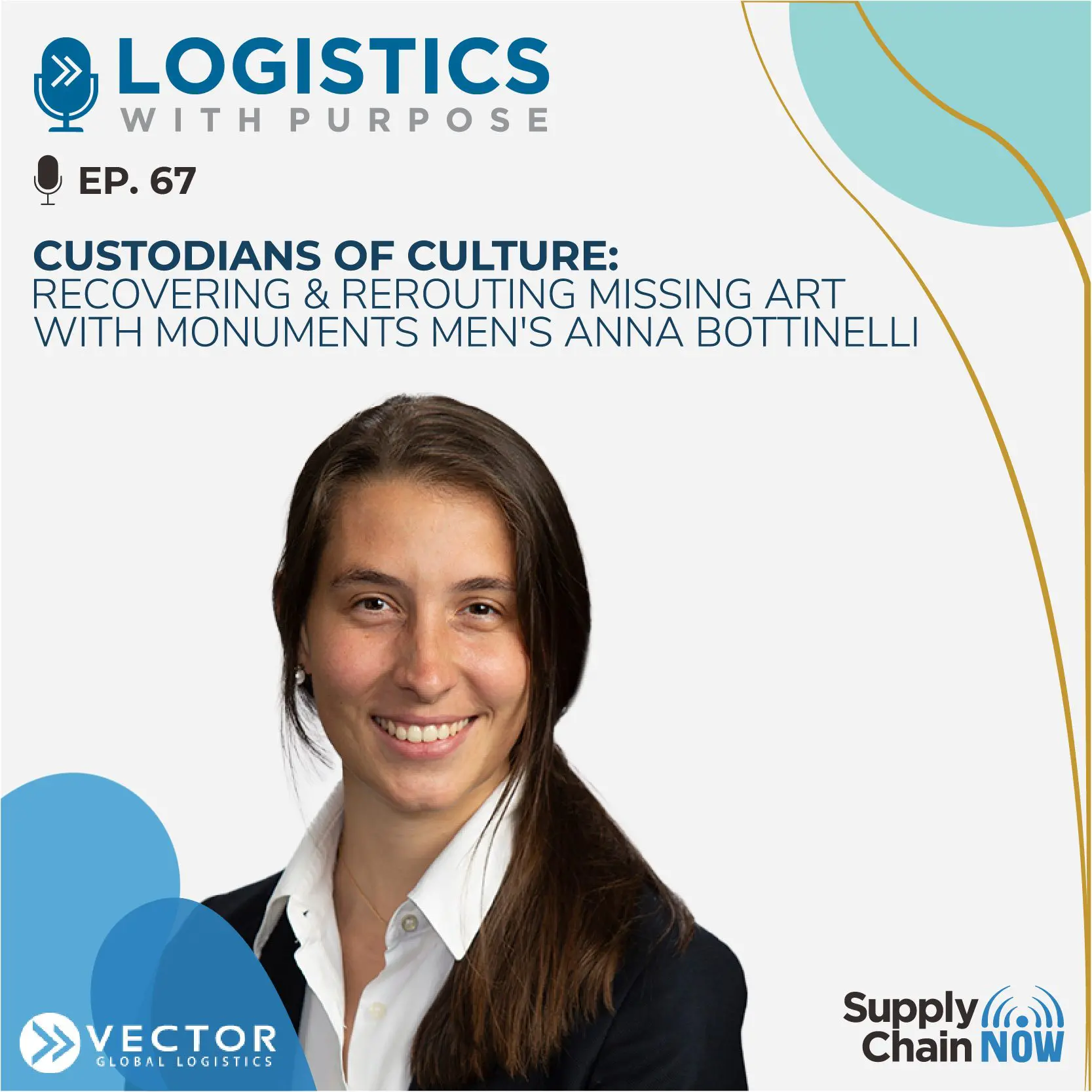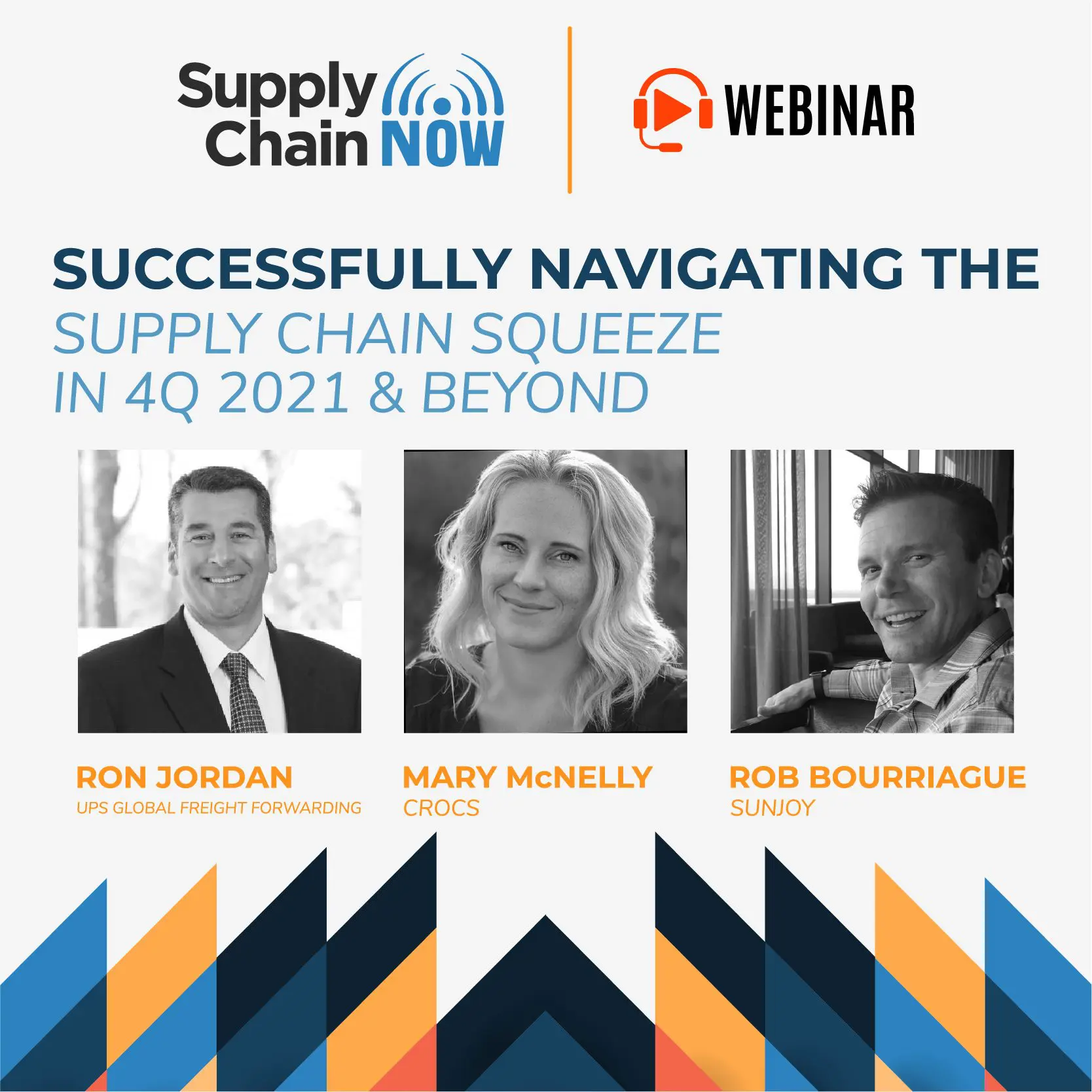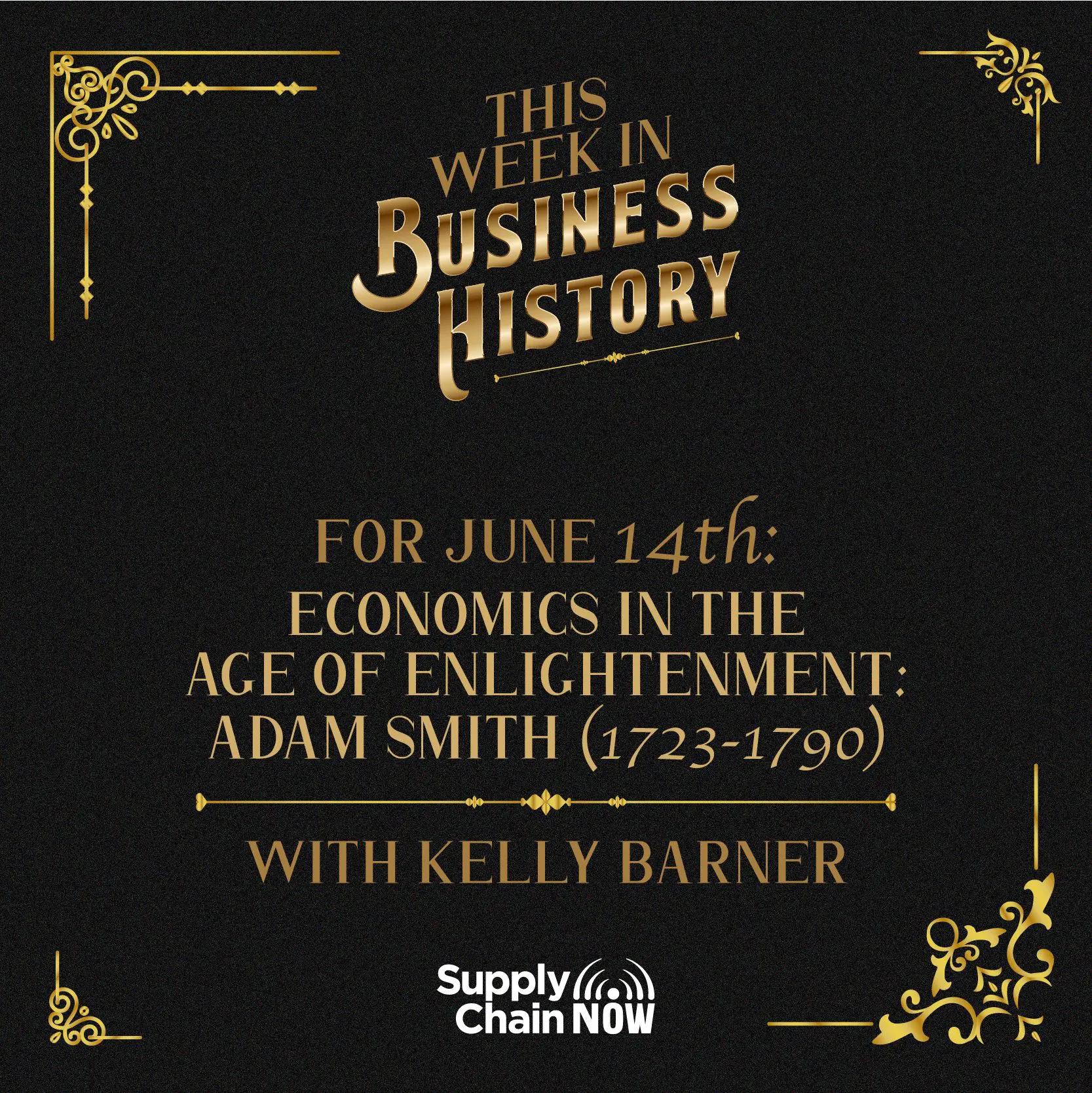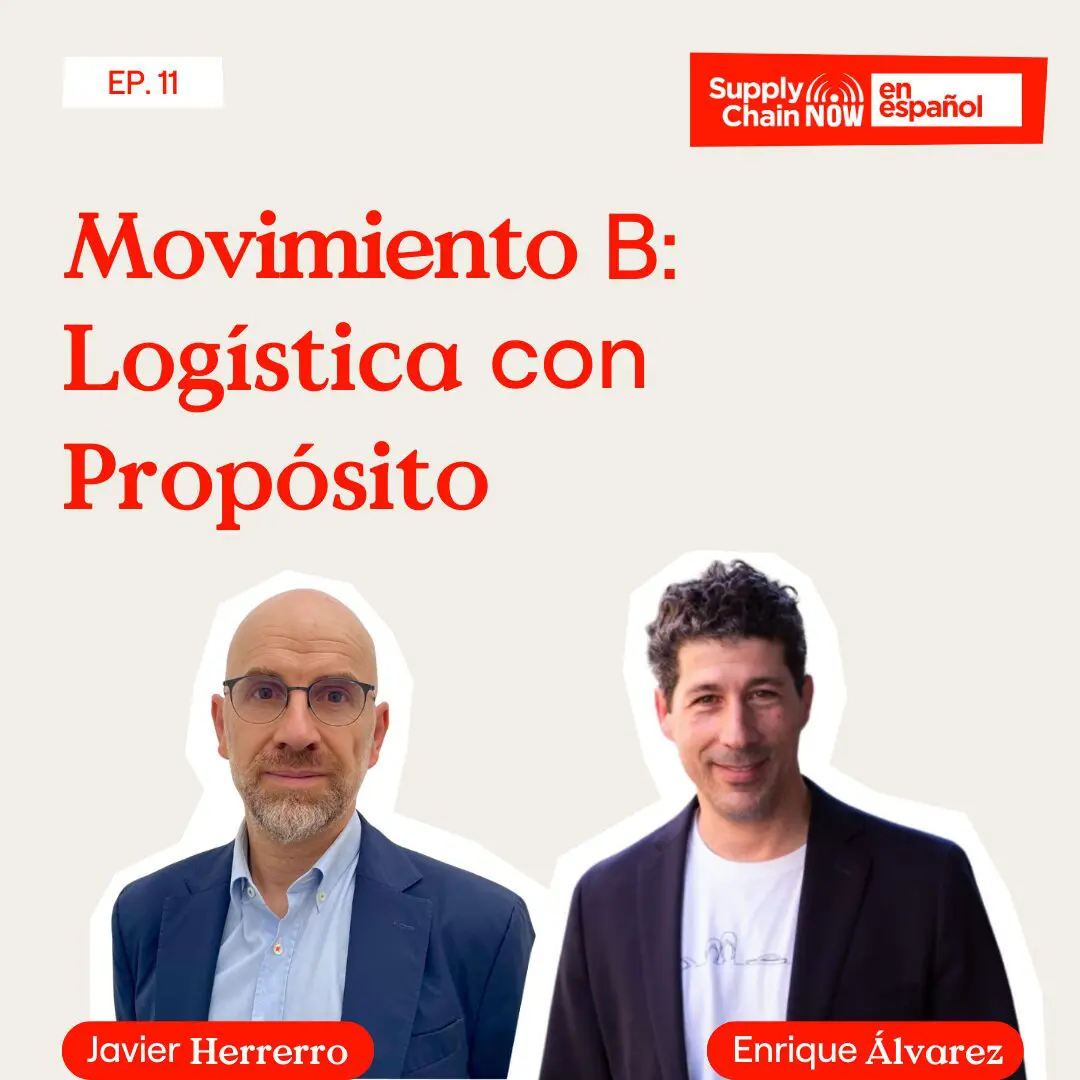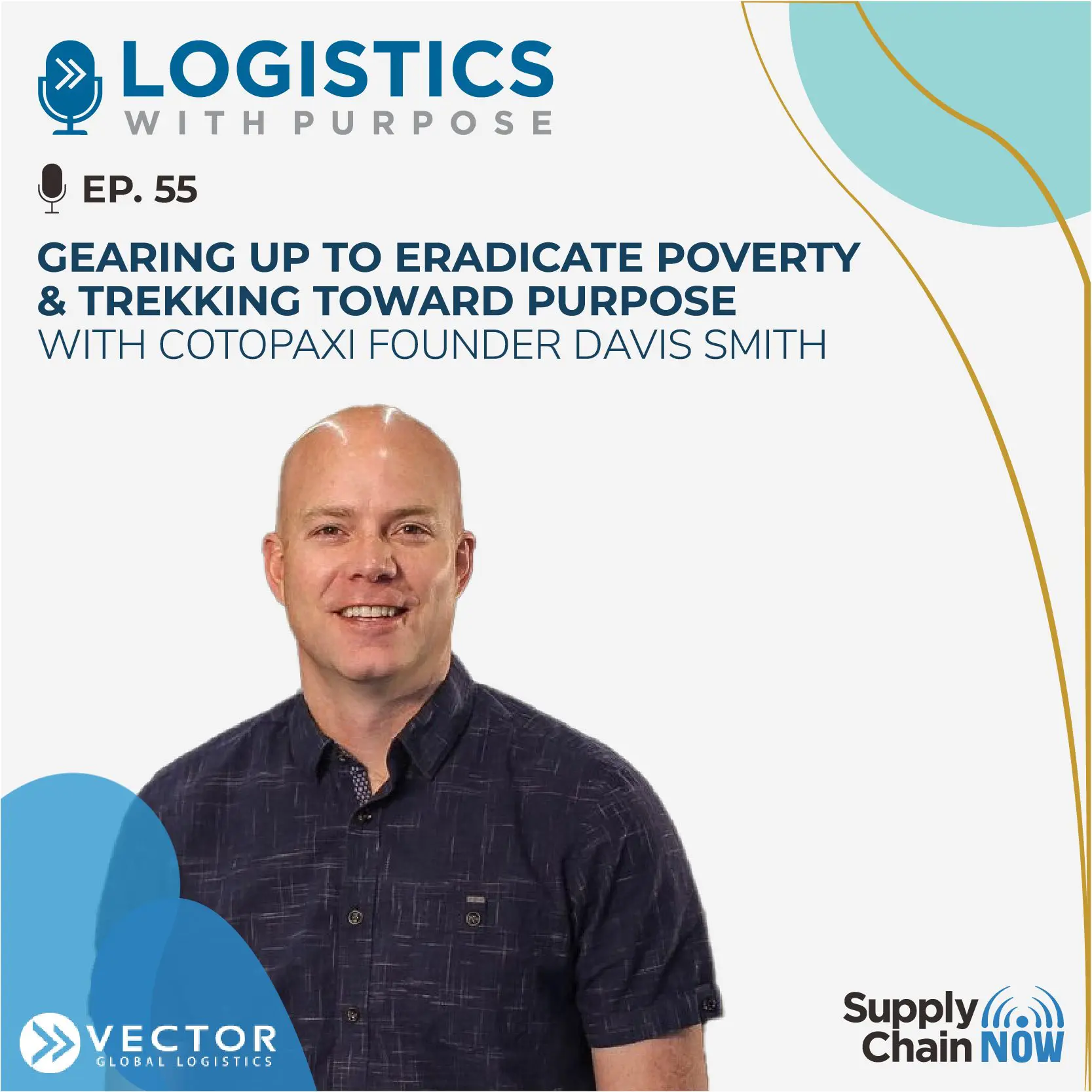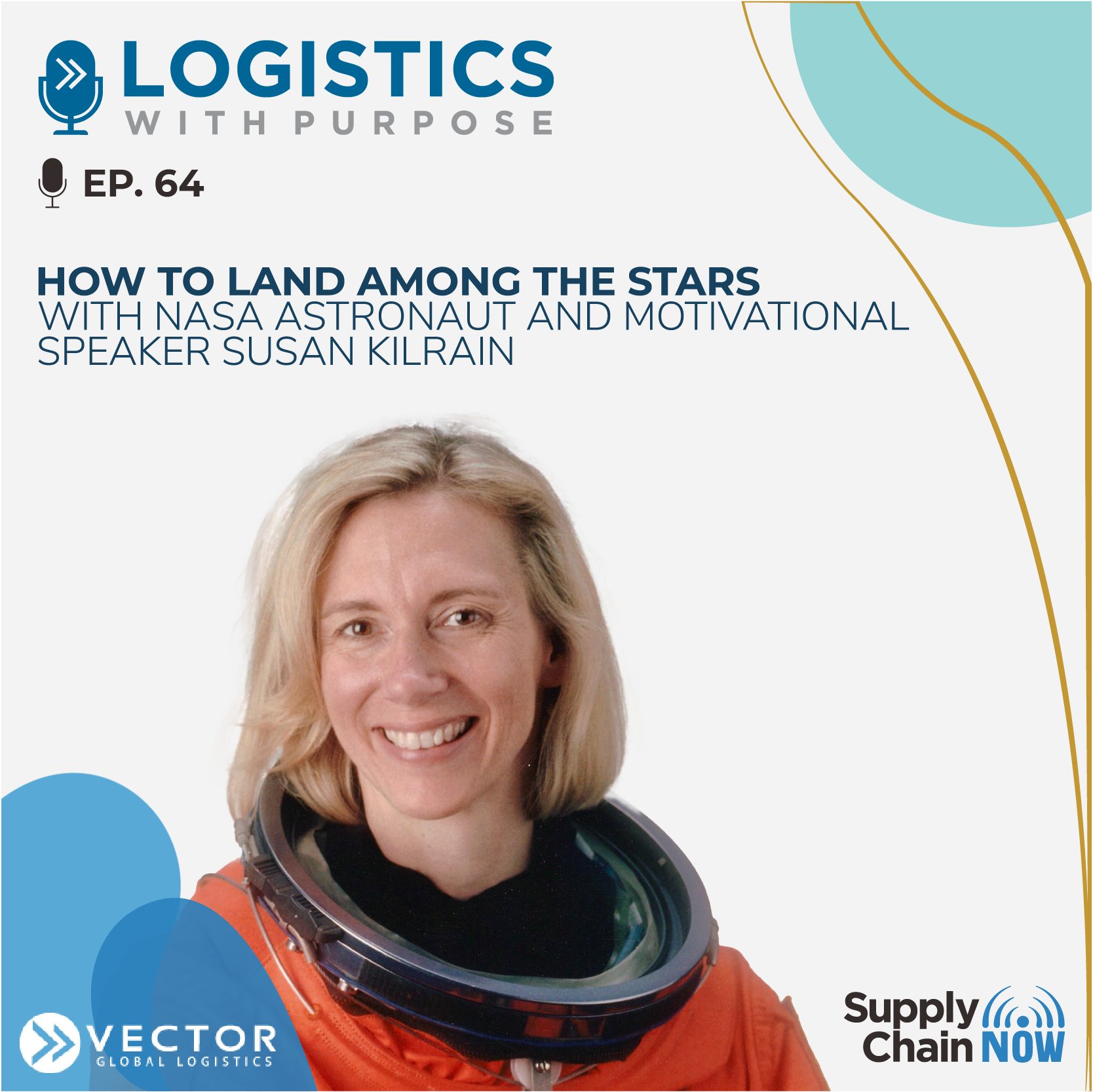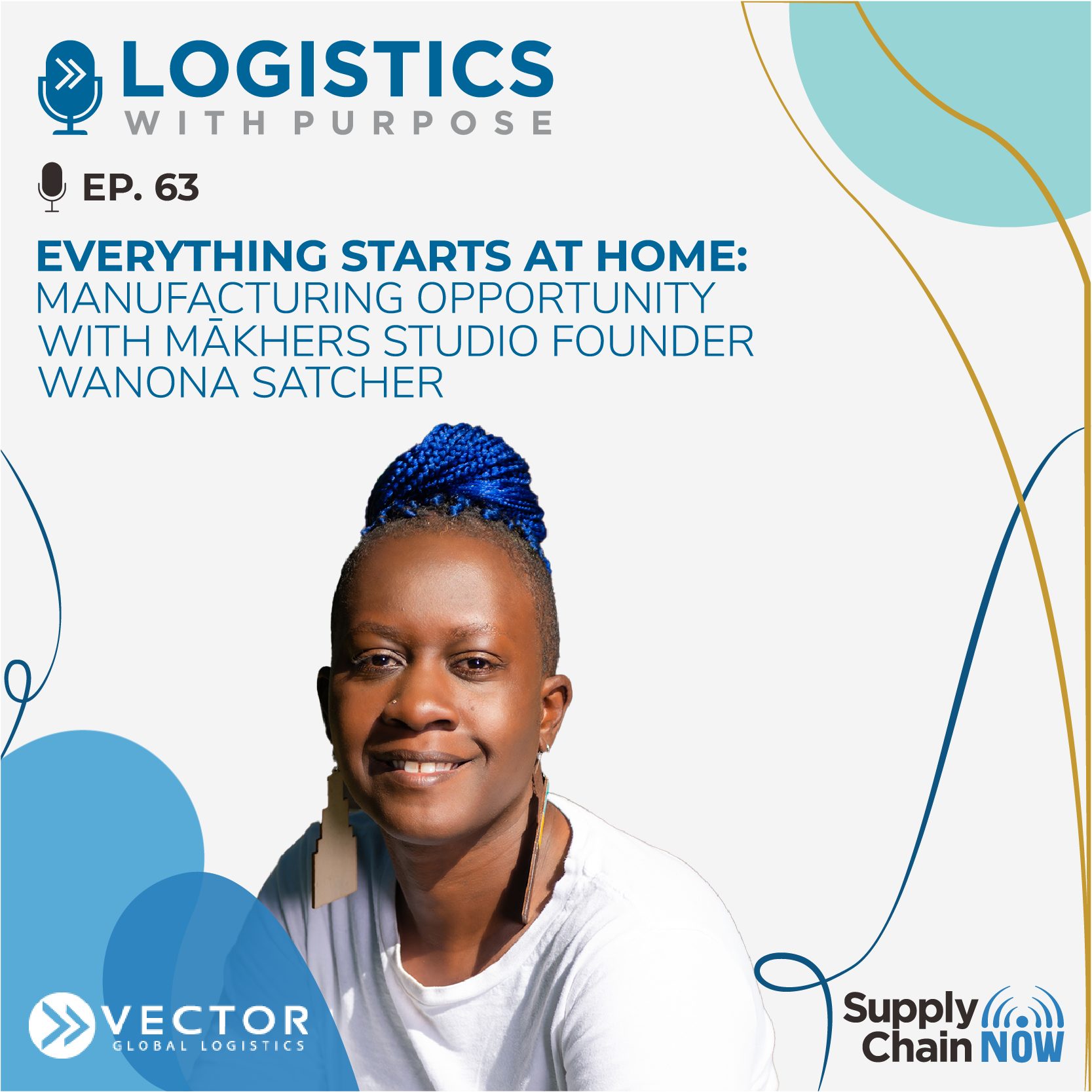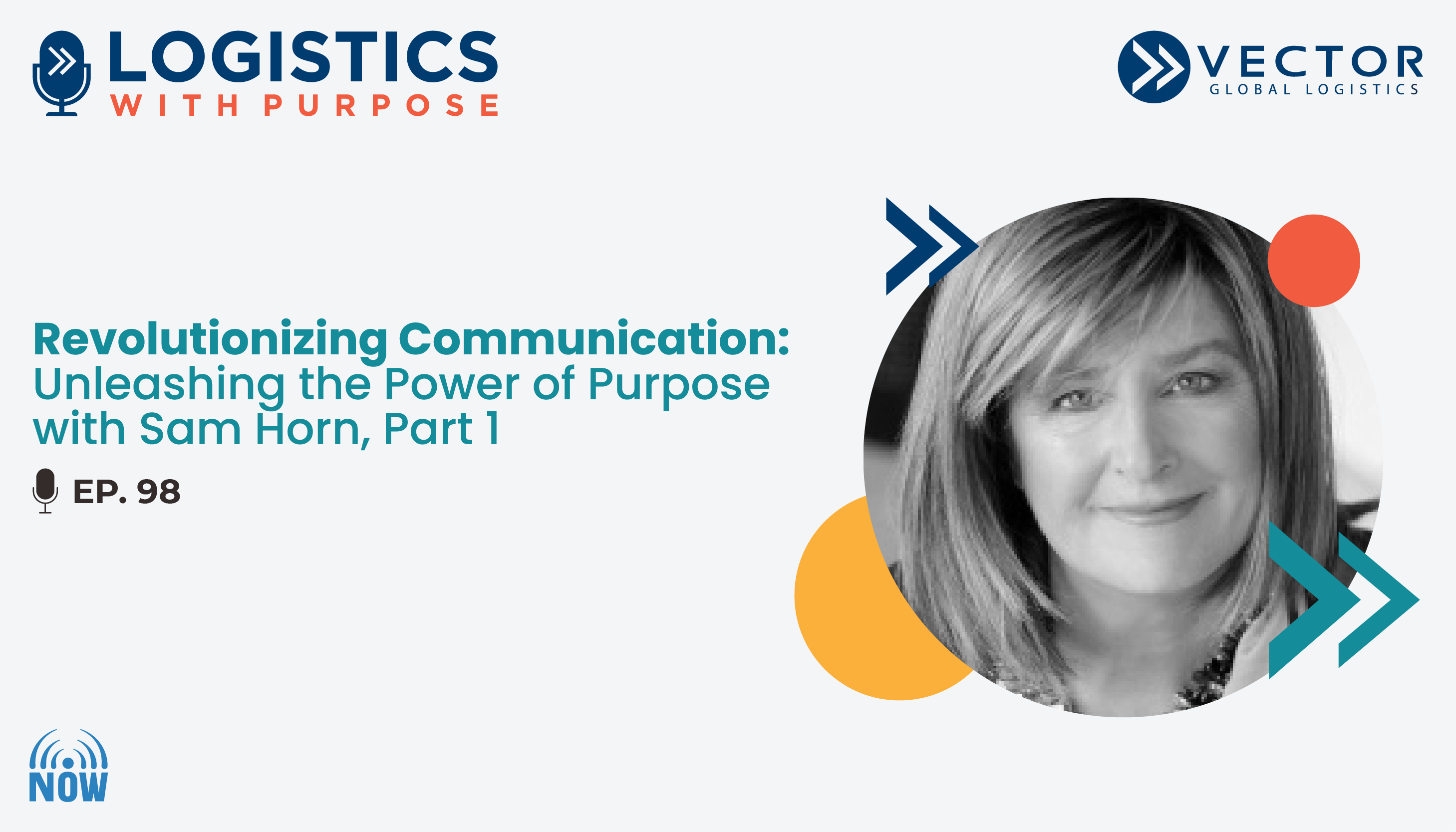
A river that runs through my life and my work is that if something goes wrong, I can bellyache about it or I can blame, or I can get busy fixing it.
-Sam Horn
Episode Summary
Sam Horn is on a mission to help people create quality communications that add value for all involved. Are you ready to join her and embrace positive change?
In this first part of a dynamic two-part interview on Logistics with Purpose, hosts Enrique Alvarez and Kristi Porter are joined by the captivating Sam Horn- a keynote speaker, bestselling author, and leadership coach.
Get ready for an energizing conversation as Sam shares her inspiring origin story, parenting insights, and the transformation from pitching academic courses to becoming a sought-after speaker on conflict resolution. Hear the secrets of the Intrigue Agency, learn unforgettable communication tips, and discover Sam’s philosophy on living a fulfilling life. Packed with engaging anecdotes and actionable advice, this first episode of two promises to be a thrilling ride into the world of impactful storytelling and effective communication.
Episode Transcript
Intro/Outro (00:02):
Welcome to Logistics with Purpose presented by Vector Global Logistics. In partnership with Supply Chain. Now we spotlight and celebrate organizations who are dedicated to creating a positive impact. Join us for this behind the scenes glimpse of the origin stories change, making progress and future plans of organizations who are actively making a difference. Our goal isn’t just to entertain you, but to inspire you to go out and change the world. And now here’s today’s episode of Logistics With Purpose.
Enrique Alvarez (00:35):
Good Day and welcome once again to another episode of Logistics with Purpose. I’m your host, Enrique Alvarez, and I have a co-host today. Christie, how are you doing? Always great to have you with me.
Kristi Porter (00:45):
I know it’s fun to be back together again. I’m good. I got my sweater on. I’m enjoying the cooler temperature, so it’s a good day.
Enrique Alvarez (00:53):
It’s definitely a good day and have an amazing guest. And this is actually the second time that we’ve done this together back to back, so I’m happy to having the opportunity as well.
Kristi Porter (01:02):
Absolutely.
Enrique Alvarez (01:03):
Without further ado, we have an amazing guest. I had the pleasure of meeting her during the CEO summit in Austin a couple of weeks ago. Sam Horn, founder and CEO at the intrigue agency, keynote or bestselling author, excited leadership coach, communications strategist. Strategist, and just a truly inspiring person. Sam, how are you doing today? And welcome to the show.
Sam Horn (01:27):
I am just wonderful. In fact, as we come to the end of 2023, I like to do a review preview, look back over the year and what are our highlights, what are lessons learned? And then look ahead to our Ikigai, what lights us up and what we’re looking forward to in the new year.
Enrique Alvarez (01:44):
That’s amazing. And again, I had a blast meeting you and you are so thoughtful and caring. So I’m very excited to have you here today. So thank you for doing this, and I’m sure everyone that’s listening to this episode’s going to have a blast as well.
Kristi Porter (01:58):
Yes. You bring such great energy.
Sam Horn (02:02):
Well, I’m glad you’re recording it because many people tell me they listen to this again and again, whether it’s on their workout or on their rock or run or drive or something because, and I hope they have paper and pen. I’m a Luddite and I really believe in inking it when we think it. So hopefully there’s some nuggets in here. They can’t wait to apply to their different projects.
Enrique Alvarez (02:23):
I couldn’t keep up with the way that you, I mean, you were telling us to literally Christie, she was just stopping everyone and say, okay, take a pen note, and they just write this down. But it’s just too much. It was like, you’re right that it’s a good idea to record it. So you can then probably play it back maybe even a little bit slower because there’s really good thoughtful insights into what you were telling us. And without further ado, Christie, I think all yours, you start, we’re
Kristi Porter (02:46):
Thrilled and we want to hear more about the rest of your career and what you’re currently doing and what you’ve built in your career. But we always love to start by asking people a little bit about their background so we can get a better understanding of where they came from and how they got to where they are now. So I guess to start us off, just tell us a little bit about your childhood and where you grew up.
Sam Horn (03:05):
I’m happy to do that. And by the way, this is a box within a box. So not only will I tell you that story, we’ll pull out of it. And for context, I know we have a lot of seasoned entrepreneurs and executives, whether it’s trucking or shipping, logistics, supply chain, et cetera. So not just my origin story, I hope everyone who’s listening is thinking about their origin story because write this one down, our originality is in our origin story. That’s one of a kind about us. When people know where we’re coming from and where we began to care, that’s when they began to care. So if people who are listening or preparing a talk or writing a book or going to give a presentation to their board or something, if Simon Sinek tells us to start with why good for Simon, he’s made a difference for a lot of people. I think if we start with why sometimes it’s generic, well, I do this because I want to make a difference. Well, everyone wants to make a difference. So see, that’s generic. The genius is in the question you just asked Christie, no, start with where did we get this epiphany? Where did we start in this position? Where did we get the idea for our business? Where did we decide enough we’re going to do things differently? So now my origin story is
Kristi Porter (04:31):
I’m excited.
Sam Horn (04:32):
I grew up in a really small town, more horses than people. In fact, a reporter asked last year, where did you get your confidence? I got my confidence on a back of a horse. I had a big old rangey Palomino. He had two speeds, a trot and a run. He never ever walked. And he never, ever loped or cantered. He always flat out run. It was like chaos. Here’s the point though, is that even when I was eight years old and my sister was nine, we would be gone all day on our horses. And our parents did not worry. They did not caution us. Oh, what if they get bucked off? It’s like, get bucked off, figure it out, bridal breaks, figure it out. So see, even at age eight and nine, I was learning to be resourceful. And instead of seeing the world as a dangerous place and worrying what could go wrong and living in this fear, we knew things would go wrong and we had the confidence to figure it out. So thank heaven for Kuma California and for my Palomino Jo and my parents for teaching me to see the world as an adventurous place and trusting that whatever happens, I can figure it out.
Enrique Alvarez (05:48):
Well, kudos to your parents in that regards because I’m a dad and it’s hard. To your point, I remember when I was growing up, my parents let me do a lot more things that I let my kids do in a much more scarier way. We didn’t have phones, we didn’t have cell phones, they didn’t know our location at all time. It’s a good story. Thank you for sharing.
Sam Horn (06:10):
And by the way, for the parents out there, it is that my sons grew up in Maui. And if there is good surf, you go surfing, right? If there’s medium surf, you go boogie boarding. If there’s decent surf, then you go body surfing. And if there’s no surf, you do what’s called skim boarding. It’s like you have a board, you run, you throw it on the wet sand, you jump on it, and then you do a little flip into the incoming six inch wave, hopefully. Well, people break their neck all the time. And I had a decision to make as a mom, and it comes from Maria Montessori, and she said, you don’t help your kids when you help your kids. And I was afraid on their behalf that something would go wrong. However, I knew if I forbid them from skim boarding, then in a way it would emasculate them at a very young age.
(07:05):
Their peers were skim boarding and they couldn’t, that as a mom would be overprotective. And so the keyword is trust. I said, I trust that you’ll use good judgment. I trust that you’ll be able to be safe. And so as a parent, I think it’s this delicate balance between letting our kids make their own mistakes and be adventurous. And sometimes things don’t work out perfectly. However, what’s happening is they’re building the self-confidence and the self-reliance and the belief of seeing the world as this grand adventure instead of restricting themselves and retreating and withdrawing Your thoughts about that?
Enrique Alvarez (07:49):
No, I totally agree with you. I feel like it’s very important for people to learn that it’s okay to make mistakes, not only children or kids, but in general. And I feel I do see a lot of that right now. People just a little bit anxious and hesitant to make decisions or go for things even though they want them because they fear failure. And I feel like if you don’t make mistakes, if you can’t fail, then you’re really not ready for this world or life in general.
Kristi Porter (08:16):
Yeah. It reminds me too, a little bit of our last podcast guest, when we talked about grit and perseverance and determination, which it started to remind me of that when you were talking about the horse, but also especially with your kids and just how much those lessons can really carry you through your life and set you up for a life that you’re willing to take chances and take calculated risks and welcome some sort of something that’s going to push back against you when you’re uncomfortable and be able to get through on the other side and how that sets you up, whether you’re an employee in a company or an entrepreneur or anything in between. But yeah, I love that. Great lessons.
Enrique Alvarez (08:52):
So Sam, going back to you again, and in your earlier days, you must have tons of different stories. Could you share another one with us, one that kind of started helping you shape the person that you’re now some story that you might be actually then relating to your professional career that you’re like, this is what I’m going to be doing for the rest of my life.
Sam Horn (09:11):
Absolutely. So I’m going to tell the story and we’re going to pull out and observe as well. So we’re looking at the craft is that I believe it used to be make a point, tell a story, make a point, tell a story. I think that’s backwards. No, it’s tell the story. Make the point. Tell the story, make the point, because this is real life and this is rhetoric. And so when I’m on a podcast or when I’m speaking, if I want to make a point, I often start with the real world story and then we unpack it. What’s the epiphany, the lesson learned, et cetera? So I’ll start with the story is that we lived on a ranch in this small town of New Kuma, and one night we got a call like 3:00 AM in the morning while our cattle had broken through the fence and we’re out on the county road.
(09:59):
Well, the blaming began, it’s like you are the one who, well, you are the one who, and my dad said, you can blame and bellyache or we can get busy and fix this. And so we all got up, we stopped blaming and finger pointing and bellyaching. It was cold, it’s 3:00 AM et cetera. And we just got busy fixing it. And we went out, we got the cattle, we put ’em back in the pasture, we fixed the fence. And so that is actually a river that runs through my life and my work is that if something goes wrong, I can belly ache about it or I can blame or I can get busy. And that’s actually the core of talking on eggshells as well. John F. Kennedy said, our task is not to fix the blame for the past, it’s to fix the course for the future. So here’s to getting busy instead of bellyaching and blaming.
Enrique Alvarez (10:53):
Yeah, thank you. Yeah, that’s a great quote as well, and a really good story. It sounds like your parents were amazing parents. What are their names, by the way?
Sam Horn (11:02):
It’s Warren Reed and Ruth Reed. And thank you for saying that. And as a parent myself, I have so much appreciation. Another story is that a psychologist said, what is one thing you remember your parents saying? And I didn’t even have to think about it. It was right there because one night rabbits, I was in four H, dad was in charge of FFA, so we had rabbits in the backyard and it was freezing cold, snowing, et cetera. And my parents said, have you fed the rabbits yet? Well, all kinds of excuses. Oh, I’m going to do it in the morning. It’s like, et cetera. And do you know what they said? Do the right thing. I said, do I have to feed the rabbits tonight? And they didn’t say, no, you have to feed the rabbits tonight. How times do we have to tell you? Think about those poor rabbits. They just said, do the right thing. And I will always be grateful to my parents for teaching me that in any given situation, there’s excuses or action, there’s reasons or results. And if we ask ourself do the right thing, we often know what to do instead of all the reasons why not to do it.
Kristi Porter (12:19):
Obviously it helped create a compass inside you as well. So that’s really beautiful. Well, it’s clear just from the short conversation we’ve had so far, Enrique had the privilege of hearing you speak at conscious capitalism’s gathering. I did not. But just from our few minutes here together, I love the way you speak. I love the way you communicate. It’s clear that that’s important to you. Even our emails, I mentioned that earlier before we got on, you’re very clear in your email communication, which I really appreciate, and that everything you do, it seems like it brings a very collaborative and communicative process to everyone involved. I’m curious, there’s a difference between you could have lived that out in any number of ways. Certainly there are a lot of directions to go, probably a lot of forks in your path, a lot of us. So I’m curious how you discovered this part of your mission and vocation.
Sam Horn (13:06):
So two stories. I’m going to do one more about my dad because when I reflect back, I realize how pivotal it was that without even understanding it, at the time that he was giving me the river that was going to run through my work, he was giving me my secret sauce. And then how I turned it into this career is that small town once again. And I was selected as valedictorian for my graduating class, small town, big whoop, right? And so I prepared my little talk and I gave it to my dad, future farmers of America’s very, they have a public speaking track because they were visionary and they realized you can be a farmer and a rancher, but if you’re not good at speaking, you won’t be able to negotiate deals. You won’t be able to advocate for yourself. I think it’s the same in logistics. We can be tactically, technically very good if we cannot speak clearly, concisely, compellingly, convincingly. We’re shooting ourselves in the foot. So back to dad. So I gave my little bird leaving the nest homily and asked him what he thought, and he was quiet for a moment, and he knew I wanted the truth. So he said, it’s an okay talk. You just didn’t say anything I hadn’t heard before.
Kristi Porter (14:24):
Wow.
Sam Horn (14:26):
And he didn’t trying to hurt my feelings, he was trying to give me honest feedback. And I said, well, dad, there’s nothing new under the sun. And he said, Sam, if we’re going to ask people for their time, it is our responsibility to introduce something they haven’t heard before. And I said, dad, there’s nothing original. And he said, do you know what the definition of is original if people haven’t heard it before? It’s original. And that’s why in all my books and all my presentations, my standard for myself is am I saying something people haven’t heard before? Because they’re smart and they’re talented and they’ve been around the block a few times. And it is offensive to simply repeat platitudes or cliches that everyone knows it’s a waste of their time and mine. So I try not to do it.
Enrique Alvarez (15:17):
Wow. Well, speaking of original projects, one of the first ones you worked on was Tong Fu. Could you give us a story behind that and then also tell us a little bit more, because you’ve been helping people through this project for more than 30 years, I believe, right?
Sam Horn (15:33):
We’re dating myself, Enrique.
Enrique Alvarez (15:35):
I’m so sorry. Three years.
Sam Horn (15:37):
Well, we’ve
Kristi Porter (15:38):
Been saying how early you got started.
Sam Horn (15:40):
Well done. Nice. Say Christie. Yes. Okay. So back to a story. And this one is about Dr. Ray Oshiro is when I moved to Hawaii, I went to the University of Hawaii the very first week I was there and pitched a course on concentration a few years before I had been reading the Washington Post. And I noticed that the word concentration was used six times on the front page of the sports section. Chrissy Everett said it was why she won the US Open, a golfer missed a give me putt. On a sudden death playoff hole blamed it on the clicking cameras of the nearby photographers. And I thought we all wish we could concentrate better. I have never seen any books on that topic. I have never heard anyone speak on that topic. So I started interviewing people. Did anyone ever teach you how to concentrate?
(16:32):
What do you do to help yourself concentrate when it’s busy? And P, you’re being interrupted and you’ve got multiple projects. What do you do when you lose your concentration? And at the end of that very first workshop, 16 people came up afterwards and said, please come speak for our convention, our employees, please come speak for our corporation. And so when I moved to Hawaii, I went to University of Hawaii and I pitched the concentration course and that kind of officially started my speaking career. And then a year later, Dr. Schiro came up to me and he said, Sam, we’re getting a lot of requests for a program on conflict resolution, and do you think you could put together a course on that? So I did. And it was called Dealing with Difficult People Without Becoming One Yourself.
Enrique Alvarez (17:23):
We all need a little bit of that, right?
Kristi Porter (17:24):
I know. I’m like if third way that
Enrique Alvarez (17:27):
Anonymously, yeah, trying to kill them is not an option then, right?
Sam Horn (17:31):
No, not Chapter one. At the first break of that workshop, there was a man and he was sitting and he was kind of gazing off into space. He didn’t get up to get a cup of coffee, go outside and get some fresh air. And I’m curious. And I went over and I said, what are you thinking about? And he said, Sam, I’m a real estate broker. He said, I took this course. I thought we were going to talk about zingers that we can fire back at people and put ’em in their place. He said, I deal with some very demanding people. They seem to think they can treat me anyway they want to, and I’m tired of it. He said, but this isn’t about zingers, is it? And I said, you’re right. It’s not about putting people in their place, it’s about putting ourself in their place so we can respond with compassion instead of contempt. And he was the one who said, I’m a student of martial arts. He said, I’ve studied ate TaeKwonDo judo. He said, what you are talking about is like a verbal form of kung fu, isn’t it? Eureka tongue fu martial arts for the mind and mouth. And that’s how it all started.
Enrique Alvarez (18:41):
Wow. That’s a great story.
Kristi Porter (18:44):
That is a great story. And to be able to have such interesting and valuable feedback automatically too, sometimes I feel like people have to wait a long time to get something like that, but it’s clear how you impacted him immediately. Well, I also want to mention, of course, the entry agency, great name to start with. You’ve had a lot of impressive clients there. No surprise, Richard Branson, hp, national Geographic, nasa, have all talked to you about communication methods and getting better at that. I don’t think I’m in marketing, but I don’t think anybody is going to argue that every business needs clear and strategic communication. But I’m curious, and I can’t wait to hear your answer for this. I’m curious as to how you define it in the gaps that you see.
Sam Horn (19:26):
Okay, well now Enrique knows this. I’m a ludite. I believe in taking notes, right? Enrique, you want, okay, how long is it going to be till Sam gets in? I’m ready, notes
Enrique Alvarez (19:35):
Ready? I am ready. I already put my three columns and I’m ready to write it down.
Sam Horn (19:40):
Okay, so unless people are driving, I hope they grab some paper right now. And if you like digital, that’s fine. It’s just I’m going to show why I believe in what I call juxta rows. If you put a vertical line down the center, over on the left are going to be the beliefs and the behaviors that sabotage our success. And over on the right are going to be the beliefs and the behaviors that support our success. Over on the left are the attitudes and the actions that compromise our effectiveness. And over on the right are the attitudes and the actions that contribute to our effectiveness. Because by the way, next time you’re in a meeting and you’re brainstorming, strategizing how to resolve a problem or how to launch something or how to resolve a slow supply chain or whatever, over on the left, write down the barriers to entry.
(20:40):
What’s going wrong? What’s compromising people’s effectiveness? What’s sabotaging the success of this launch? Write it all down over here. Now we move over to like, okay, what can we do differently? What can we start? What can we stop? What can we initiate? What can we, and do you know a colleague of mine, Steve Pante, is the publisher of Barrett Kohler Barrett. Kohler was Publisher of the year a few years ago. And I asked him, Steve, what is your criteria for publishing a book? And do you know what he said? Three words show the shift. So do you see if when we’re taking notes and when we’re listening and when we’re learning, if we start just thinking, well, this is a recommendation, this is a suggestion, this will move us forward, it goes on the right. This is the pushback, this is the objections, this is whatever what we’re doing, literally and figuratively.
(21:38):
We’re getting everyone on the same page. We’re codifying what isn’t working and we’re shifting to what could work. And so furthermore, a lot of times when people are talking, they’re all over the map. We can’t follow it. Guess what? This gives us a map. So back to your question now about the intrigue agency and why it’s different and what we do that I think helps us in the world speak more clearly and compellingly and convincingly. Over on the left, please put the word infobesity over on the left. Put the word infobesity. Now I’ll give you a story that I think shows not only what info is, the dangers of it, the consequences of it, how it negatively impacts us, and then I’ll give an example of what we can do over on the right, put intrigue, how we can turn infobesity into intrigue so we have people at hello.
(22:41):
Instead of losing at, hello. Here’s the story. You may know that I helped start and run the Maui Writers Conference. Writers Digest said it was the best writers conference in the world. What can is to the film industry? For 17 years, we were to the publishing industry. You could jump the chain of command and pitch your screenplay to Ron Howard. You could pitch your novel to the head of Simon and Schuster, your business people. Imagine going to the best person in your profession, having an opportunity to share your idea. Here’s what happened. The first year, a woman came out of her pitch session with tears in her eyes, and I went over, I said, are you okay? She said, I’m not okay. I just saw my dream go down the drain. And I said, what happened? She said, I put my 300 page manuscript on the table.
(23:34):
And the agent took one look at it and said, I don’t have time to read all that. Tell me in 60 seconds what it’s about and why someone would want to read it. She said, my mind went blank. I thought it was my job to write it. I thought it was their job to sell it. She said, three years of work, my golden opportunity down the drain. And I talked with Bob Loomis that night, who is senior VP of Random House. His clients are Maya Anou, et cetera. I said, Bob, what’s going on? He said, Sam, we’ve seen thousands of proposals. We make up our mind in 60 seconds whether something is commercially viable. And that next day I went and I stood in the back of the room and I watched people who had flown in from around the world for this golden opportunity to sit with a decision maker who had the authority to give him a deal on the spot. And I could predict who was going to get a deal without hearing a word being said. Guess how?
(24:41):
Body language.
(24:42):
Body language in particular, the decision makers’ eyebrows. Because right now, both of you and everyone watching listening crunch up your eyebrows if you would, right? Okay. Do you feel confused? Yes. Confused. People say yes. Now just let your eyebrows stay unmoved. If we’re sharing our idea, if we’re telling someone our plan, if we’re talking about our new program and the eyebrows are like this, it means they don’t get it. And if they don’t get it, we don’t get it. Right? If their eyebrows are unmoved, it means they’re unmoved or they’ve had Botox. Now, right now, lift your eyebrows if you would. Ah, do you feel intrigued, curious. You want to know more? That means we just got what we care about in your mental door. So what the intrigue agency is about, whether we’re introducing ourself at a national conference, whether we’re giving a presentation, whether we’re giving a report at a meeting, we can predict in 60 seconds whether people are buying into it, whether they’re enthused about it, whether they’re on board, whether they’re ready to move forward with it, or whether they don’t get it or they’re confused or they don’t like it just by the eyebrows.
(25:59):
My whole goal is to turn infobesity, WWWW into eyebrows up intrigue so that we capture and keep people’s attention.
Kristi Porter (26:10):
Fascinating. I love that.
Enrique Alvarez (26:13):
Yes. And we live in a world that’s full of in Infobesity, as you mentioned, right? There’s just too much. It’s hard to really keep up with all the different information that we are bombarded with every day. So this is very, very helpful. And you actually have a recipe somewhat of a strategy to do this. And I know that. I know that I heard you give this to us on the CEO EO summit, but it would be if you have the time, I think people will be more than interested in learning a little bit more about this and learning a little bit more about how they can improve their personal pitches or just their personal spiel when they’re selling something.
Sam Horn (26:49):
Okay? So yes, in fact, Christie and Enrique, let’s make this a real world relevant right now. I want to get a fresh piece of paper, okay? And now, Enrique, Christie, are
Enrique Alvarez (26:59):
You doing it electronically?
Kristi Porter (27:01):
Any paper? I’m totally digital. I know. So I’m going to refrain so people don’t have to hear my keys type.
Sam Horn (27:08):
Okay? Okay. So digitally or on paper, whatever is like everyone put a vertical line down the center and put infobesity at the top of the left hand column and put intrigue on the top of the right hand column. Now, over on top of the left, put tell. Now please think of a situation you’re going to be walking into in the next week or two where you’re going to be asking for funding, where you’re going to be explaining something to your team and you want them to get excited about it, move it forward where something’s gone wrong and you need to report it to your board or whatever. So think of a situation where you are going to be asking for something, recommending something over on the left. Whatever you do in the first 60 seconds, don’t tell ’em what you’re going to tell ’em because haven’t we been taught to tell people what we’re going to tell ’em?
(28:05):
Tell ’em. That’s a prescription for being a bore snore or chore telling is in obesity, right? So put over on the left, plus it’s one way communication. If I’m telling you, you’re in the passive, often the judgmental state, right? I’m almost holding you hostage by telling you something, explaining something, going into details about it. One way I’m active, you’re passive. So here’s the story that you were talking about, and then I hope everyone listening is thinking about how they’re going to do their first 60 seconds different. So here’s the story. I was the pitch coach for Springboard Enterprises, which is help entrepreneurs generate 27 billion in funding. This is Robin Chase of Zipcar. Gail Goodman, a constant contact. So one of my clients comes to me, she says, Sam, I got good news, but I got bad news. I said, what’s good news? She said, I’m speaking in front of a room full of investors at the Paley Center in New York.
(29:09):
I said, that’s fantastic news. What’s the bad news? She said, I’m going at two 30 in the afternoon and I only have 10 minutes. She said, you can’t say anything in 10 minutes. How am I going to talk about my patent pending my financial projections, our team credentials, our business model? And I said, Kathleen, Kathleen, calendar of Pharma Jett, you don’t have 10 minutes. You have 60 seconds. 60 seconds. That’s right. Now, here’s the 62nd opening we came up with. Now, first, what did she used to start her presentations with? Her elevator pitch with when people said, what do you do? Tell me about pharma jet or whatever. What did she used to say? It’s a medical delivery device for subcutaneous inoculations. It’s a what? Look, she just told us what her invention was and we didn’t get it. We’re confused. Corn eyebrows, we don’t keep listening, right?
(30:03):
Here’s what we came up with. 60 seconds ready to go. Okay? Did you know there are 1.8 billion vaccinations given every year? Did you know up to a third of them are given with reused needles? Did you know we’re spreading and perpetuating the very diseases we’re trying to prevent? Imagine if there were a painless one. Use needle for a fraction of the current cost. You don’t have to imagine it. We’re doing it and she’s often running. Are your eyebrows up? Alright, let’s unpack this. Alright, it has three steps. And once again, I hope everyone is thinking about this situation. Are they walking into a boardroom? Are they doing an international zoom call? Are they talking with their board? Alright, first step. What are three? Did you know questions that have startling statistics about the problem you’re solving, about the issue you’re addressing or about the need you’re meeting? So now where do you find these startling statistics? You Google that stuff. I guarantee you, if this were a workshop, we would ask you to go online right now and put into search what are startling statistics about blank, the supply chain in November, 2023.
Enrique Alvarez (31:26):
Give good ones about the supply chain, just
Sam Horn (31:29):
About the trucking strike, about the increase in number of people who are relying on a rail or something like that is like what’s going on with the ship and the Suez Canal? I mean, if we put in the problem we’re solving what we’re recommending, the industry, the demographic, et cetera, up will come recent statistics that are startling that even we didn’t know. And you see, if we’re an expert and we don’t know it, they don’t know it. And it’s one of the quickest ways to get skeptical people’s attention because when we introduced something they didn’t know. I didn’t know it was that bad. I didn’t know that many people were affected. I didn’t know it was getting worse. I didn’t know it costs that much. Do you see? Look what happens. Eyebrows up. Now we’re intrigued, right?
Enrique Alvarez (32:20):
Which is back to your dad, right? Being the original, that’s the original component to the whole equation. Full circle on this.
Sam Horn (32:26):
That’s exactly right. And look, we’re asking instead of telling it’s now two way instead of one way. So that’s the first step. Now the second step, use this word imagine, because when we say imagine, people are seeing what we’re saying, they’re picturing our point in their mind. They’re not distracted or preoccupied, they’re fully visually engaged. And by the way, when people are confused and something becomes crystal clear, do you know what they say? Almost involuntarily. I see. Now do you see with one word, once again, we’re going from rhetoric to real life, from an idea to an image because they’re seeing it now. And now connect the word imagine with three advantages of what it is you’re proposing of three benefits of what it is you’re requesting or recommending. So go back to Kathleen calendar. What were her decision makers thinking about? Were the thinking about painful inoculation?
(33:30):
So we made it painless. They’re thinking about reuse needles. So we made it one use. Most decision makers care about money, so we made it a fraction of the current cost. Now look in a world of wah, wah, wah in obesity, we distilled her UVP into one succinct sentence and people are going, sounds good. Why wouldn’t we do that? I want that. Now the third step, these words, these exact words, write ’em down. You don’t have to imagine it. We’re doing it now. You come in with your precedence and your evidence to show this isn’t speculative pie in the sky. This is a gun deal, and here’s a benchmark of where it has been done successfully somewhere else. Here’s a reference or a testimonial from someone they know and trust vouching for our results. And you know what? You can do all of that. Did this, imagine this. You don’t have to imagine it. We’re doing it in 60 seconds and now people are pleasantly surprised and intrigued because it’s the opposite of infobesity.
Enrique Alvarez (34:46):
Amazing. And that’s a good structure. Christie. I know why you’re laughing. Yes, go ahead if you want to tell. No,
Kristi Porter (34:54):
I’m laughing because I’m like, here’s my inner light bulb because we’re working on some videos for Enrique, and he comes back at me with that exact formula.
Enrique Alvarez (35:02):
It wasn’t my original idea, but you didn’t know it. I didn’t know it was original to
Kristi Porter (35:06):
He took his notes and he is executing on them. Just so you know, he did his homework.
Enrique Alvarez (35:11):
No, Sam, this will make you happy too, because after the conference you told us about this and we got, at least I got personally at least two emails from friends of mine that attended the conference saying, Hey, do you mind reading through my three questions? So everyone’s kind of thinking about the structure so they can kind of reshape the way they’re presenting their company to others or selling something in such a way that’s just original, I guess.
Kristi Porter (35:34):
Yeah,
Sam Horn (35:35):
And welcome. I mean, it’s like what do we, em Forster at the end of his life was asked his most important lesson and he thought about it and he said Two words only connect. Right?
Enrique Alvarez (35:50):
And this is a perfect segue. Changing gears a little bit, because on your website you mentioned that your goal is to honor our gift of life by being, and I will actually read this. I don’t want to miss any of this powerful adjectives that you used by being a better person, parent, partner, leader, starting today, not someday. And this kind of the philosophy that you use for your book, which I love the title Someday is Not a Day in the Week. Can you tell us a little more about this philosophy and how in particular, not only the philosophy itself, but now going a little bit more deeper into you, we want to get to know you better. I mean, what does this philosophy say to you? What can you tell us a little bit about that?
Sam Horn (36:33):
Well, what’s coming a story.
Enrique Alvarez (36:37):
We love stories and you have been the easiest interview we’ve ever had, by the way. So thank you so much.
Sam Horn (36:43):
You bet. Well and real see their stories and they’re specifically their anec Dotes. An anecdote is a real life example. So it was a dark and stormy night story that’s kind of made up or I got from the internet. No, these are all true real life examples that have dialogue that we can put people in the scene. I can relive it and reenact it, not just tell it. So I’ll put you in the scene. It was eight years ago, I just finished a very intensive consult in Southern California, and my son calls right in the middle of it and he sensed something in my voice and he said, what’s up, mom? I said, Andrew, I’m so exhausted. I don’t even know how I’m going to get on that plane tonight. I’ve got to turn in my rental car, fly back to DC two days from now.
(37:35):
I’ve got to fly back to San Francisco. I don’t know how I’m going to do it. And he thought about it for a moment and he said, you know, mom, there’s something about you I don’t understand. You’re an entrepreneur. You have your own business. You can do anything you want to, and you’re not taking advantage of it out of the mouth of 20 somethings. And Brene Brown says, exhaustion is not a status symbol. And it really helped me look at my life. And the day after that call, I saw a quote from Paulo Culo and he said, one day we’re going to wake up and there won’t be any time left to do the things we’ve always wanted to do. And I realized, I love my life. I love speaking and consulting and writing. I love working with smart, talented people. The fact is, is that I’d been saying yes to everyone for a long time.
(38:30):
When you’re an entrepreneur and someone wants to pay you to jump on a plane and go to some five star and you say yes, right? And as a result, I was exhausted and I was on an aircraft carrier, and I knew a Navy captain one time, and he said, you know how you turn an aircraft carrier? You don’t. You can turn off the engines and that thing will keep plowing ahead for 10 miles just based on the momentum. And see, I think many of us are on aircraft carrier careers that we keep doing what we’ve been doing. It’s what we are educated for. It’s what we’re good at, it’s what we’re getting paid for. And see, even if we love it, even if we’re making a difference, it’s still an aircraft carrier. And I realized I wanted to fly off the carrier for a while.
(39:25):
So I gave away 95% of what I owned. And I headed out on a year by the water, and I swam with Zach the Dolphin, and I sailed the Chesapeake Bay. And I went to Monet’s Garden and I interviewed people and I asked him, are you happy? And if so, why? And if not, why not? And the vast majority of people said, I want to do what you’re doing. And I would say, well, why aren’t you? And they would give me reasons. I’ve got kids to raise, I’ve got a business to run, I’ve got mortgage to pay, et cetera. And I started realizing that we assume and automatic tomorrow, we think that we’ll be able to take that vacation. We’ll be able to do that when we have more time. And the Buddha said, the thing is, we think we have more time. And the reality is Renee Ricard said, tomorrow is another day, but so was yesterday. And so that book someday is not a day in the week, hopefully helps us crystallize who and what is really important in our life. And to make time for now, not someday.
Featured Guests
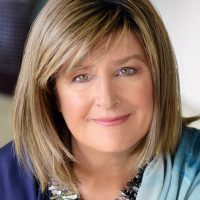
Sam Horn, Founder and CEO of the Intrigue Agency, is on a mission to help people create quality communications that add value for all involved. Her 3 TEDx talks and 9 books – including Washington Post bestseller Got Your Attention?, ConZentrate, POP! and What’s Holding You Back?- have been favorably reviewed in Publishers Weekly and Library Journal and endorsed by Seth Godin, Dr. Stephen Covey, Marshall Goldsmith and Dan Pink. Sam is the originator of the trade-marked communication process called Tongue Fu!, which has been published in 17 languages and taught to schools, associations, government agencies, and corporations. A frequent media resource, Sam’s work has been featured on NPR, in the NY Times, Harvard Business Review (Ascend), Investors Business Daily, and Readers Digest. She’s been interviewed on top-ranked podcasts including John Lee Dumas’ Entrepreneur on Fire and on every major network, including NBC’s Tonight Show and To Tell the Truth … where she and her Tongue Fu! team stumped the panel. Sam has had the privilege of speaking to more than a half million people worldwide and for hundreds of organizations including NASA, National Geographic, Accenture, Cisco, Intel, American Bankers Assn. YPO, Capital One, Four Seasons Resorts, Asian Leadership Conference, Ernst Young, and Nationwide and at events in Geneva, Seoul, Berlin, London, Beijing, Dublin, and Amsterdam. Connect with Sam on LinkedIn.
